
March 27, 2024
Life Story of Famous People
Short Bio » Politician » George Washington


George Washington
George Washington was the first President of United States of America. He is also known as one of the Founding Fathers of United States. He has his face imprinted on the Mount Rushmore. George Washington is often called “Father of The Nation” in America.
George Washington was born to a wealthy family in Colonial Virginia on February 22, 1732. His family was into tobacco business. His father was Augustine Washington. He owned hundreds of slaves throughout his lifetime. He wanted to abolish slavery later on. His father died when he was 11. His older brother became the head of the family.
In 1755, George Washington became the Commander of Virginia Regiment. He married Martha Dandridge Custis in 159. She was the wealthy widow of Daniel Parke Custis. He was now one of the richest man in Virginia. Washington lived an aristocratic lifestyle. He liked to attend parties and dancing. He imported luxurious goods from England. In 1775 he became the Commander of the Continental Army in the American Revolution. Historian John Shy said that by 1783 George Washington was a mediocre military strategist. But he also said that he became a master political tactician.
December 23, 1783, George Washington resigned his as commander-in-chief. King George III called George Washington “the greatest character of his age”. However, his retirement was short-lived. George Washington attended the Constitutional Convention in 1987. He was unanimously elected as the First President of United States of America in 1789. He was also elected again in 1792. John Adams was his Vice-President. He was paid a yearly sum of $25,000. He originally declined the salary because of the reputation of being a public servant. He preferred the title Mr. President over the other majestic names proposed. Washington thus began the rise of the great nation known today as the United States of America.
George Washington retired from the presidency in March 1797. He returned to Mount Vernon with after that. Washington Served as the senior officer of the United States Army in 1798. George Washington died around 10 p.m. on December 14, 1799. He was aged 67 at the time of his death. George Washington’s last word was “Tis Well”. Cynanche trachealis was reported to be the reason for his death.
Fans Also Viewed

Published in Politician and President

More Celebrities
- History Classics
- Your Profile
- Find History on Facebook (Opens in a new window)
- Find History on Twitter (Opens in a new window)
- Find History on YouTube (Opens in a new window)
- Find History on Instagram (Opens in a new window)
- Find History on TikTok (Opens in a new window)
- This Day In History
- History Podcasts
- History Vault
George Washington
By: History.com Editors
Updated: February 7, 2024 | Original: October 29, 2009

George Washington (1732-99) was commander in chief of the Continental Army during the American Revolutionary War (1775-83) and served two terms as the first U.S. president, from 1789 to 1797. The son of a prosperous planter, Washington was raised in colonial Virginia. As a young man, he worked as a surveyor then fought in the French and Indian War (1754-63).
During the American Revolution, he led the colonial forces to victory over the British and became a national hero. In 1787, he was elected president of the convention that wrote the U.S. Constitution. Two years later, Washington became America’s first president. Realizing that the way he handled the job would impact how future presidents approached the position, he handed down a legacy of strength, integrity and national purpose. Less than three years after leaving office, he died at his Virginia plantation, Mount Vernon, at age 67.
George Washington's Early Years
George Washington was born on February 22, 1732 , at his family’s plantation on Pope’s Creek in Westmoreland County, in the British colony of Virginia , to Augustine Washington (1694-1743) and his second wife, Mary Ball Washington (1708-89). George, the eldest of Augustine and Mary Washington’s six children, spent much of his childhood at Ferry Farm, a plantation near Fredericksburg, Virginia. After Washington’s father died when he was 11, it’s likely he helped his mother manage the plantation.
Did you know? At the time of his death in 1799, George Washington owned some 300 enslaved people. However, before his passing, he had become opposed to slavery, and in his will, he ordered that his enslaved workers be freed after his wife's death.
Few details about Washington’s early education are known, although children of prosperous families like his typically were taught at home by private tutors or attended private schools. It’s believed he finished his formal schooling at around age 15.
As a teenager, Washington, who had shown an aptitude for mathematics, became a successful surveyor. His surveying expeditions into the Virginia wilderness earned him enough money to begin acquiring land of his own.
In 1751, Washington made his only trip outside of America, when he traveled to Barbados with his older half-brother Lawrence Washington (1718-52), who was suffering from tuberculosis and hoped the warm climate would help him recuperate. Shortly after their arrival, George contracted smallpox. He survived, although the illness left him with permanent facial scars. In 1752, Lawrence, who had been educated in England and served as Washington’s mentor, died. Washington eventually inherited Lawrence’s estate, Mount Vernon , on the Potomac River near Alexandria, Virginia.
An Officer and Gentleman Farmer
In December 1752, Washington, who had no previous military experience, was made a commander of the Virginia militia. He saw action in the French and Indian War and was eventually put in charge of all of Virginia’s militia forces. By 1759, Washington had resigned his commission, returned to Mount Vernon and was elected to the Virginia House of Burgesses, where he served until 1774. In January 1759, he married Martha Dandridge Custis (1731-1802), a wealthy widow with two children. Washington became a devoted stepfather to her children; he and Martha Washington never had any offspring of their own.
In the ensuing years, Washington expanded Mount Vernon from 2,000 acres into an 8,000-acre property with five farms. He grew a variety of crops, including wheat and corn, bred mules and maintained fruit orchards and a successful fishery. He was deeply interested in farming and continually experimented with new crops and methods of land conservation.
George Washington During the American Revolution
Washington proved to be a better general than military strategist. His strength lay not in his genius on the battlefield but in his ability to keep the struggling colonial army together. His troops were poorly trained and lacked food, ammunition and other supplies (soldiers sometimes even went without shoes in winter). However, Washington was able to give them direction and motivation. His leadership during the winter of 1777-1778 at Valley Forge was a testament to his power to inspire his men to keep going.
By the late 1760s, Washington had experienced firsthand the effects of rising taxes imposed on American colonists by the British and came to believe that it was in the best interests of the colonists to declare independence from England. Washington served as a delegate to the First Continental Congress in 1774 in Philadelphia. By the time the Second Continental Congress convened a year later, the American Revolution had begun in earnest, and Washington was named commander in chief of the Continental Army.
Over the course of the grueling eight-year war, the colonial forces won few battles but consistently held their own against the British. In October 1781, with the aid of the French (who allied themselves with the colonists over their rivals the British), the Continental forces were able to capture British troops under General Charles Cornwallis (1738-1805) in the Battle of Yorktown . This action effectively ended the Revolutionary War and Washington was declared a national hero.
America’s First President
In 1783, with the signing of the Treaty of Paris between Great Britain and the U.S., Washington, believing he had done his duty, gave up his command of the army and returned to Mount Vernon, intent on resuming his life as a gentleman farmer and family man. However, in 1787, he was asked to attend the Constitutional Convention in Philadelphia and head the committee to draft the new constitution . His impressive leadership there convinced the delegates that he was by far the most qualified man to become the nation’s first president.
At first, Washington balked. He wanted to, at last, return to a quiet life at home and leave governing the new nation to others. But public opinion was so strong that eventually he gave in. The first presidential election was held on January 7, 1789, and Washington won handily. John Adams (1735-1826), who received the second-largest number of votes, became the nation’s first vice president. The 57-year-old Washington was inaugurated on April 30, 1789, in New York City. Because Washington, D.C. , America’s future capital city wasn’t yet built, he lived in New York and Philadelphia. While in office, he signed a bill establishing a future, permanent U.S. capital along the Potomac River—the city later named Washington, D.C., in his honor.
George Washington’s Accomplishments
The United States was a small nation when Washington took office, consisting of 11 states and approximately 4 million people, and there was no precedent for how the new president should conduct domestic or foreign business. Mindful that his actions would likely determine how future presidents were expected to govern, Washington worked hard to set an example of fairness, prudence and integrity. In foreign matters, he supported cordial relations with other countries but also favored a position of neutrality in foreign conflicts. Domestically, he nominated the first chief justice of the U.S. Supreme Court , John Jay (1745-1829), signed a bill establishing the first national bank, the Bank of the United States , and set up his own presidential cabinet .
His two most prominent cabinet appointees were Secretary of State Thomas Jefferson (1743-1826) and Secretary of the Treasury Alexander Hamilton (1755-1804), two men who disagreed strongly on the role of the federal government. Hamilton favored a strong central government and was part of the Federalist Party , while Jefferson favored stronger states’ rights as part of the Democratic-Republican Party, the forerunner to the Democratic Party . Washington believed that divergent views were critical for the health of the new government, but he was distressed at what he saw as an emerging partisanship.
George Washington’s presidency was marked by a series of firsts. He signed the first United States copyright law, protecting the copyrights of authors. He also signed the first Thanksgiving proclamation, making November 26 a national day of Thanksgiving for the end of the war for American independence and the successful ratification of the Constitution.
During Washington’s presidency, Congress passed the first federal revenue law, a tax on distilled spirits. In July 1794, farmers in Western Pennsylvania rebelled over the so-called “whiskey tax.” Washington called in over 12,000 militiamen to Pennsylvania to dissolve the Whiskey Rebellion in one of the first major tests of the authority of the national government.
Under Washington’s leadership, the states ratified the Bill of Rights , and five new states entered the union: North Carolina (1789), Rhode Island (1790), Vermont (1791), Kentucky (1792) and Tennessee (1796).
In his second term, Washington issued the proclamation of neutrality to avoid entering the 1793 war between Great Britain and France. But when French minister to the United States Edmond Charles Genet—known to history as “Citizen Genet”—toured the United States, he boldly flaunted the proclamation, attempting to set up American ports as French military bases and gain support for his cause in the Western United States. His meddling caused a stir between Federalists and Democratic-Republicans, widening the rift between parties and making consensus-building more difficult.
In 1795, Washington signed the “Treaty of Amity Commerce and Navigation, between His Britannic Majesty; and The United States of America,” or Jay’s Treaty , so-named for John Jay , who had negotiated it with the government of King George III . It helped the U.S. avoid war with Great Britain, but also rankled certain members of Congress back home and was fiercely opposed by Thomas Jefferson and James Madison . Internationally, it caused a stir among the French, who believed it violated previous treaties between the United States and France.
Washington’s administration signed two other influential international treaties. Pinckney’s Treaty of 1795, also known as the Treaty of San Lorenzo, established friendly relations between the United States and Spain, firming up borders between the U.S. and Spanish territories in North America and opening up the Mississippi to American traders. The Treaty of Tripoli, signed the following year, gave American ships access to Mediterranean shipping lanes in exchange for a yearly tribute to the Pasha of Tripoli.
George Washington’s Retirement to Mount Vernon and Death
In 1796, after two terms as president and declining to serve a third term, Washington finally retired. In Washington’s farewell address , he urged the new nation to maintain the highest standards domestically and to keep involvement with foreign powers to a minimum. The address is still read each February in the U.S. Senate to commemorate Washington’s birthday.
Washington returned to Mount Vernon and devoted his attentions to making the plantation as productive as it had been before he became president. More than four decades of public service had aged him, but he was still a commanding figure. In December 1799, he caught a cold after inspecting his properties in the rain. The cold developed into a throat infection and Washington died on the night of December 14, 1799, at the age of 67. He was entombed at Mount Vernon, which in 1960 was designated a national historic landmark.
Washington left one of the most enduring legacies of any American in history. Known as the “Father of His Country,” his face appears on the U.S. dollar bill and quarter, and dozens of U.S. schools, towns and counties, as well as the state of Washington and the nation’s capital city, are named for him.

HISTORY Vault: Washington
Watch HISTORY's mini-series, 'Washington,' which brings to life the man whose name is known to all, but whose epic story is understood by few.

Sign up for Inside History
Get HISTORY’s most fascinating stories delivered to your inbox three times a week.
By submitting your information, you agree to receive emails from HISTORY and A+E Networks. You can opt out at any time. You must be 16 years or older and a resident of the United States.
More details : Privacy Notice | Terms of Use | Contact Us
Home — Essay Samples — Government & Politics — Presidents of the United States — George Washington
Essays on George Washington
What makes a good george washington essay topics.
When it comes to writing an essay about George Washington, choosing a good topic is essential for capturing the reader's interest and conveying a unique perspective on the subject matter. To brainstorm and choose an essay topic, it's important to consider various aspects such as relevance, significance, and originality. A good George Washington essay topic should be thought-provoking, well-researched, and engaging for the reader. When selecting a topic, think about what aspects of George Washington's life, leadership, and legacy you find most compelling. Consider the historical context, his impact on the nation, and his role as a founding father. A good essay topic should also allow for in-depth analysis and critical thinking, providing ample opportunity for exploration and discussion.
Best George Washington Essay Topics
- George Washington's leadership during the Revolutionary War
- The significance of George Washington's Farewell Address
- George Washington's impact on the formation of the U.S. Constitution
- The role of George Washington as the first President of the United States
- George Washington's stance on slavery and its implications
- The relationship between George Washington and other founding fathers
- George Washington's legacy and lasting influence on American politics
- The portrayal of George Washington in popular culture and media
- George Washington's contributions to the development of the American identity
- The myth vs. reality of George Washington's character and leadership
- George Washington's military strategy and tactics during the Revolutionary War
- The personal life and family of George Washington
- George Washington's vision for the future of the United States
- The economic policies of George Washington's presidency
- The foreign policy challenges faced by George Washington
- George Washington's relationship with Native American tribes
- The impact of George Washington's presidency on the development of political parties
- George Washington's role in shaping the executive branch of the U.S. government
- The significance of Mount Vernon in the life of George Washington
- George Washington's influence on the formation of the American military
George Washington essay topics Prompts
- Imagine you are George Washington. Write a letter to a fellow founding father discussing the challenges and opportunities of leading a young nation.
- Create a dialogue between George Washington and a contemporary political figure, discussing the principles of leadership and governance.
- Design a museum exhibition dedicated to George Washington's life and legacy. What artifacts, documents, and interactive elements would you include to tell his story?
- Write an alternative history essay exploring what might have happened if George Washington had not become the first President of the United States.
- Interview a historian or expert on George Washington and write an article that conveys their insights and knowledge about his impact on American history.
George Washington Character Traits
The life, presidency and accomploshments of george washington, made-to-order essay as fast as you need it.
Each essay is customized to cater to your unique preferences
+ experts online
George Washington – The Founding Father
The importance of george washington for america, the contributions of george washington to the american victory over the british empire, analysis of george washington's farewell address, let us write you an essay from scratch.
- 450+ experts on 30 subjects ready to help
- Custom essay delivered in as few as 3 hours
Farewell Address - The Final George Washington's Request to American Society
George washington's farewell address and last advices, washington’s farewell address analysis, foundihg fathers of freedom, get a personalized essay in under 3 hours.
Expert-written essays crafted with your exact needs in mind
American Government: Madison's and Washington's Performance
What influenced the patriots' win in the revolutionary war, summary of george washingtons farewell address, relevant topics.
- Abraham Lincoln
- Andrew Jackson
- Barack Obama
- Thomas Jefferson
- Franklin D. Roosevelt
- John F. Kennedy
- James Madison
- Electoral College
By clicking “Check Writers’ Offers”, you agree to our terms of service and privacy policy . We’ll occasionally send you promo and account related email
No need to pay just yet!
We use cookies to personalyze your web-site experience. By continuing we’ll assume you board with our cookie policy .
- Instructions Followed To The Letter
- Deadlines Met At Every Stage
- Unique And Plagiarism Free
Help inform the discussion
George Washington: Impact and Legacy
From the moment Washington announced his retirement, the American people have remembered him as one of the greatest presidents in the nation’s history. The name of the Capitol City, the Washington Monument, his inclusion on Mount Rushmore, and his regular place near the top of presidential polls attests to the strength of his legacy. Indeed, generations of Americans have used Washington’s uniquely popular memory for their own political purposes. Most notably, after the Civil War, northerners and southerners valorized Washington and the founding era as a shared history they could both celebrate.
There is much to honor in Washington’s legacy. He was the only person who could have held the office in 1789. He was the most famous American, the only one with enough of a national platform to represent the entire country and overwhelmingly trusted by the populous. Americans knew they could trust him to wield immense power because he had already done so once during the Revolution and willingly gave it up.
The trust and confidence Washington inspired made possible the creation of the presidency and helped establish the executive branch. Once in office, he cultivated respect for the presidency, regularly exhibited restraint in the face of political provocations, and attempted to serve as a president for all citizens (which admittedly meant white men). He was always mindful of the principles of republican virtue, namely self-sacrifice, decorum, self-improvement, and leadership. Our modern notions that the president should be held to higher standards and the office carries a certain level of respect and prestige began with Washington’s careful creation of the position.
Washington also left an inveterate imprint on the political process, especially through his formation of the cabinet. Every president since Washington has worked with a cabinet, and each president crafts their own decision-making process. They select their closest advisors and determine how they will obtain advice from those individuals. Presidents might choose to consult friends, family members, former colleagues, department secretaries, or congressmen, and the American people and Congress have very little oversight over those relationships. Some presidents, like Abraham Lincoln and Franklin D. Roosevelt, flourish with the flexibility; others, including James Madison and John F. Kennedy, find their administrations undermined by domineering advisors or cabinets. That legacy is a direct result of Washington’s cabinet.
Washington’s decision to step away from power, again, solidified his legacy and had a powerful impact on the future of the presidency. All his successors, until Franklin D. Roosevelt, willingly followed his example of retiring after two terms, and the 22 nd Amendment made sure that no future president can serve more than two terms. More importantly, Washington recognized the structural importance of leaving office willingly. He knew that Americans needed to learn how to elect, transition, and inaugurate a new president. That process was fraught with potential missteps, and Washington concluded that it would go more smoothly if it was planned, rather than haphazardly done after an unexpected death. Washington understood how much of the political process is based on norm and custom, and that those had to start with his example.
For all these achievements, and there are many, recently Washington’s legacy lost a bit of its sparkle as Americans grapple with his personal failures. Of the many political choices in his long career, Washington’s decisions in retirement were perhaps his worst. In 1798, Congress created the Provisional Army as the Quasi-War with France accelerated. President John Adams asked Washington to come out of retirement one more time to lead the army.
Washington reluctantly agreed but extracted two promises. First, he wanted to stay at Mount Vernon until a French invasion. Second, Washington insisted on naming his subordinate officers who would manage the army in his absence. When Adams reluctantly caved, Washington named Alexander Hamilton as his deputy. Hamilton and Adams hated each other, and Washington knew it. By forcing these concessions, Washington undermined the presidency and civilian authority over the army. As Commander-in-Chief of the Continental Army, Washington had studiously upheld Congress’s authority. His failure to make the same choice in his retirement is often overlooked but should be viewed with considerable criticism.
However, Washington’s ownership of enslaved humans is by far the most challenging part of his legacy. To be sure, Washington’s ideas about slavery and the potential for Black emancipation evolved over his lifetime. He did free the enslaved people he owned in his will, which is much more than most people in his generation. This commitment required decades-long planning to leave his estate unencumbered by debt which could only be reduced through the sale of enslaved individuals. And he did so in the face of resistance from other Virginians, including his wife. When the terms of Washington’s will were published, the emancipation of his enslaved community sent ripples through the country. He had issued a forceful statement about the morality of slavery from the grave.
Yet, Washington clearly benefitted from exploiting enslaved people. And by the end of his life, he knew the institution was wrong and could have done more to end it. Washington pursued enslaved people who escaped when he could have left them to their freedom. He could have freed the enslaved people he owned during his lifetime but elected to enjoy the fruits of their labor until his last days. He also chose not to deprive Martha of that care either, which is why the enslaved people he owned were not to be freed until her death.
On a public scale, Washington could have made the terms of his will public before his death or spoken against slavery while he was alive. His words would have had an enormous impact—which is perhaps why he remained silent. Washington worried that if he forced the issue, southern states would secede from the Union. There will be no way to know if he was right or if these concerns were correct. But much of Washington’s lifestyle and personal wealth were dependent on slavery, and that must be considered a part of his legacy.

Lindsay M. Chervinsky
Senior Fellow The Center for Presidential History Southern Methodist University
More Resources
George washington presidency page, george washington essays, life in brief, life before the presidency, campaigns and elections, domestic affairs, foreign affairs, life after the presidency, family life, impact and legacy (current essay).
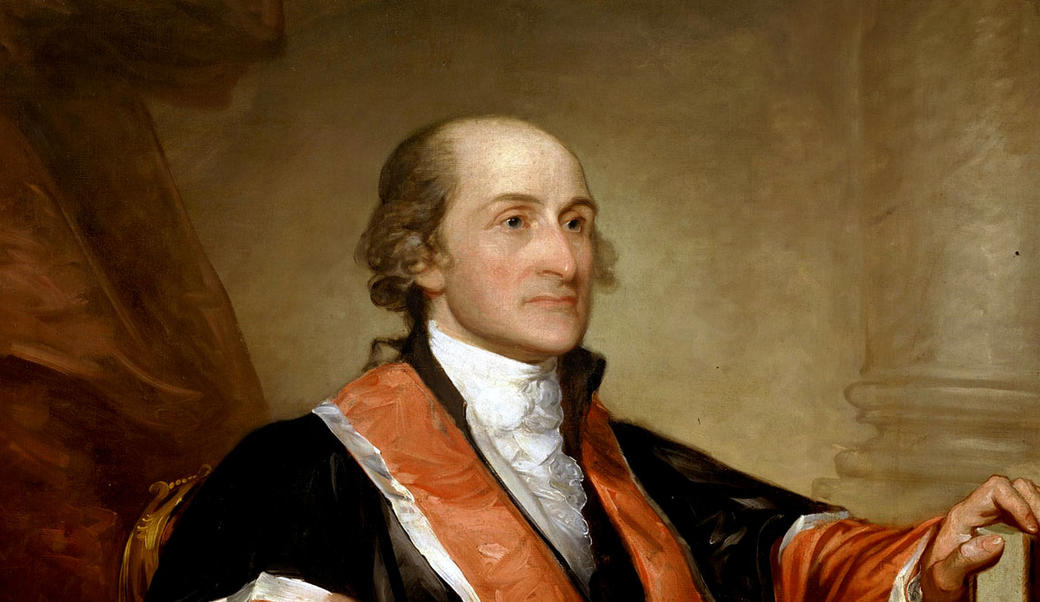
Premium Content

- HISTORY MAGAZINE
President George Washington: Calm, Cool, and Collected Commander in Chief
Patient, modest, and deliberate: George Washington gave the United States the steady hand necessary to guide it through a revolutionary birth and its tumultuous early years.
"First in war, first in peace, and first in the hearts of his countrymen.” That famous description of George Washington by his friend and fellow patriot Henry “Light Horse Harry” Lee is probably still the best summation of the man who, over a hard but resolute lifetime, became the savior of a war and the father of a country. Washington’s earliest ambitions, though, aimed more at the prosaic than the glorious. He probably imagined nothing better than following in the footsteps of his father, Augustine, who had been an ambitious Virginia planter and merchant. Augustine was hardly a major player in the hierarchical world of the aristocracy, but he was nonetheless a bona fide member of the gentry. George was the eldest son of Augustine’s second wife, Mary, who was not, and at no point aspired to be gentry.
Washington's War for Independence

When George was just 11, Augustine died, leaving his younger children in the hands of Mary, a domineering, pious, possibly pipe-smoking woman who ran her farm with a firm hand and read daily to her children from Contemplations Moral and Divine . Though George’s two older stepbrothers, then grown, had been sent to the fine schools required of the Virginia gentry, George had no resources for that, and Mary, in any case, had no interest in investing in her eldest son’s education. Indeed the two clashed their entire lives, and some biographers speculate that George modeled himself after everything that his mother was not.
Devoted to the Nation

Feb. 22, 1732 George Washington is born in a modest house at Popes Creek, Westmoreland County, Virginia. His father, Augustine, is a plantation owner who dies when George is 11.
June 15, 1775 Having served with distinction in the French and Indian War, Washington is appointed as commander-in-chief of the Continental Army that was created the day before.
Dec. 23, 1783 Washington resigns his commission as commander-in-chief, having transformed the Continental Army into an effective fighting force and led the troops to victory over the British.
Apr. 30, 1789 Despite not actively seeking the candidacy, Washington is unanimously elected as the first president of the United States under the Constitution. He serves two terms but refuses a third.
Dec. 14, 1799 Washington dies suddenly after contracting an acute infection while touring his estates in the winter. The nation goes into mourning. Foreign governments, including Britain, pay homage.
Apparently determined to better himself from a young age, George found mentors among the gentry and emulated their ways. He also copied by hand the Rules of Civility & Decent Behavior in Company and Conversation . These 110 rules had been conceived by French Jesuits as a teaching tool almost a century and a half before, dealing with everything from table manners to posture to facial expressions to gossip. Despite their stuffy formality, George seems to have internalized them because they echoed through his behavior for the rest of his life. As a young man, George impressed the colonial power-brokers of British Virginia, who made him a surveyor of western lands and an officer with the British during the French and Indian War. He first saw battle in his very early twenties, and he learned that he liked it. As far away as Britain, the young colonel’s calm and courage under fire was appreciated, with a London gazette running a line from one of his letters: “I have heard the bullets whistle; and believe me, there is something charming in the sound.”
Mount Vernon

But Washington had also experienced other aspects of war—the meddling of politicians and the disdain of the British for the American officers. By 1758 he was tired of it all. Resigning his commission, he enthusiastically took up the life of a Virginia planter.
Washington had been renting a family farm in Northern Virginia from the widow of his older half-brother Lawrence, who died in 1752. Following the death of his sister-in-law, Washington officially inherited Mount Vernon in 1761. Situated on the broad Potomac, Mount Vernon was one of the great loves of Washington’s life.

As he began ambitious improvements to the plantation, he became involved with a wealthy young widow, Martha Dandridge Custis. The two were soon married. Washington had been infatuated before, but Martha proved a perfect life partner and comfort to the reserved, driven, and often overburdened Washington.
Along with the wealth and social standing that Martha brought to the marriage, she also came with two young children, who Washington cherished as his own. He settled easily into the life of a respected planter and enjoyed days spent with his family, improving the farm, fishing, hunting (particularly fox hunting), riding, feasting, dancing, and generally reveling in the style of the Virginia aristocracy. He no doubt assumed he would end his days at Mount Vernon as a British citizen.
The Coming Revolution
That, of course, was not to be. Like his fellow Virginians in the House of Burgesses, Washington became increasingly disillusioned with George III and his colonial minions. At this time British America was composed of 13 disparate colonies ruled by 13 legislatures, each committed to its own culture, economy, and often religion.“Fire and water are not more heterogeneous than the different colonies of North America,” one British traveler had pronounced. Together, they were home to a million and a half people, the population doubling roughly every 20 years. They were Britons at heart, but of many varieties: long-established colonial families, recent immigrants, and indentured servants. Enslaved African-Americans lived throughout the colonies with large concentrations in the Chesapeake region and the South, where an aristocracy evolved because of their labor. Washington frankly aspired to become part of the elite and had speculated on wild land to the west. He saw his investment fade with the royal Proclamation of 1763, which banned westward migration in an attempt to fend off more Indian wars and control the cost of America to the Crown.
British War Debt

Washington fought in the French and Indian war which was part of the larger Seven Years’ War that raged across Europe from 1756-1763. Britain emerged from it with an empire greater than any the West had known since Rome. Its holdings in the New World, shown above, had more than doubled, but managing them proved an expensive business. To try and cover the costs, the British began to levy a series of taxes on the colonists that only added to the distress caused by a post-war bust in the economy. As the decade progressed, the loyal Britons of America, Washington among them, began to question their commitment to the motherland.
Yet through the 1760s, as he supported protests against British taxes, Washington also dined with the royal governor and assumed, as did most of his landed countrymen, that the British would be reasonable. By 1774 he had changed his mind.“The measures which [the British] administration hath for sometime been, and now are, most violently pursuing are repugnant to every principle of natural justice,” he wrote to a friend. In the course of a decade, Washington had become a full-throated patriot and one of Virginia’s seven elected delegates to the First Continental Congress. In August 1774, he left Mount Vernon for Philadelphia with fellow delegates Patrick Henry and Edmund Pendleton. Martha saw them off. “I hope you will stand firm,” she told Henry and Pendleton, adding, “I know George will.”
The six-foot-two-inch Washington had a way of affecting other men simply by his bearing, and the other delegates to Congress were duly impressed, seeing in him the reassuring promise of a true military commander. And that was clearly what Washington wanted them to see. He was not a fiery or inspired speaker nor was he an intellect, but he was confident that he could command men.
He got his chance a year later, when the Second Continental Congress appointed him commander-in-chief of the Continental Army. John Adams championed him for the position, and Abigail Adams described him in this way: “Dignity with ease and complacency—the gentleman and soldier look agreeably blended in him. Modesty marks every line and feature of his face.”
Pen Inspires the Sword

Thomas Paine was an admirer of Washington and spent the desperate autumn of 1776 as an aide-de-camp in the field. Though brave, Paine was no soldier. But his brief time with the army and Washington no doubt inspired him as he wrote the opening to his American Crisis—“These are the times that try men’s souls. The summer soldier and the sunshine patriot will, in this crisis, shrink from the service of their country.” In late December 1776, with the revolution on the verge of collapse, enlistments about to expire, and “summer soldiers” waiting to depart, Washington ordered Paine’s essay read to his men. Two days later, their surprise attack on Trenton, New Jersey, revived the American taste for war and the commitment to fight on.
Certainly, Washington exuded modesty when he addressed Congress with what sounded like a protestation at his appointment, “I beg it may be remembered by every gentleman in the room, that I this day declare with the utmost sincerity, I do not think myself equal to the command I am honored with.” He may have been overwhelmed by the appointment, but he had also wanted it. And now, for better or worse, he had it.
You May Also Like

The incredible details 'Masters of the Air' gets right about WWII

What was Leonard Bernstein and JFK's friendship really like?

Two tragedies: Why Jackie Kennedy was already mourning before JFK's fatal visit to Dallas
Washington at war.
In early July he arrived in Cambridge to meet his “army,” finding an obstreperous, disorganized gaggle of New England militiamen, most hardscrabble farmers and small-time merchants, holding the British army at bay in Boston. Washington was determined to impose the discipline of a true army on these “exceedingly dirty and nasty people.” He also sought to protect them from themselves, putting in place hygiene practices to ward against the diseases that plagued military camps. Despite his initial private disdain, he moved tirelessly and confidently among them, understanding, even if they did not, how precarious the American military was.

If that summer tested Washington, it was only a small taste of what was to come. By 1776 he and his men were in a struggle for survival, yielding battle after battle to the British in New York. By year’s end, Washington had lost more than half of what had been, at best, an army cobbled together. Congress had essentially turned its back on him, and his closest confidantes and officers had intrigued against him, complaining of his inability to lead.
In fact, he had been indecisive and overly deferential, and now his army was in danger of collapse, as enlistment periods ended and desertion grew. “No man, I believe, ever had a greater choice of difficulties and less means to extricate himself from them,” he wrote to his brother Jack in late autumn. Yet, in spite of his own despondency, Washington rallied, understanding that if he did not turn the tide somehow, the Revolution would be a short-lived disaster. And so on a bitter cold Christmas night, Washington famously led his broken, barefoot army from their winter camp at Valley Forge, crossing the Delaware River to attack Trenton, New Jersey. The American victory there was small but profound, reinvigorating Washington, his forces, and the patriotic cause—at least for a few months.
For the next four years, Washington battled on, carping at Congress to feed and supply his men, fending off attacks on his own leadership, and all the while keeping an eye firmly on the enemy. Gradually, he learned to fight the British more strategically, using local militia to harass them and avoiding “a general action” that would “put anything at Risque [sic].”

His men came to revere him for his courage, calm, determination, and, above all, for being at their side battle after battle, march after march, year after grueling year. The Philadelphia patriot Benjamin Rush once declared that Washington had “so much martial dignity in his deportment that you would distinguish him to be a general and a soldier from among 10,000 people. There is not a king in Europe that would not look like a valet de chambre by his side.”
Peace at Last
By 1781 Washington’s resolve had triumphed over the British, and two years later America could officially claim her hard-won independence. By then Washington was more icon than man to most of the world. One Dutch merchant who caught sight of him as he rode through Philadelphia with a contingent of light cavalry, wrote to his wife, “I saw the greatest man who has ever appeared on the surface of this earth... I don’t know if, in our delight at seeing the hero, we were more surprised by his simple but grand air or by the kindness of the greatest and best of heroes.”
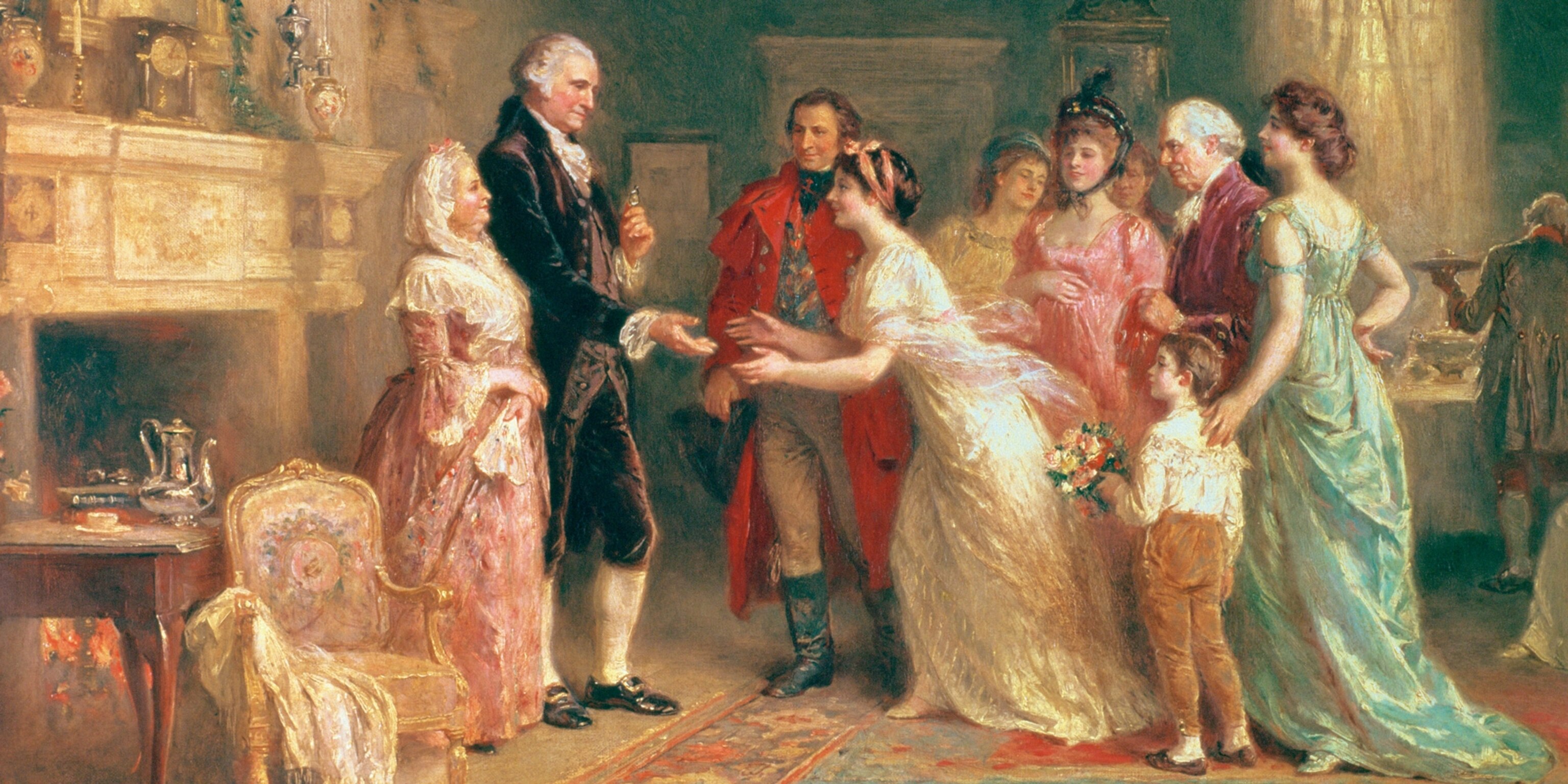
But the war had taken its toll. At 51 Washington was no longer the vigorous athletic man he had been. He wore crude, ill-fitting dentures of human teeth and ivory that hooked onto his one remaining tooth and made his gums ache. His great consolation was that he could at last settle down at Mount Vernon with his family and live out his days with his “mind... unbent,” gliding “down the stream of life till I come to that abyss from whence no traveler is permitted to return.”
And for just a few years Washington was indeed allowed the life of an unbent mind, reveling in his daily routine as a planter, coming up with strategies to improve the operations and production of Mount Vernon and his other nearby farms, neglected over the nine years of his absence. He and Martha also entertained an endless stream of visitors, many of them strangers who came to pay homage to America’s hero.
Washington and the Constitution

Having led the colonies to independence, Washington found himself again on the battlefront as the new nation began to form itself. It became obvious in the post-war years that the Articles of Confederation were no more than a toothless agreement between the states as conflicts erupted over trade, territory, waterways, and mutual protection. Washington tried to resolve one such dispute himself—over navigation rights to the Potomac. His talks, held at Mount Vernon in 1785, were a success and encouraged further cooperation among states. Four years later, Washington became the steadfast anchor around which endless arguments swirled about the nature and need for a new constitution (above). Though a Federalist with an eye to industry and infrastructure for a united country, Washington sat sphinxlike during the Philadelphia talks. These resulted in a constitution and a new role for Washington—not king, but president of the still fractious and embryonic United States.
Return to the Limelight
But Washington’s destiny was entwined with the new nation’s too completely to allow him escape. He watched its growing pains with the cautious eye of a concerned parent and, at the same time, he unobtrusively tended his own image, guarding it for posterity and holding himself in abeyance, in case he should be needed again. By 1787 he was back on the public stage and again on his way to Philadelphia, as he had been 40 years before, this time as a delegate to the Constitutional Convention. He was quickly elected its president and within two years president of the new nation. He expected “that at a convenient and an early period my services might be dispensed with and that I might be permitted once more to retire.” But the “early period” dragged into eight years, as the former patriots argued and debated among themselves over America’s character and future.
Finally, in 1796, Washington refused to continue into a third term. This granted him barely three years of his own happiness at Mount Vernon. In mid-December 1799, after spending a cold, wet day touring his farms on horseback, he began to suffer a sore throat but he kept to his routines. Two days later he was gone. In his farewell address to the nation, he had assured his fellow citizens that “I shall carry... with me to my grave... unceasing vows that heaven may continue to you the choicest tokens of its beneficence; that your union and brotherly affection may be perpetual; that the free Constitution, which is the work of your hands, may be sacredly maintained; that its administration in every department may be stamped with wisdom and virtue; that, in fine, the happiness of the people of these States, under the auspices of liberty, may be made complete.”
Related Topics
- PRESIDENTS OF THE UNITED STATES
- HISTORY AND CIVILIZATION
- MODERN HISTORY
- AMERICAN REVOLUTION

The Devil went down to … New Jersey?

Why the Washington Monument was once a national embarrassment

General Grant's surprising rise from cadet to commander

The story of Turtle, one of the world's first submersibles

MLK and Malcolm X only met once. Here’s the story behind an iconic image.
- History & Culture
- Photography
- Environment
- Paid Content
History & Culture
- Women's History Month
- History Magazine
- Women of Impact
- Mind, Body, Wonder
- Terms of Use
- Privacy Policy
- Your US State Privacy Rights
- Children's Online Privacy Policy
- Interest-Based Ads
- About Nielsen Measurement
- Do Not Sell or Share My Personal Information
- Nat Geo Home
- Attend a Live Event
- Book a Trip
- Inspire Your Kids
- Shop Nat Geo
- Visit the D.C. Museum
- Learn About Our Impact
- Support Our Mission
- Advertise With Us
- Customer Service
- Renew Subscription
- Manage Your Subscription
- Work at Nat Geo
- Sign Up for Our Newsletters
- Contribute to Protect the Planet
Copyright © 1996-2015 National Geographic Society Copyright © 2015-2024 National Geographic Partners, LLC. All rights reserved
U.S. Presidents
George washington.
First president of the United States
The son of a landowner and planter, George Washington was born on February 22, 1732, in the British-ruled colony of Virginia . His father died when he was 11, and his older brother, Lawrence, helped raise him. Washington was educated in basic subjects including reading, writing, and mathematics, but he didn’t attend college. Not much else is known about his childhood. Stories about his virtues—such as his confession of chopping down his father’s cherry tree—were actually invented by an admiring writer soon after Washington’s death.
During his 20s, he fought as a soldier in the French and Indian War, Great Britain’s fight with France over the Ohio River Valley territory. After the war, Washington returned to Virginia to work as a farmer.
Virginians elected Washington to their colonial legislature, or government, when he was 26. Soon after, he married Martha Dandridge Custis, a wealthy widow with two young children. They settled at Mount Vernon, a family home Washington had inherited.
REVOLUTIONARY WAR HERO
As a government official, Washington spoke out against unfair laws, such as high taxes, during Great Britain’s rule. In 1774 and 1775, he was one of Virginia’s representatives at the First and Second Continental Congresses, a group of representatives from the 13 colonies that would eventually become the United States. The Second Congress helped future third president, Thomas Jefferson , write the Declaration of Independence in July 1776, proclaiming that the 13 colonies were now independent states, no longer under British rule. An army was formed to oppose the British, and Washington was selected to lead it.
For five years, Washington served as the head of the army as the Revolutionary War against the British raged. The British finally surrendered in 1781 at Yorktown, Virginia. Washington was now a hero, seen as an important person who helped the colonies finally gain independence from Great Britain . After the war, Washington retired from the army and returned to private life.
PATH TO PRESIDENCY
After the end of the war, the former colonies operated under the Articles of Confederation, a document that placed most power with the states. For example, each state printed its own money. There was no national leader. The individual states were not supporting each other as one country, and the new nation seemed to be in trouble.
In 1787 state representatives gathered in Philadelphia, Pennsylvania , at the Constitutional Convention to fix these problems. There, the delegates wrote the Constitution of the United States. This document created a strong federal government: two chambers of legislators (also called lawmakers), a federal court system, and a president. The Constitution still serves as the foundation for the United States government today.
Based on the Constitution’s directions, states chose representatives to elect a president. Washington won the vote, making him the first-ever president of the United States. John Adams received the second most votes and became vice president.
SETTING TRADITIONS
As the nation’s first president, Washington set the example for other presidents. He worked out how the nation would negotiate treaties with other countries. He decided how the president would select and get advice from cabinet members. He also established the practice of giving a regular State of the Union speech, a yearly update on how the country is doing. He appointed federal judges and established basic government services such as banks. As president, he also worked hard to keep the new country out of wars with Native Americans and European nations.
During Washington’s time as president, New York City was the nation’s temporary capital; then Philadelphia, Pennsylvania. Although Washington helped plan a permanent national capital, his presidency ended before the federal government moved to the city later named in his honor: Washington, D.C.
LASTING LEGACY
After serving two back-to-back terms as president, Washington retired to Mount Vernon in 1797. He died two years later on December 14, 1799. Washington, who kept one of the largest populations of enslaved people in the country, arranged in his will for them to be freed by the time of his wife’s death. After his death, he was praised as being "first in war, first in peace, and first in the hearts of his countrymen."
• Washington is the only president to have a state named for him. • The first president was so worried about being buried alive, he insisted mourners wait at least three days before burying him. Just in case. • The first president is the only president not to live in the White House.
From the Nat Geo Kids books Our Country's Presidents by Ann Bausum and Weird But True Know-It-All: U.S. Presidents by Brianna Dumont, revised for digital by Avery Hurt
more to explore
(ad) "weird but true know-it-all: u.s. presidents", independence day, (ad) "our country's presidents".
- Terms of Use
- Privacy Policy
- Your California Privacy Rights
- Children's Online Privacy Policy
- Interest-Based Ads
- About Nielsen Measurement
- Do Not Sell My Info
- National Geographic
- National Geographic Education
- Shop Nat Geo
- Customer Service
- Manage Your Subscription
Copyright © 1996-2015 National Geographic Society Copyright © 2015-2024 National Geographic Partners, LLC. All rights reserved

Open 365 days a year, Mount Vernon is located just 15 miles south of Washington DC.

From the mansion to lush gardens and grounds, intriguing museum galleries, immersive programs, and the distillery and gristmill. Spend the day with us!

Discover what made Washington "first in war, first in peace and first in the hearts of his countrymen".

The Mount Vernon Ladies Association has been maintaining the Mount Vernon Estate since they acquired it from the Washington family in 1858.

Need primary and secondary sources, videos, or interactives? Explore our Education Pages!

The Washington Library is open to all researchers and scholars, by appointment only.
10 Things You Really Ought to Know about George Washington
1. washington was mostly self-educated.

Washington portrayed as a young, self-motivated surveyor. (MVLA)
When George Washington’s father died in 1743, there was little money left to support the formal education of 11-year-old George.
Washington’s formal schooling ended by the time he was 15, but his pursuit of knowledge continued throughout his life. He read to become a better soldier, farmer, and president; he corresponded with authors and friends in America and Europe; and he exchanged ideas that fed the ongoing agricultural, social, and political revolutions of his day.
Rules of Civility Washington the Reader
2. He was fearless in battle

George Washington at the Battle of Monmouth by Emanuel Leutze (1857), from the collection of the Monmouth County Historical Association.
With men and officers being shot down all around him, George Washington rode forward to take charge of the collapsing lines at the Battle of the Monongahela on July 9, 1755.
While riding along the ranks looking to steady the men, Washington had two horses shot out from under him and four bullet holes shot through his coat.
At the Battle of Princeton (January 3, 1777), Washington rode forward on his white charger as he led his soldiers in a successful counter-attack against the British. At one point Washington was no more than 30 yards from the British line and was an easy target.
Despite the widespread fears that he would be shot down at any moment, Washington was heard to say to his troops, “Parade with me my fine fellows, we will have them soon!”
French & Indian War 10 Facts about the Battle of Princeton
3. Washington’s bold actions saved the American Revolution, twice

Washington and Lafayette at Valley Forge in the winter of 1777-78. Library of Congress.
After a series of stinging defeats in New York and New Jersey, the Continental Army and the patriot cause seemed near extinction by December 1776.
Most generals would have slipped away to the safety of winter quarters, but Gen. Washington had an entirely different plan in mind.
His bold counterstroke across the ice-choked Delaware River on December 25, 1776, led to three successive battlefield victories and a stunning strategic reversal which bolstered American morale and saved the new nation.
With the Revolution once again on the brink of defeat in early 1781, Washington embarked on a risky march south to surround and attack Lord Cornwallis’ British army at Yorktown, Virginia . Washington’s victory at Yorktown in October 1781 proved to be the decisive battle of the war.
Video: Crossing the Delaware Video: Yorktown Revolutionary War
4. He never abused power

“General George Washington Resigning His Commission to Congress As Commander in Chief of the Army at Annapolis, Maryland, December 23d, 1783,” John Trumbull, oil on canvas, Commissioned 1817, purchased 1824. Image courtesy of Architect of the Capitol.
While Washington is best known for the positions he held, both as a general and president, it is his willingness to surrender power that may be his most important legacy.
On December 23, 1783, Washington strode into the Maryland State House in Annapolis and surrendered his military commission to Congress—thereby affirming the principle of civilian control of the military.
When King George III heard that Washington would surrender his commission, he reportedly said that if "He did [this] He would be the greatest man in the world."
As president, in a time when there were no term limits and many would have supported a lifetime role, Washington stepped down after the end of his second term—setting an important precedent that lasted until the middle of the 20th century.
Lessons in Leadership
5. Washington owned more than 50,000 acres and was an ardent promoter of westward expansion

George Washington, depicted as a young surveyor. Painting by Henry Hintermeister, 1948. Wikimedia.
Washington owned more than 50,000 acres in the western portions of Virginia and what is now West Virginia, as well as in Maryland, Pennsylvania, New York, Kentucky, and the Ohio country.
Long before Lewis and Clark set forth on their journey westward, Washington had a keen appreciation for how an expansion into western territory would not only enrich the new nation, but also help to better knit the country together.
By linking the headwaters of the west-flowing Ohio and the east-flowing Potomac, Washington envisioned a continental transportation system that would allow the future produce of the Ohio Valley to flow easily to Atlantic ports.
Even Washington’s choice to place the national capital along the banks of the Potomac was designed to reinforce this westward-looking view.
Washington and the West Washington’s World Map
6. Washington loved parties and was an excellent dancer

“The Republican Court (Lady Washington's Reception Day), 1861.” Daniel Huntington (American, 1816-1906). Brooklyn Museum, Gift of the Crescent-Hamilton Athletic Club.
Many see Washington as a stoic and unapproachable figure, but in reality he was a man who loved entertainment and the company of others.
There are many accounts of his dancing late into the night at various balls, cotillions, and parties. He loved theater and attended plays of all sorts throughout his life.
And during a time where stiff 18th-century formality pervaded relations between the sexes, Washington was known as an interested and engaged communicator with women.
DANCING WITH GENERAL WASHINGTON A Love Letter
7. Washington was the first to sign the United States Constitution

Washington delivering his inaugural address April 1789, in the old city hall, New-York / painted by T.H. Matteson. Library of Congress.
During the American Revolution, George Washington witnessed firsthand the serious shortcomings of the Articles of Confederation .
In 1787, Washington traveled to Philadelphia to attend a convention assembled to recommend changes to the Confederation. He was unanimously chosen to preside over the Constitutional Convention , a job that took four months.
He spoke very little in the convention, but few delegates were more determined to devise a government endowed with real energy and authority. And as the president of the convention, Washington was given the privilege of being the first to add his name to this governing document.
VIDEO: WASHINGTON AND THE CONSTITUTION
Justice Kennedy on Washington
8. He was unanimously elected president, twice

“Washington's Inauguration at Philadelphia.” Painting by Jean Leon Gerome Ferris (1863–1930). Library of Congress.
Washington’s leadership during the Revolution and Constitutional Convention , unimpeachable character, and his demonstrated willingness not to abuse power made him the ideal presidential candidate.
Even his lack of biological children eliminated the concerns of some who worried about the establishment of an American monarchy.
During the first election in 1789 , Washington won the electors of all ten eligible states. In 1792 , Washington received all 132 electoral votes, winning each of the fifteen states.
10 Facts about Washington’s Presidency
9. Washington was a true agricultural innovator and pioneer

"Life of George Washington," by Junius Brutus Stearns, 1853. Library of Congress.
Throughout his life, Washington exhibited a keen interest and eye for useful technologies of all sorts.
He established himself as an innovative farmer, who switched from tobacco to wheat as his main cash crop in the 1760s. In an effort to improve his farming operation, he diligently experimented with new crops, fertilizers, crop rotation, tools, and livestock breeding.
Leveraging a fine donkey sent to him as a gift from the King of Spain, Washington became one of the foremost breeders and promoters of the American mule.
As president, Washington signed the patent for a new automated mill technology. Intrigued by the design, Washington had the Oliver Evans automated mill technology installed in his gristmill .
He also found time to design a new 16-sided, two-story threshing barn that greatly improved the process of separating wheat from chaff.
Washington the Farmer Lessons in Leadership
10. Washington is the only slave-owning president who freed his slaves

In his will, Washington arranged to free those enslaved persons belonging to him upon his wife’s death. (MVLA)
George Washington inherited his first slaves when he was 11 years old.
Washington’s attitude toward slavery gradually changed as he grew older and especially as he fought for liberty in the American Revolution.
In his will, he arranged to free those slaves belonging to him upon his wife’s death (about 123) and, as was required by law, his estate paid for the care of former Mount Vernon slaves for decades after his death.
Unfortunately, it applied to fewer than half of the people in bondage at Mount Vernon. Those owned by the estate of Martha's deceased husband , Daniel Parke Custis, could not legally be freed or sold and were inherited by Martha Washington’s grandchildren after her death.
Many Washington and Custis enslaved people had married and formed families together. For them, separation from loved ones tainted celebrations of newfound freedom.
Washington’s Will Washington on Slavery
How Much Do You Know About Washington?
Books on george washington.
"First in war, first in peace, and first in the hearts of his countrymen." Learn even more about George Washington.
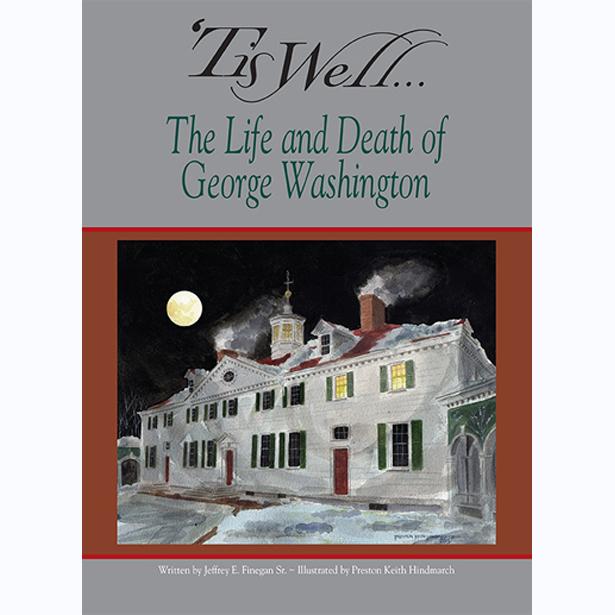
'Tis Well...
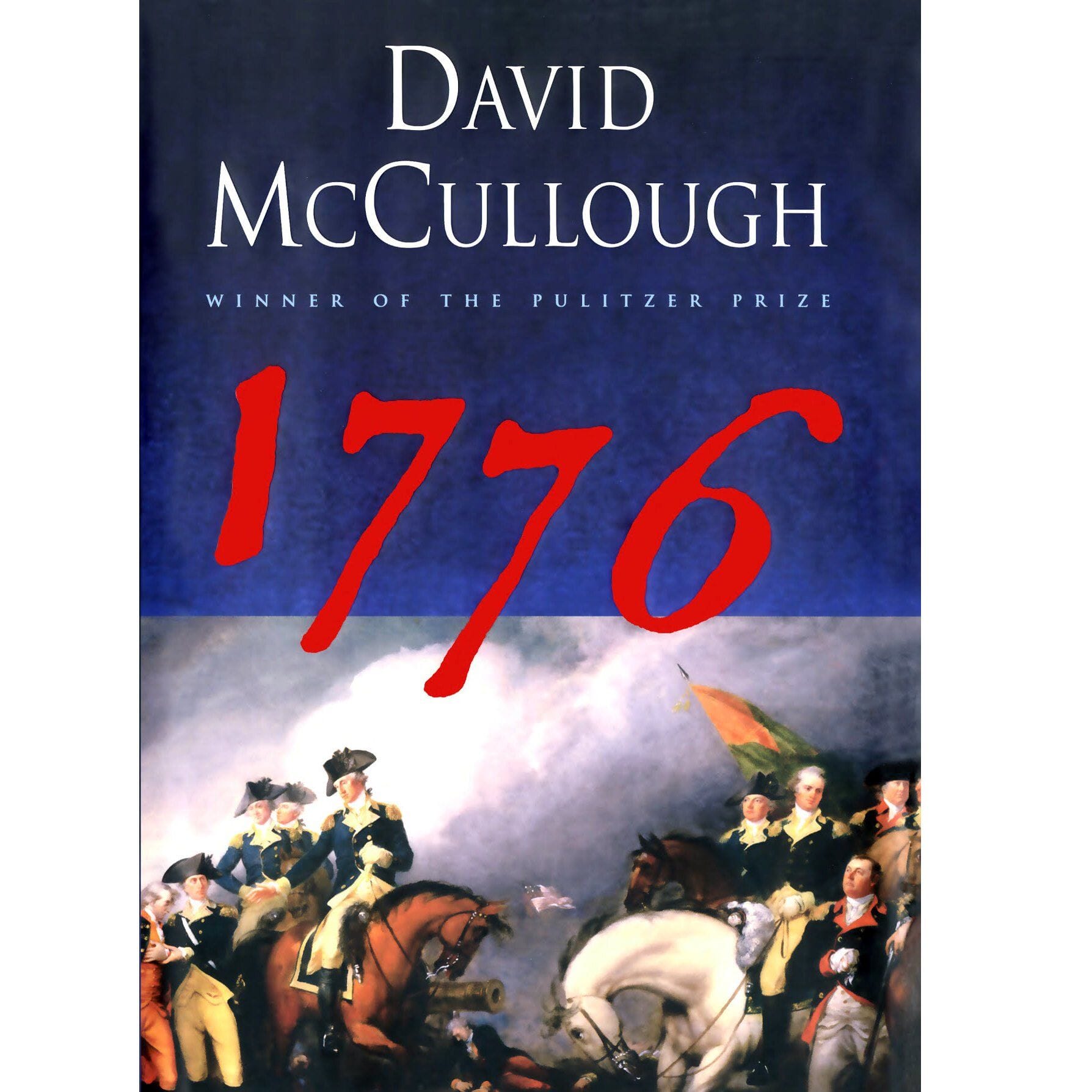
A Bloodless Victory
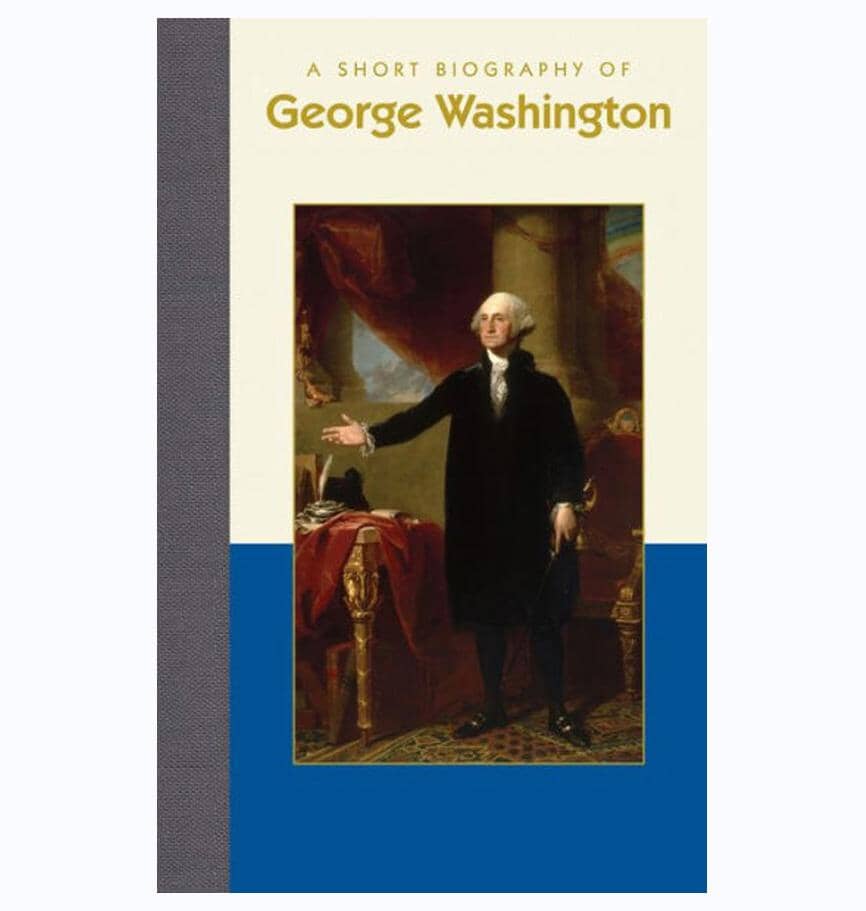
A Short Biography of George Washington
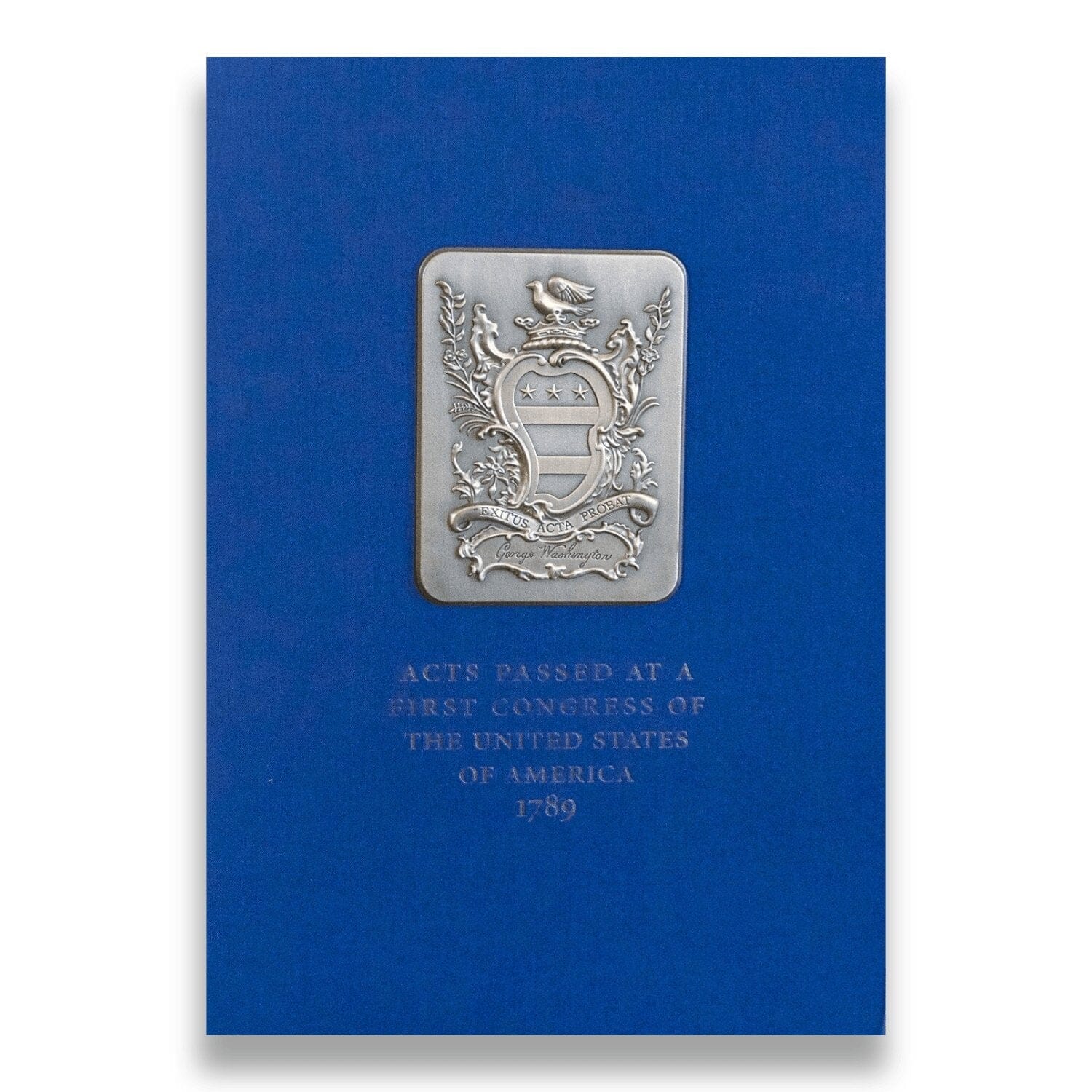
Acts of Congress 1789: Special Edition
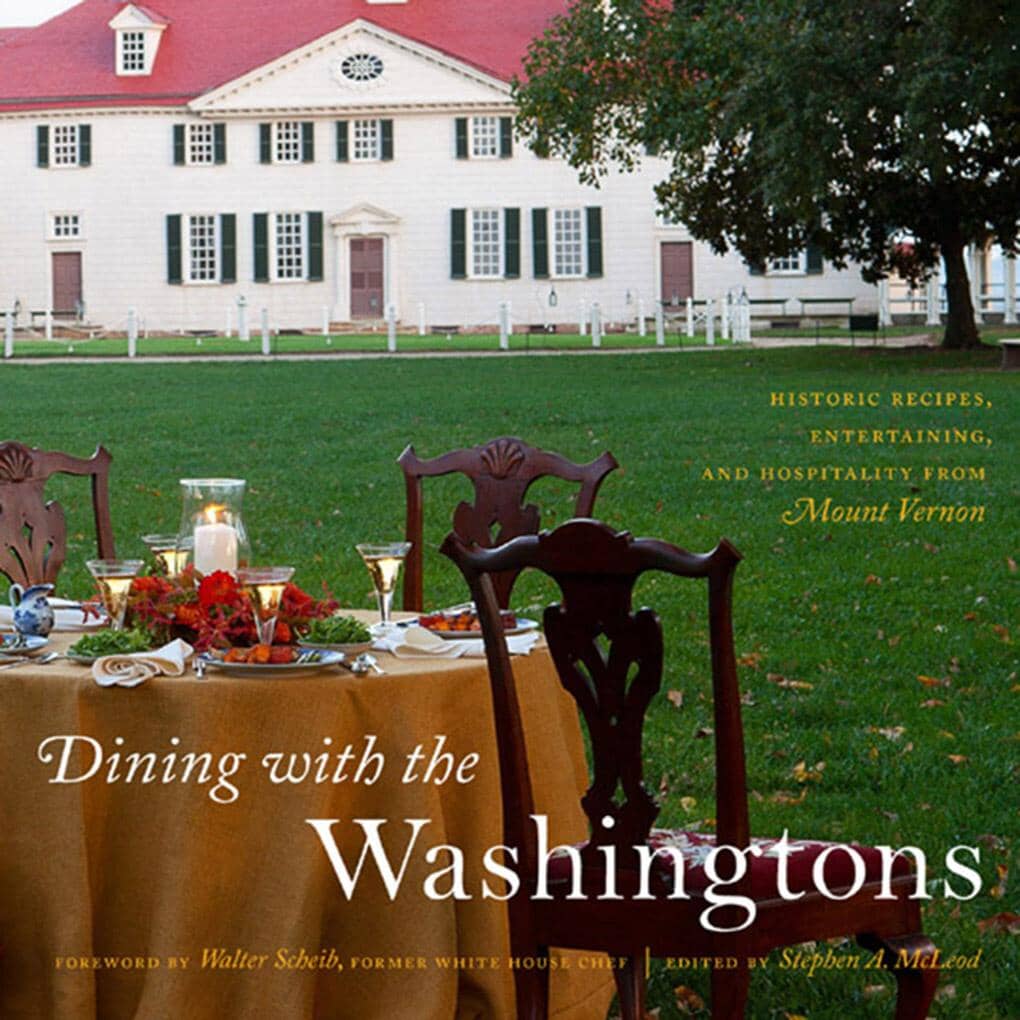
Dining with the Washingtons - Signed Copy
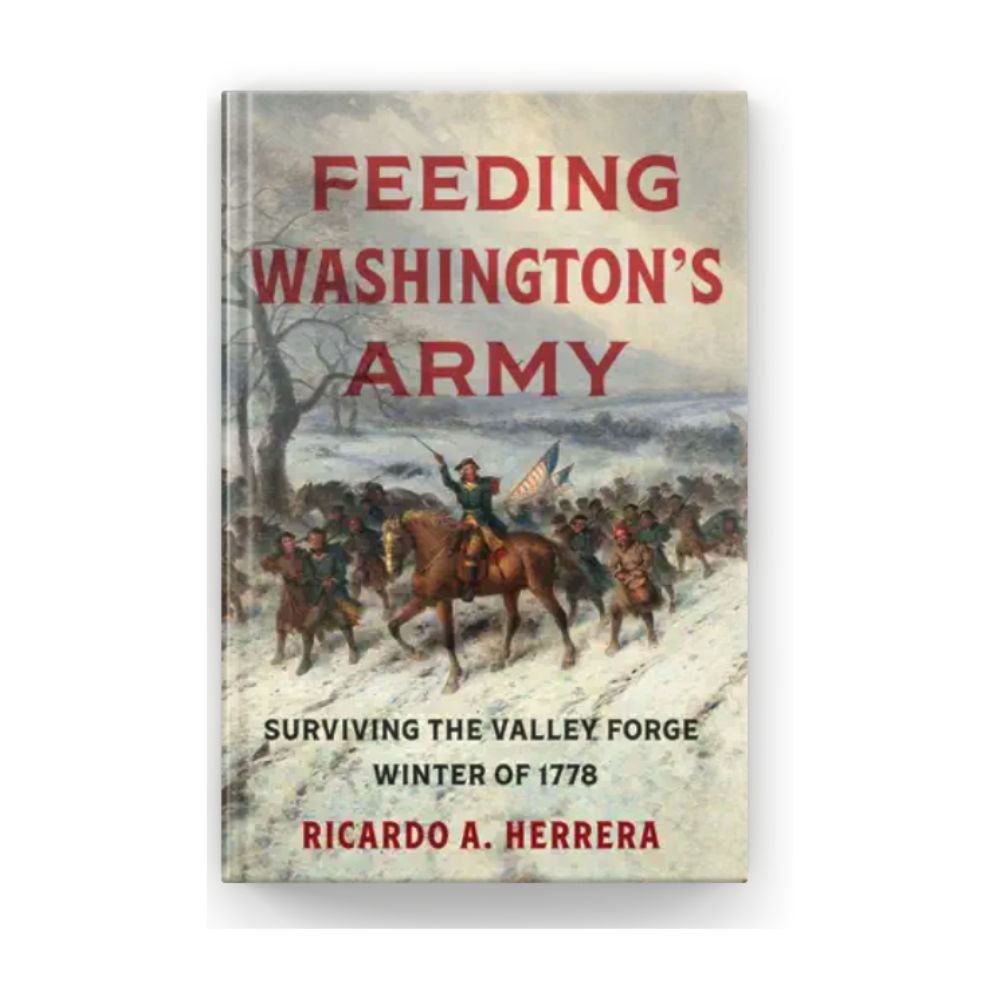
Feeding Washington's Army: Surviving the…
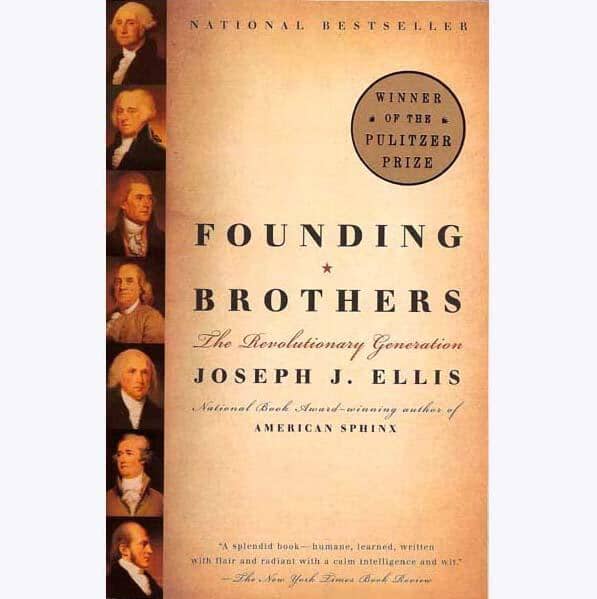
Founding Brothers: The Revolutionary Generation
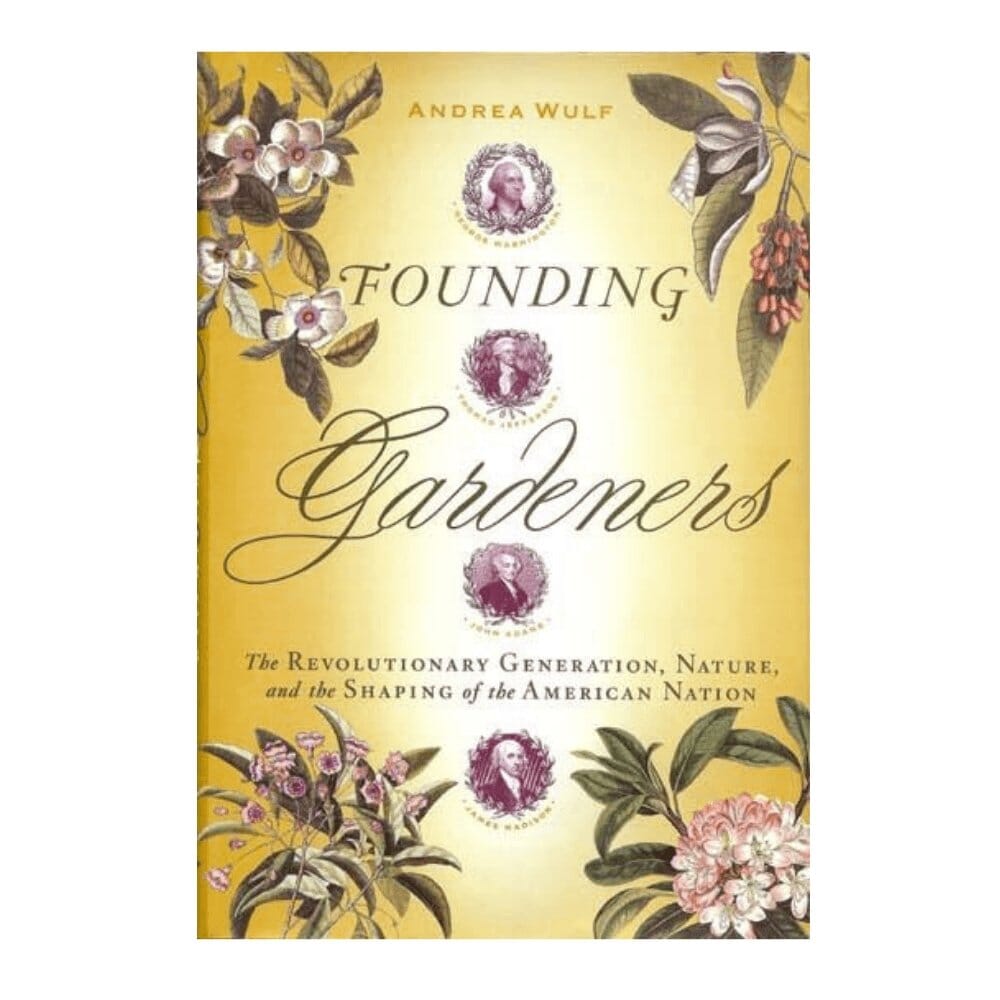
Founding Gardeners
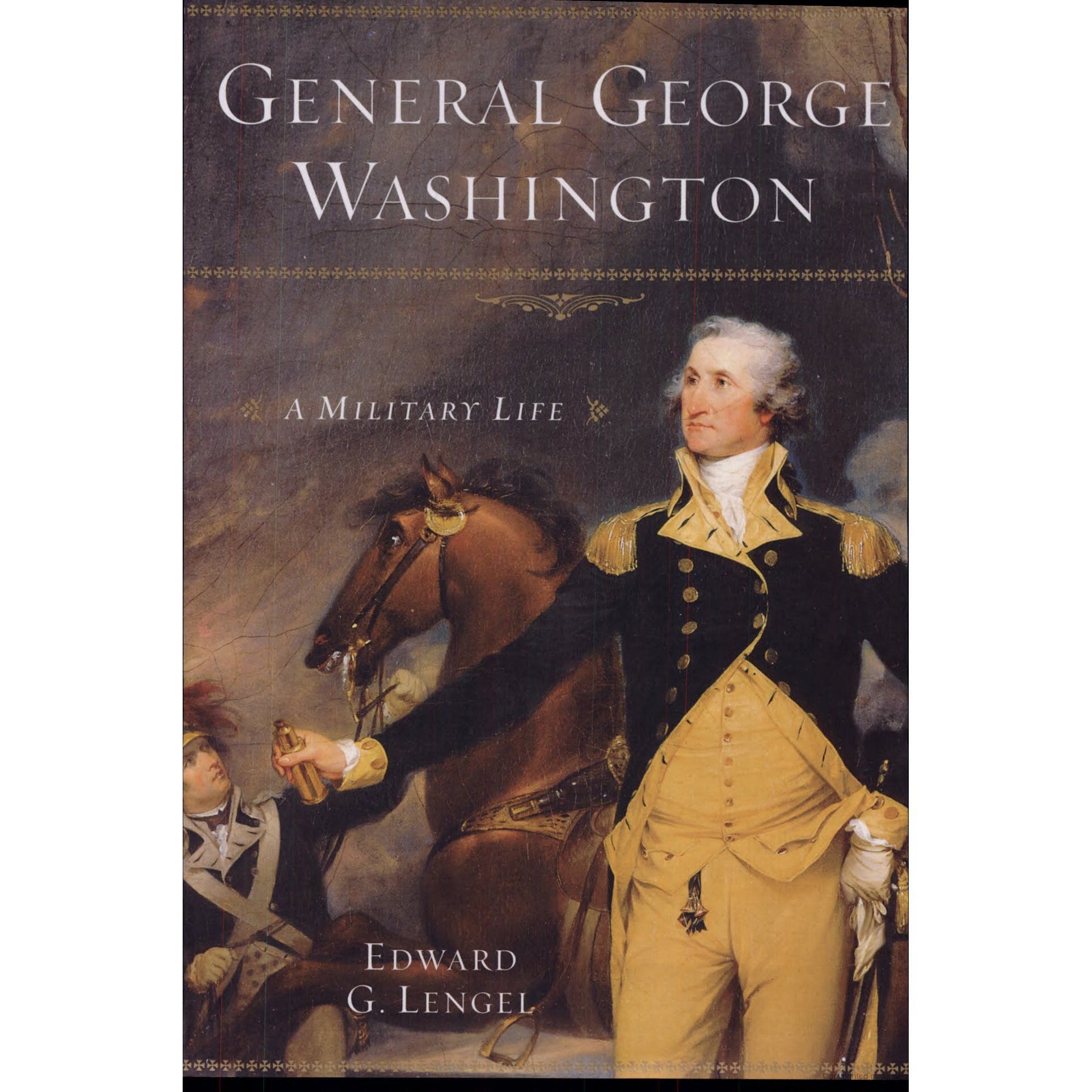
General George Washington: A Military Life
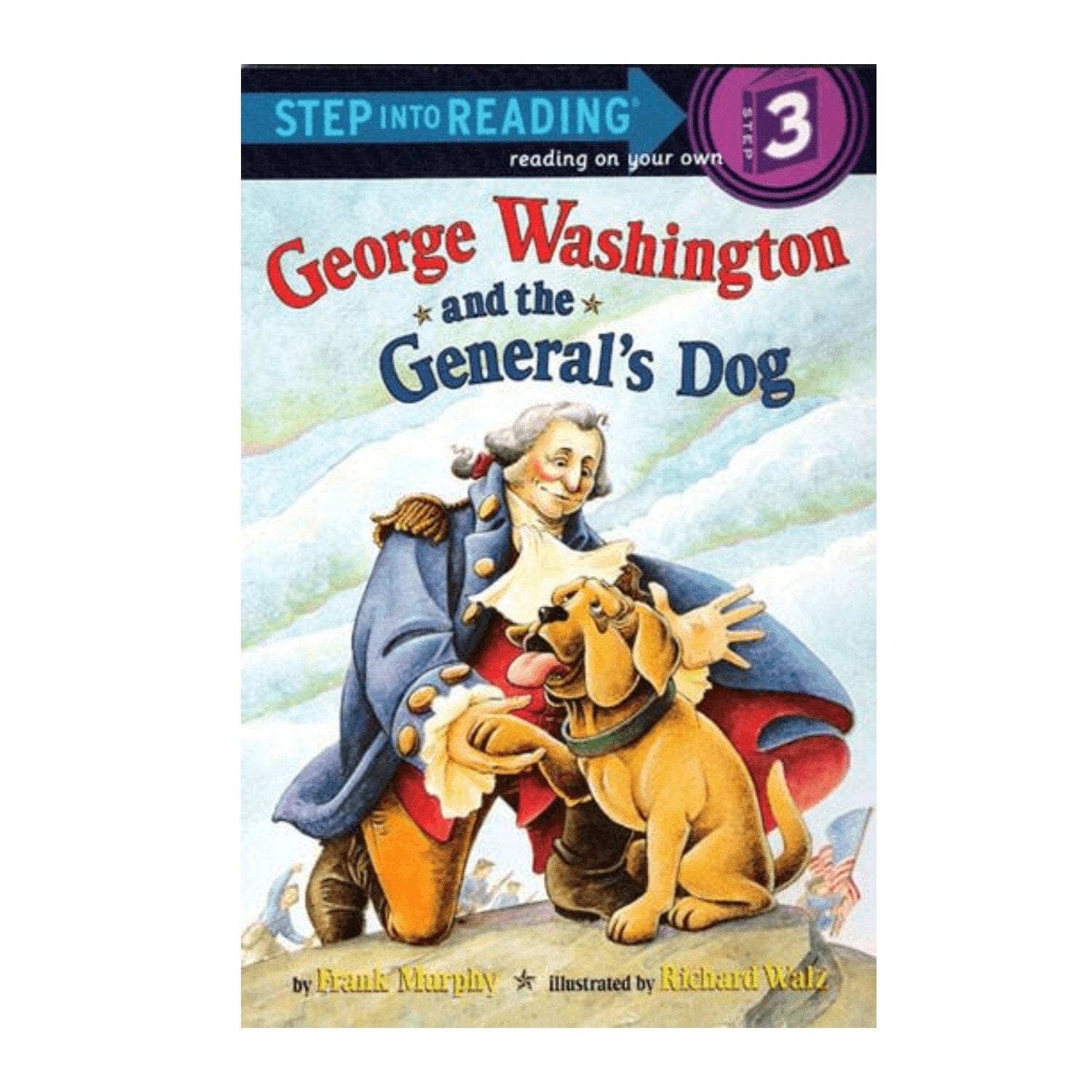
George Washington and the General's Dog
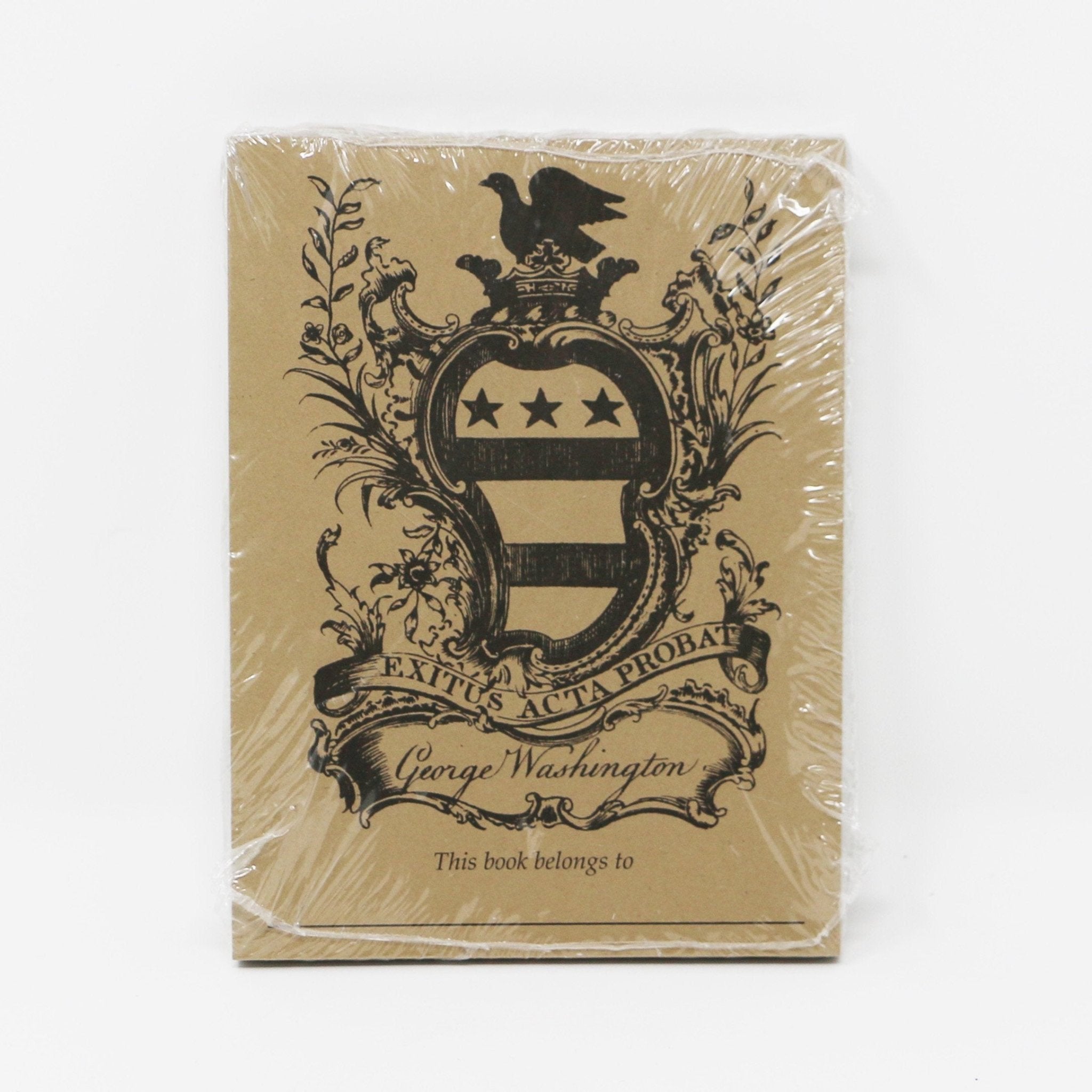
George Washington's Bookplate
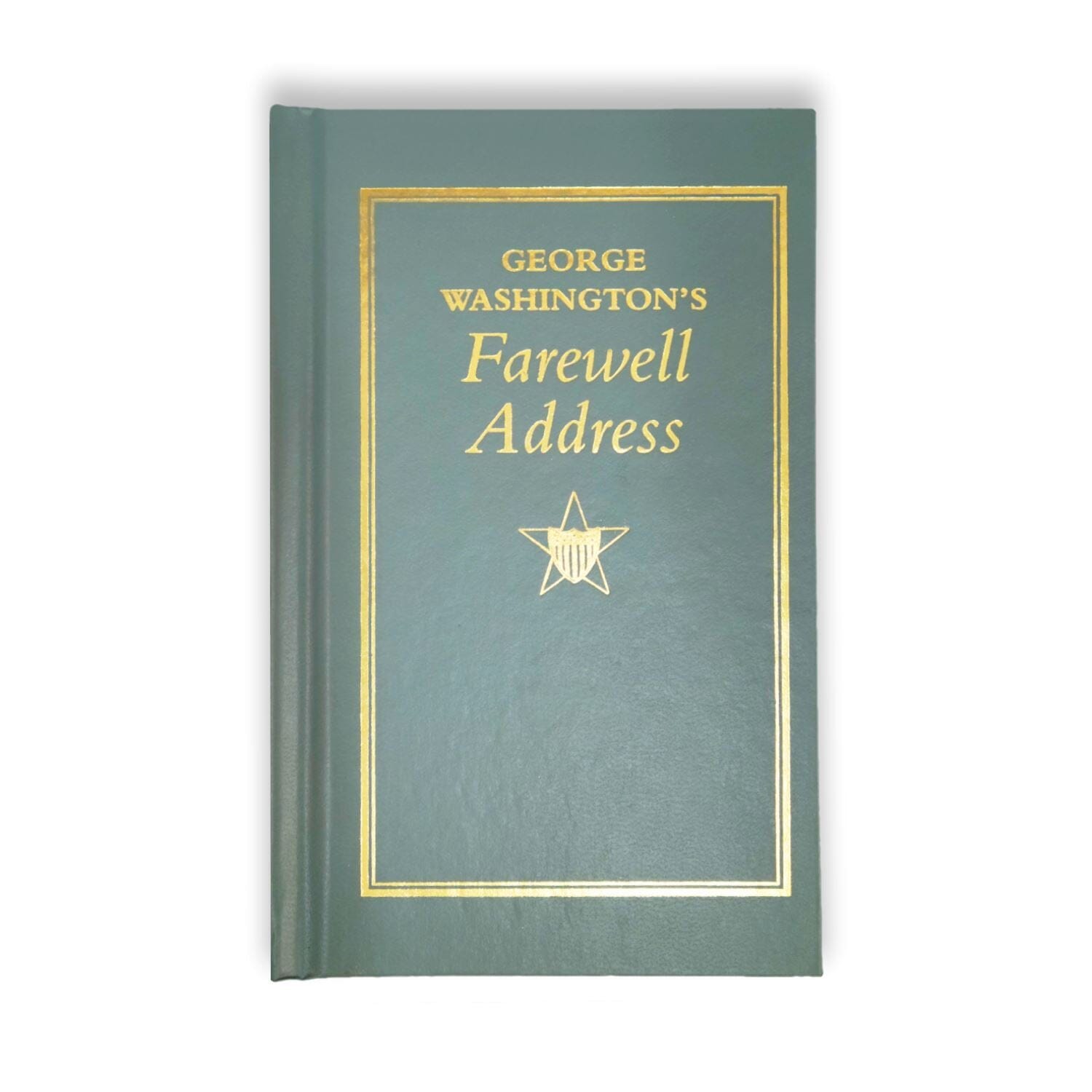
George Washington's Farewell Address
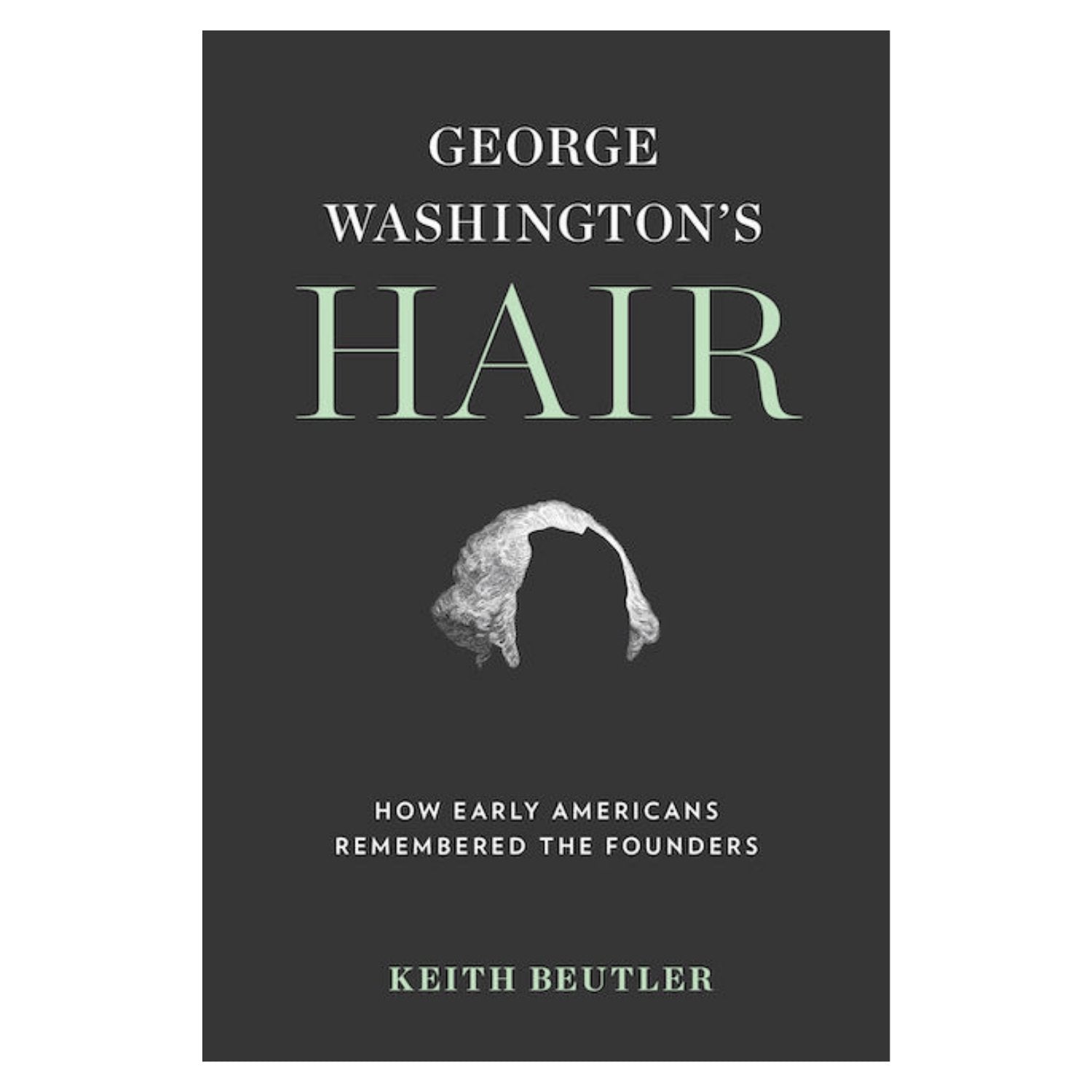
George Washington's Hair: How Early Americans…
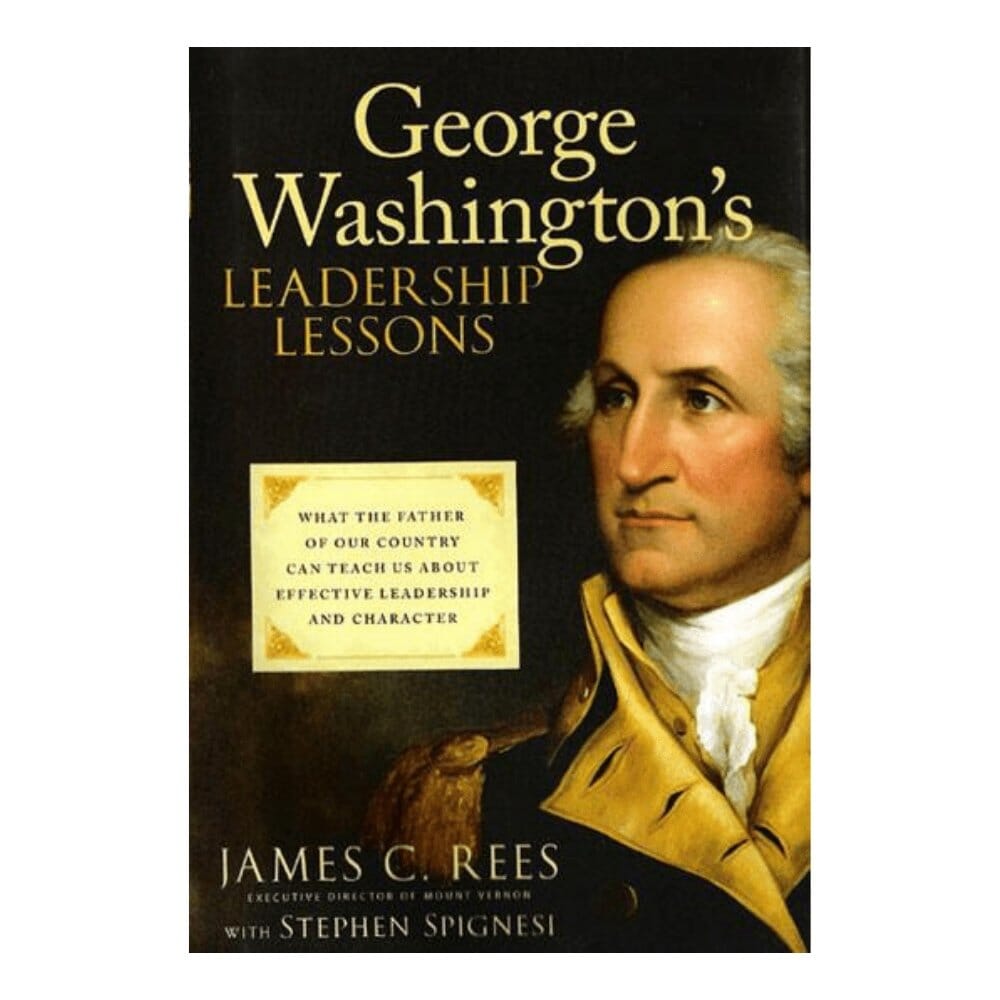
George Washington's Leadership Lessons
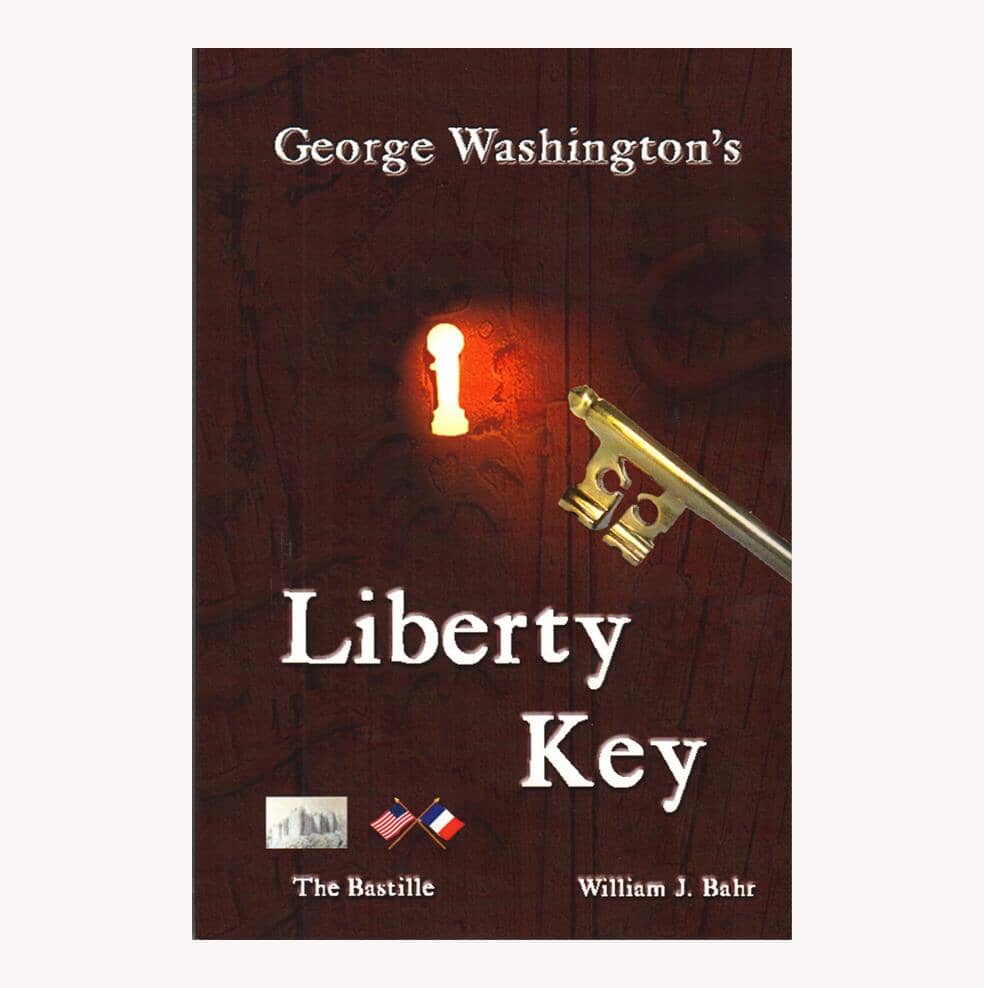
George Washington's Liberty Key
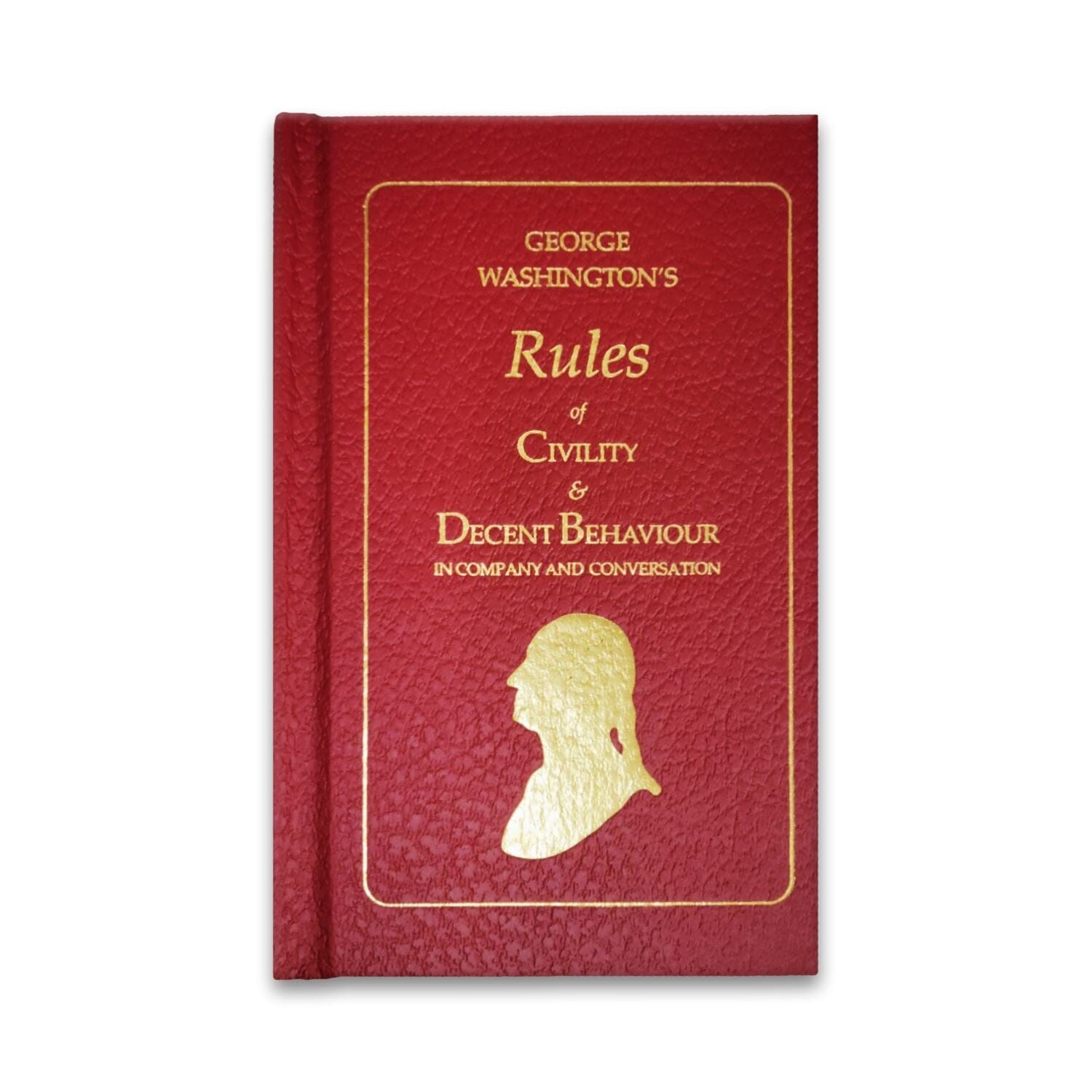
George Washington's Rules of Civility & Decent…
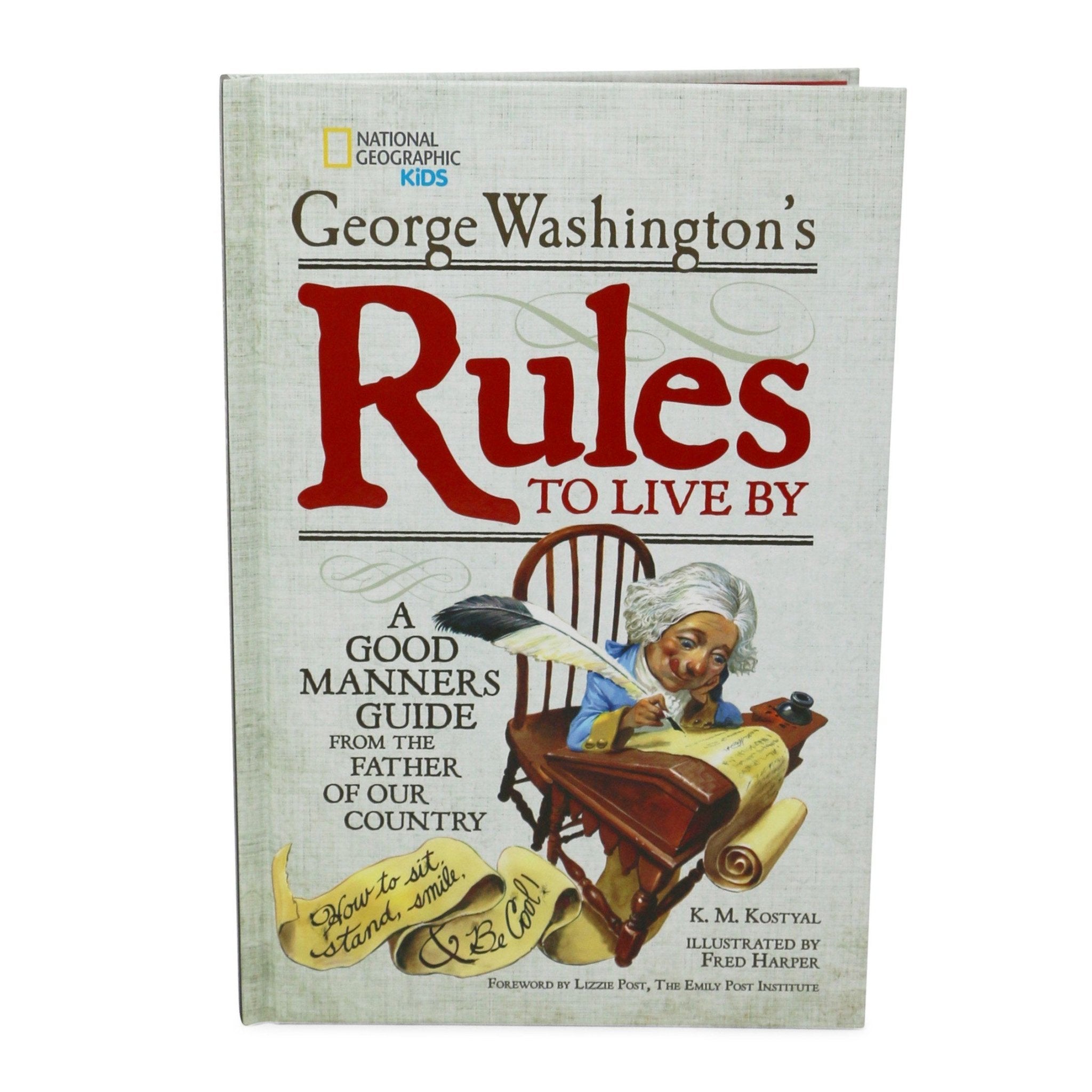
George Washington's Rules to Live By
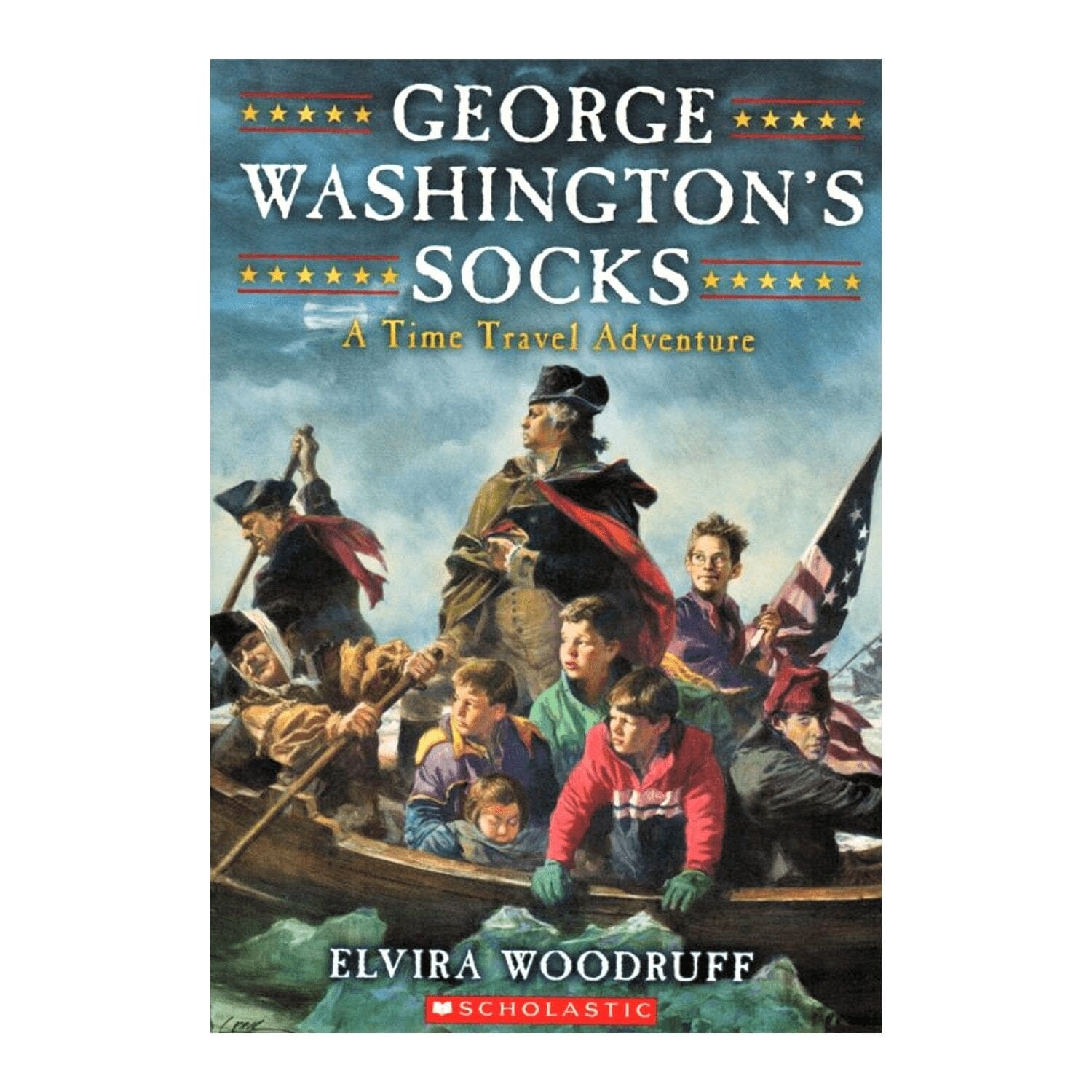
George Washington's Socks
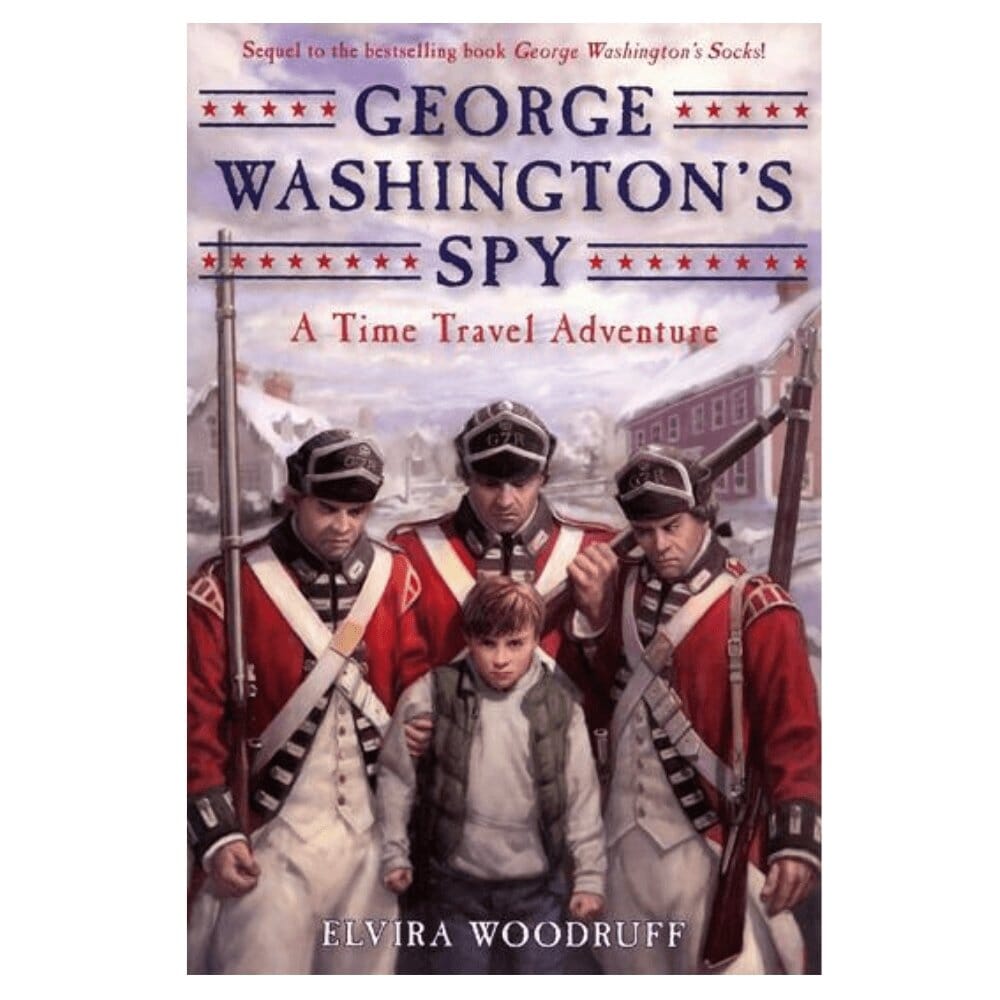
George Washington's Spy: A Time Travel Adventure
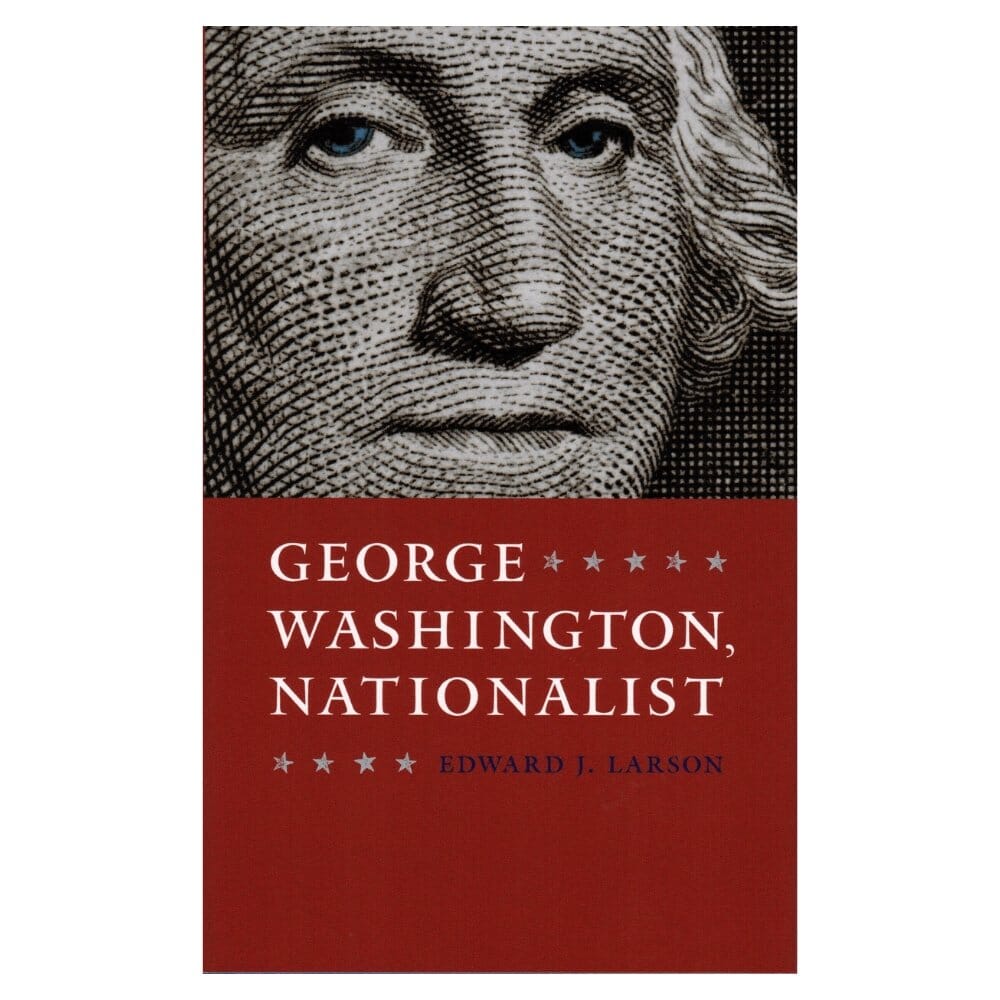
George Washington, Nationalist
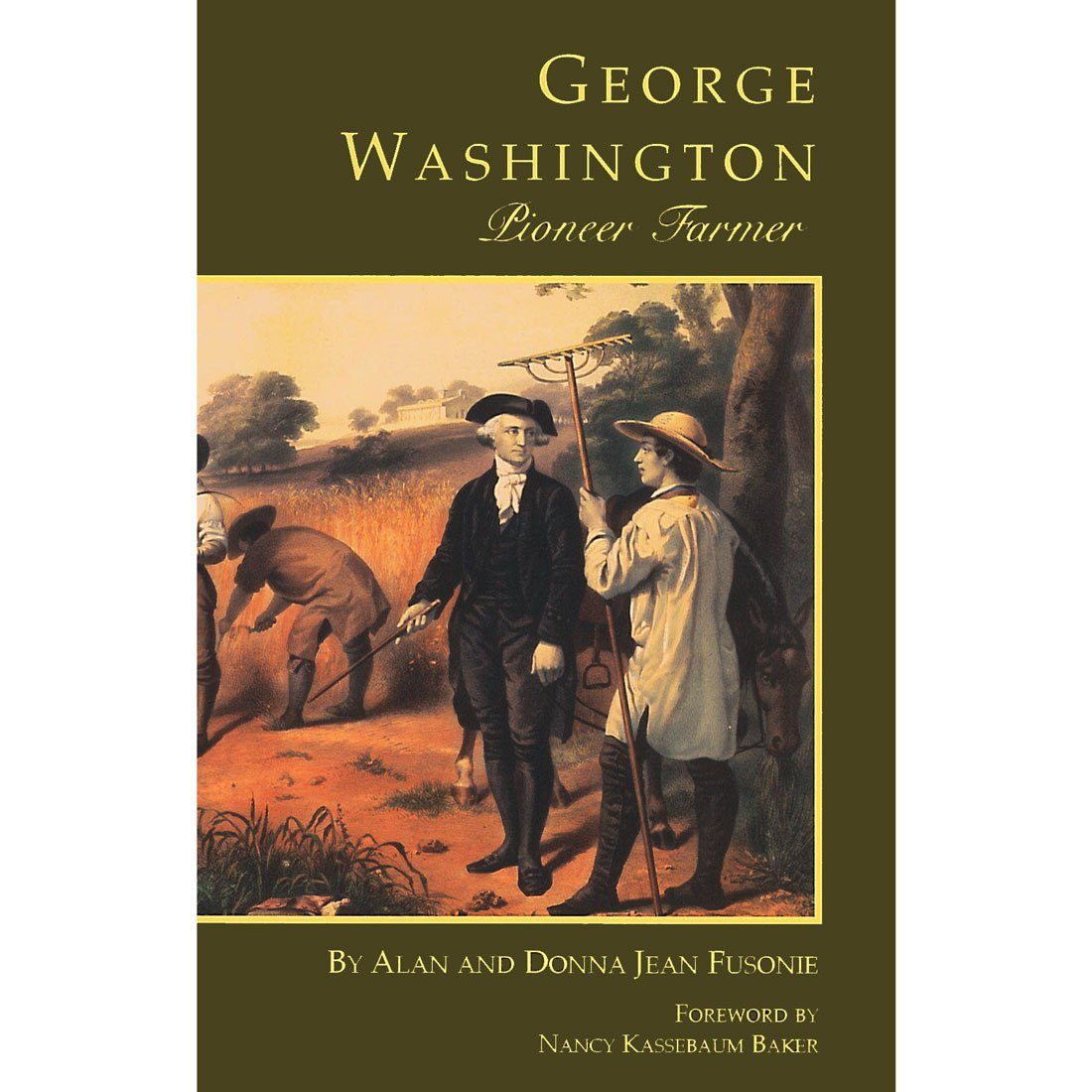
George Washington, Pioneer Farmer
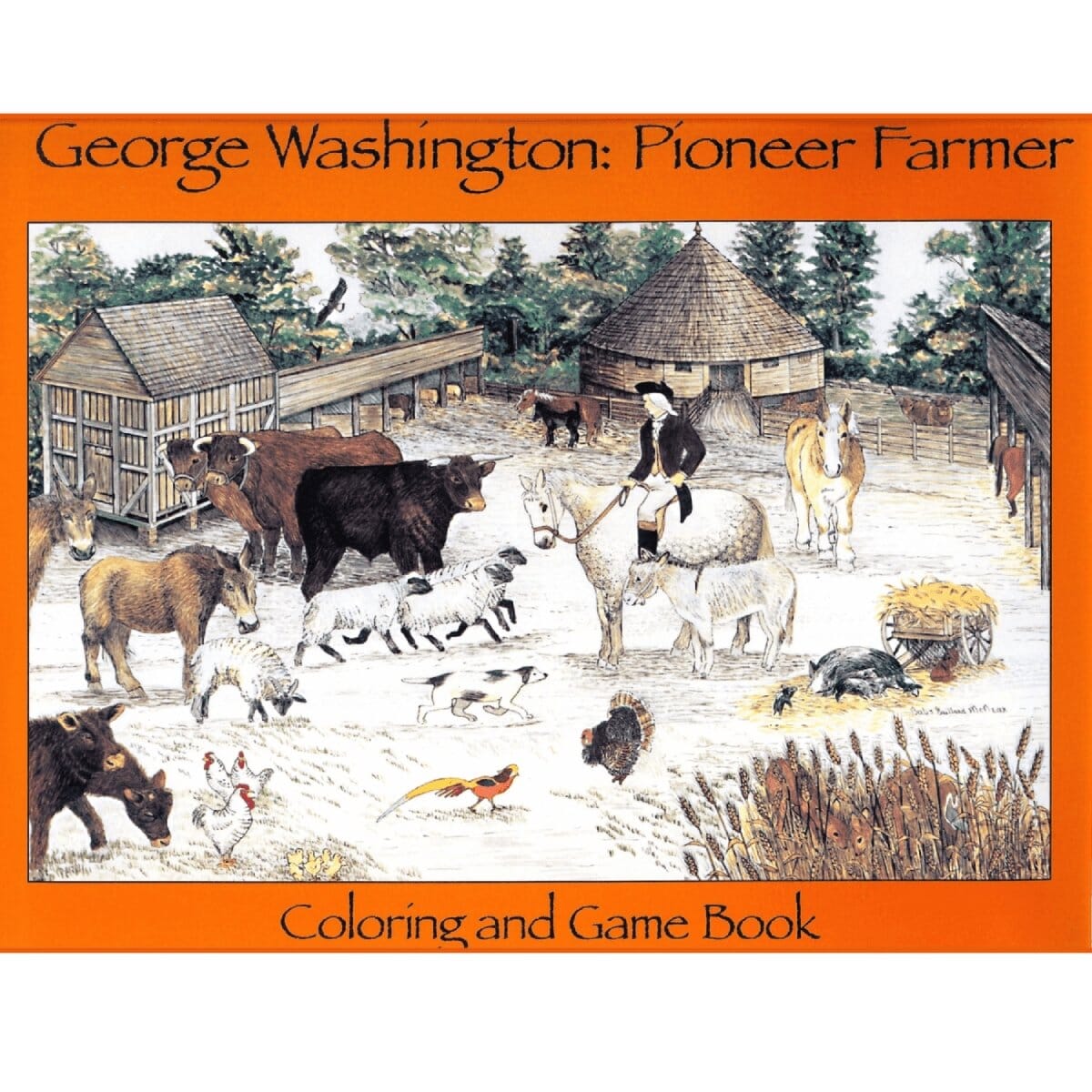
George Washington: Pioneer Farmer Coloring…
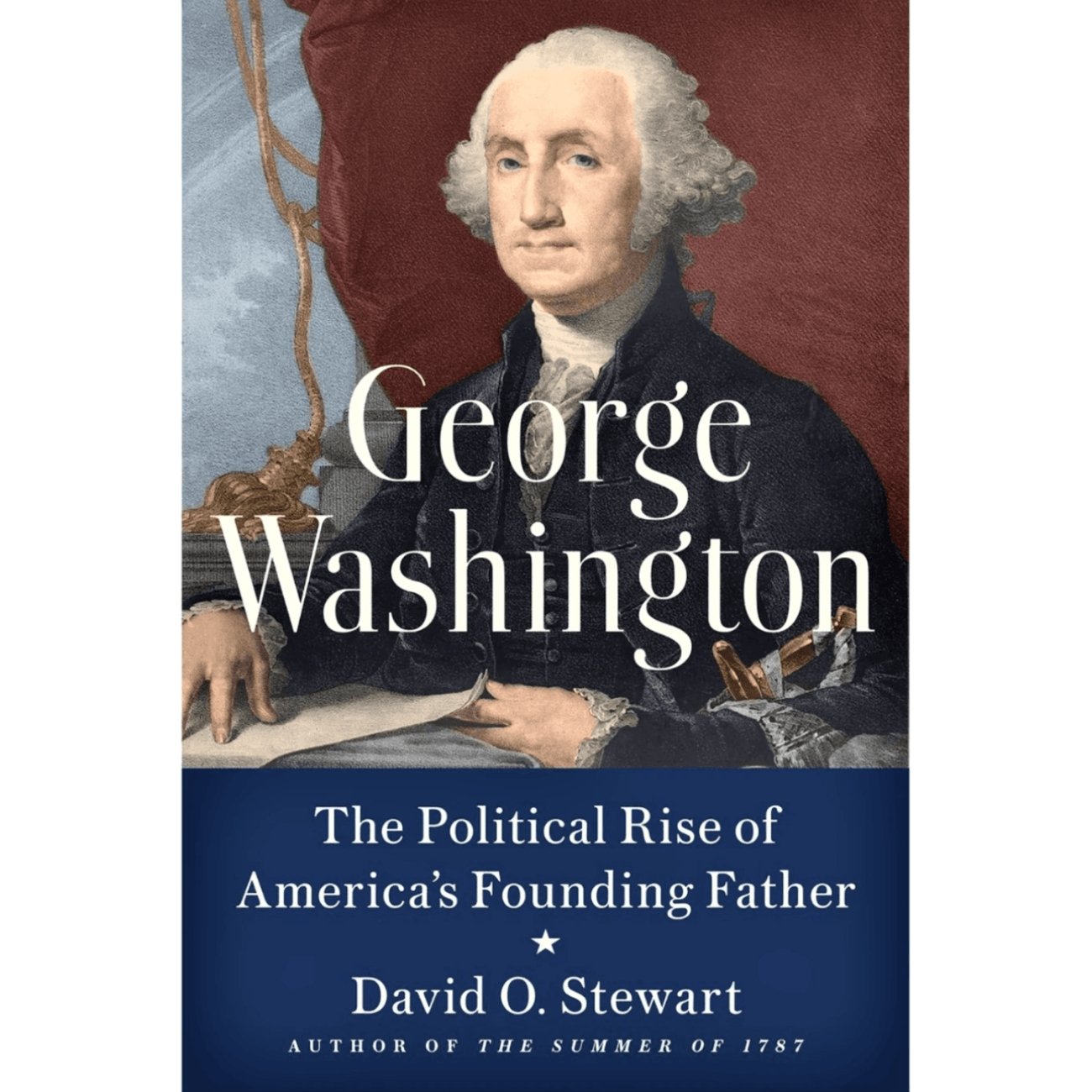
George Washington: The Political Rise of…
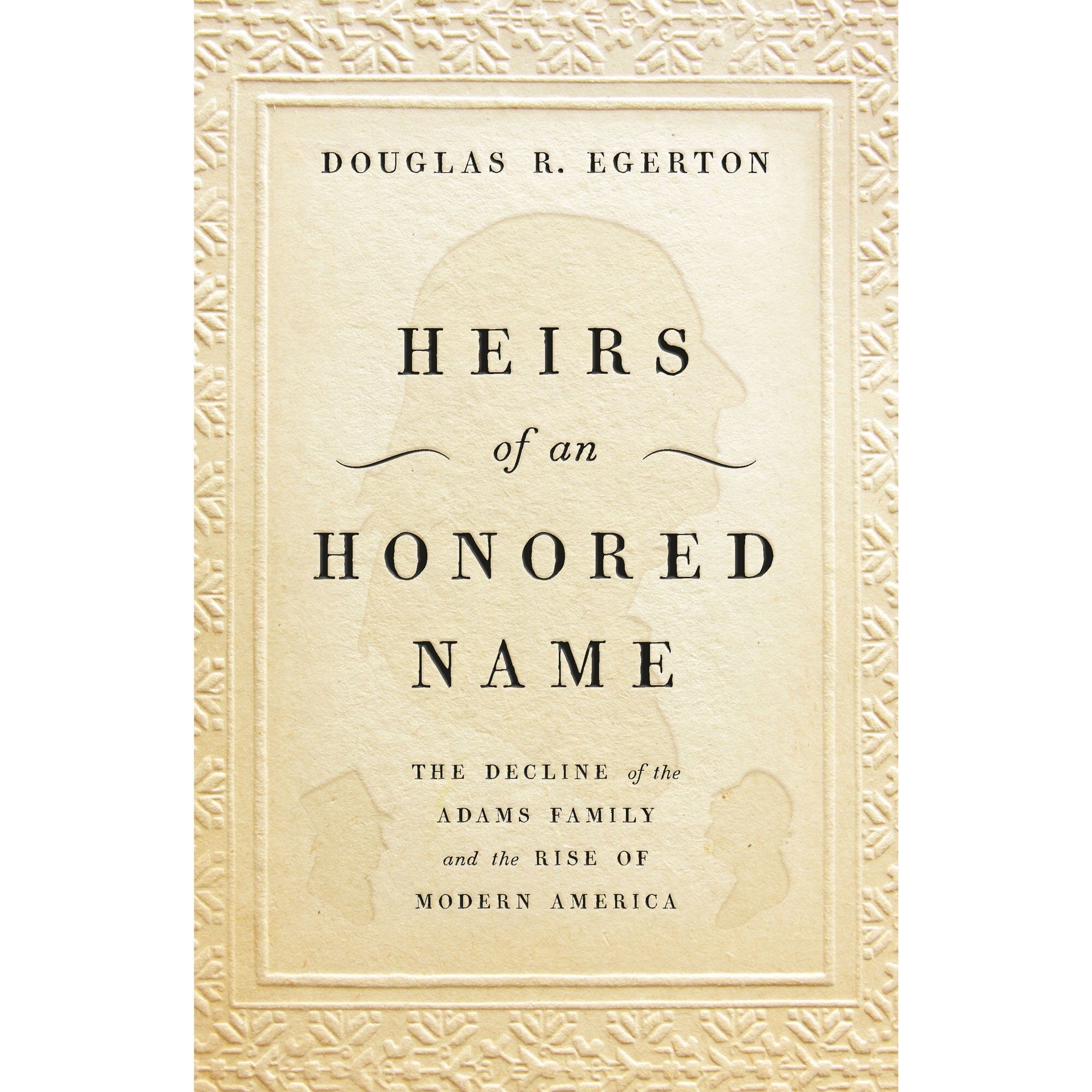
Heirs of an Honored Name
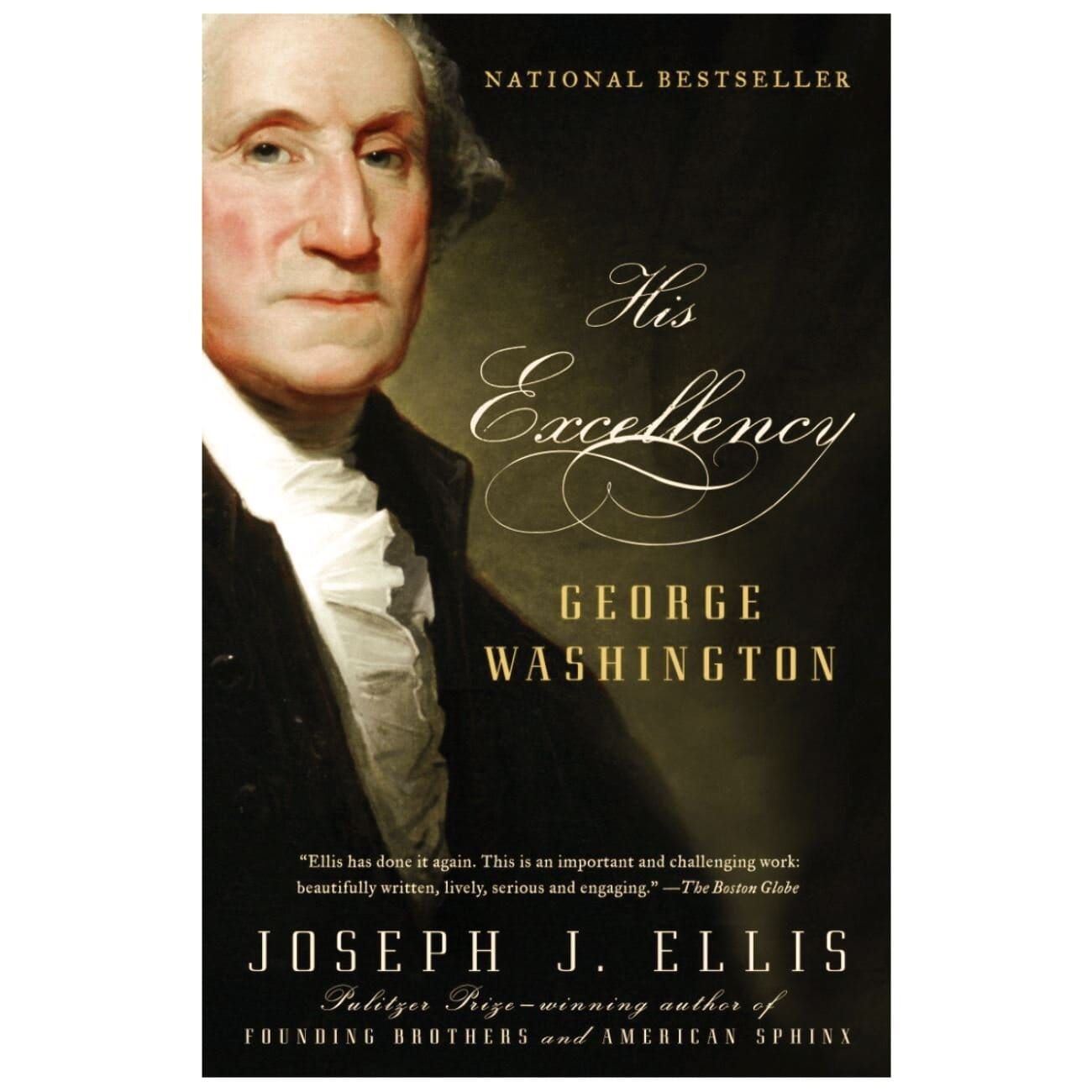
His Excellency: George Washington
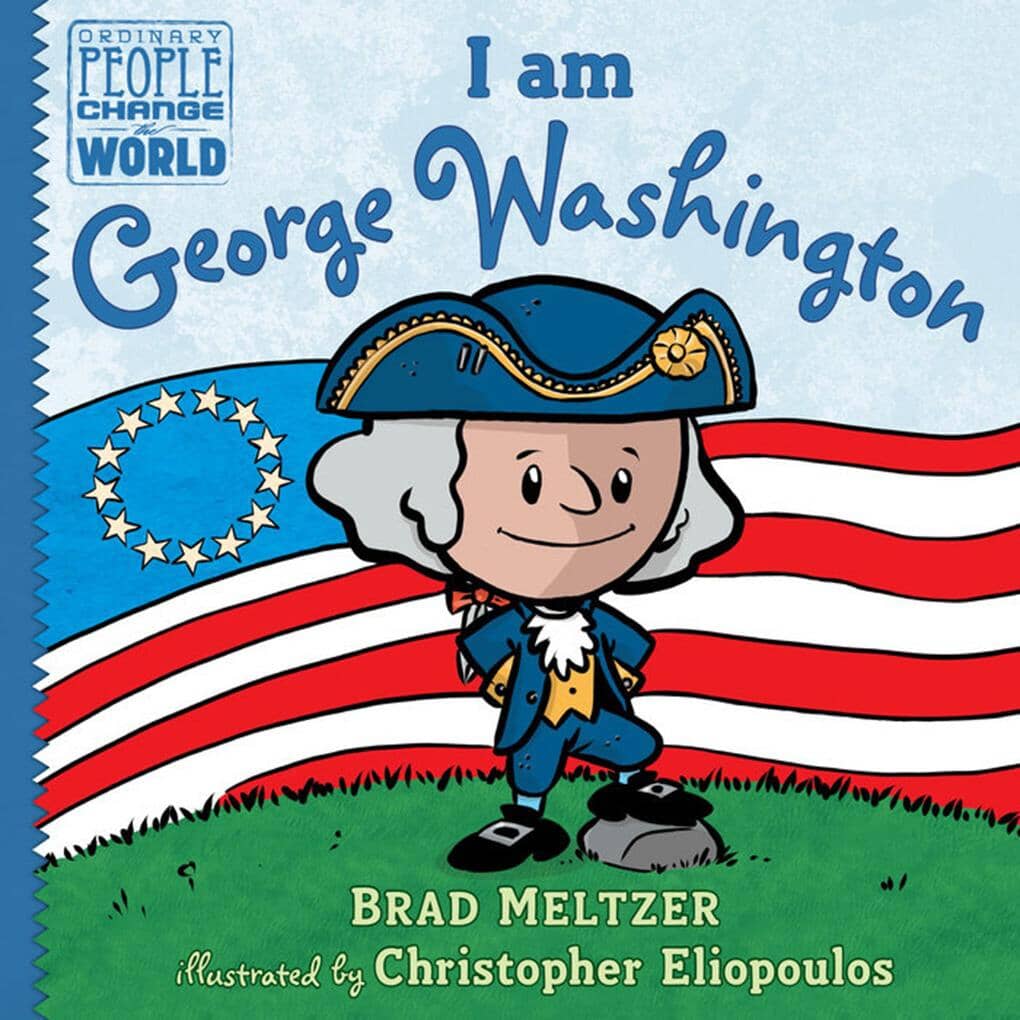
I am George Washington
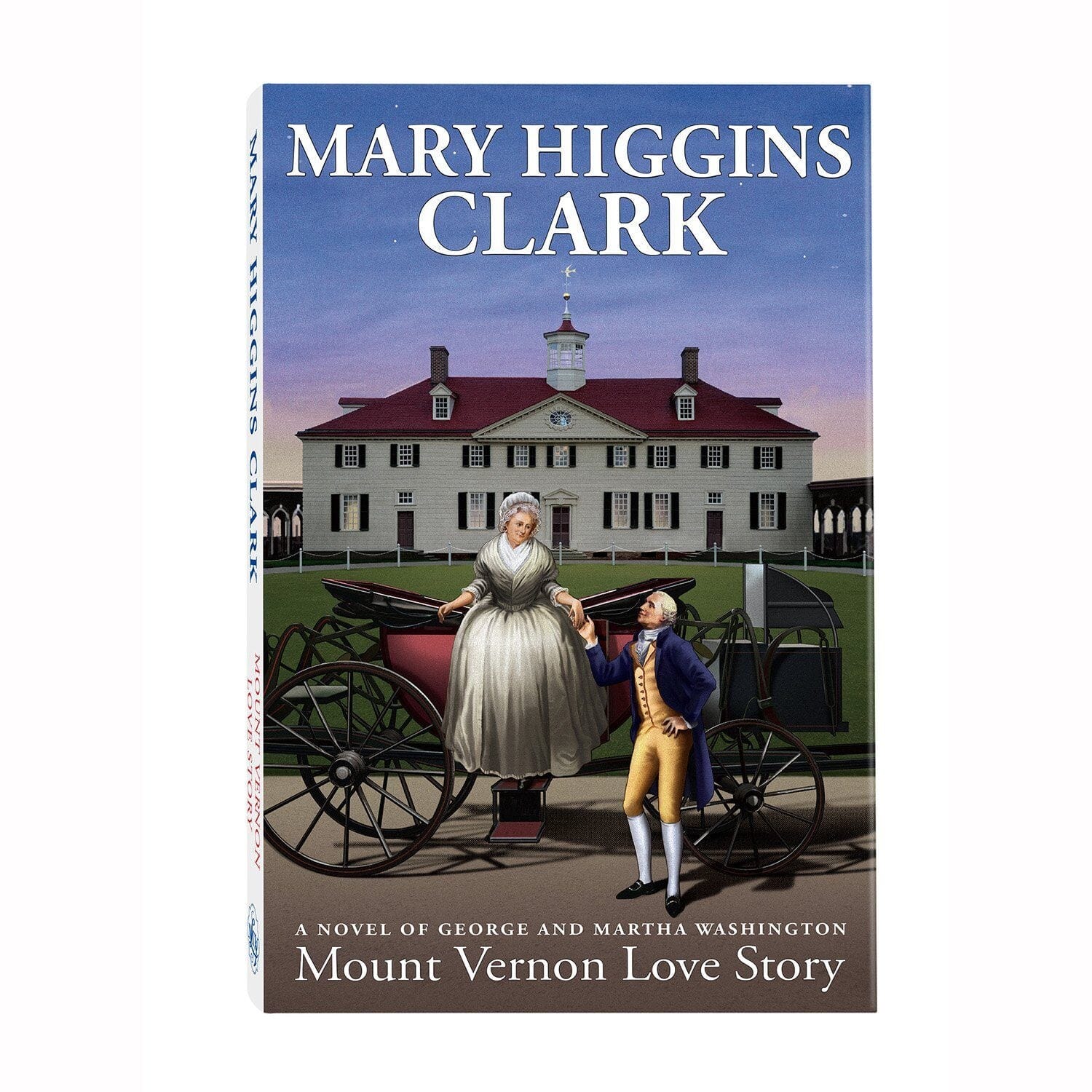
Mount Vernon Love Story
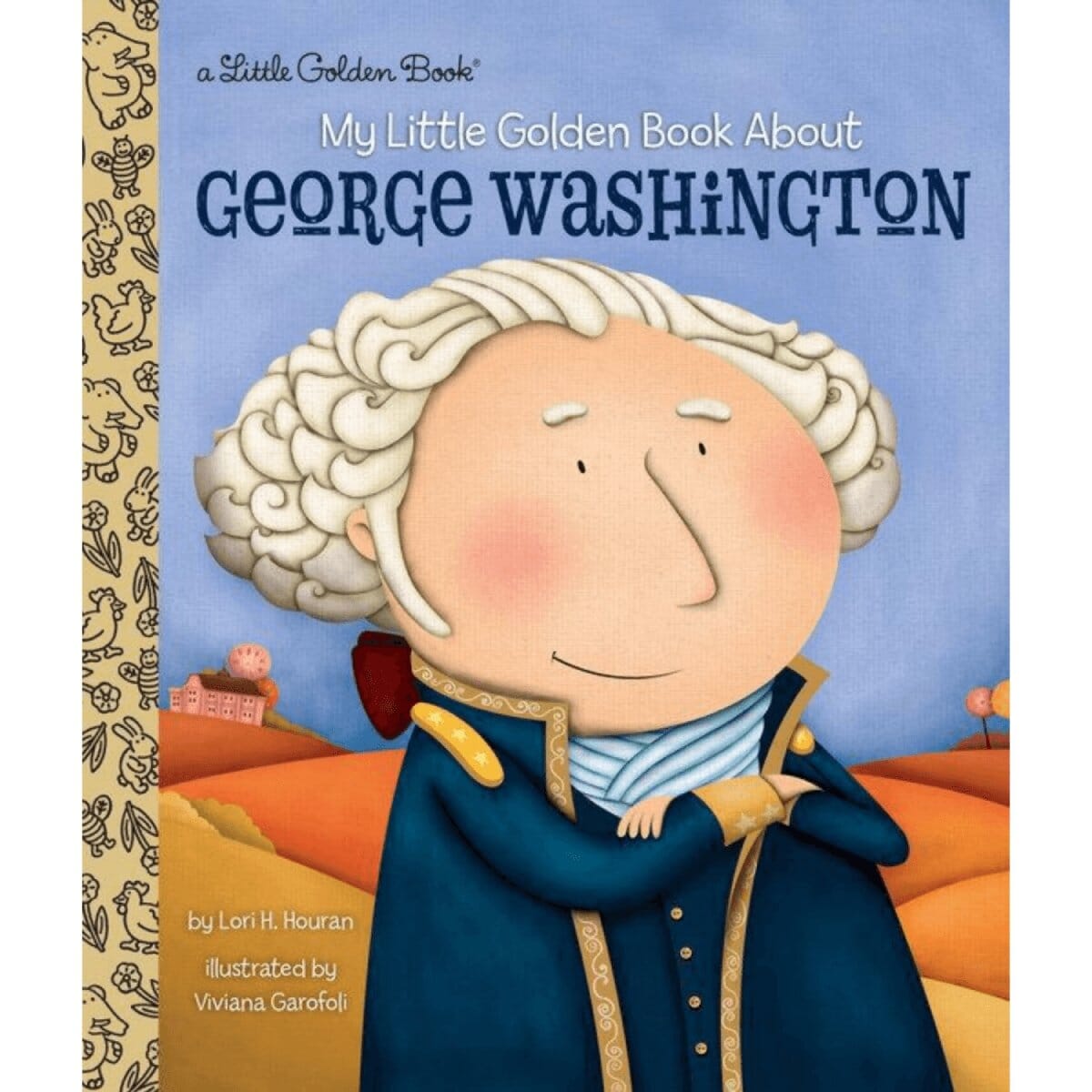
My Little Golden Book About George Washington
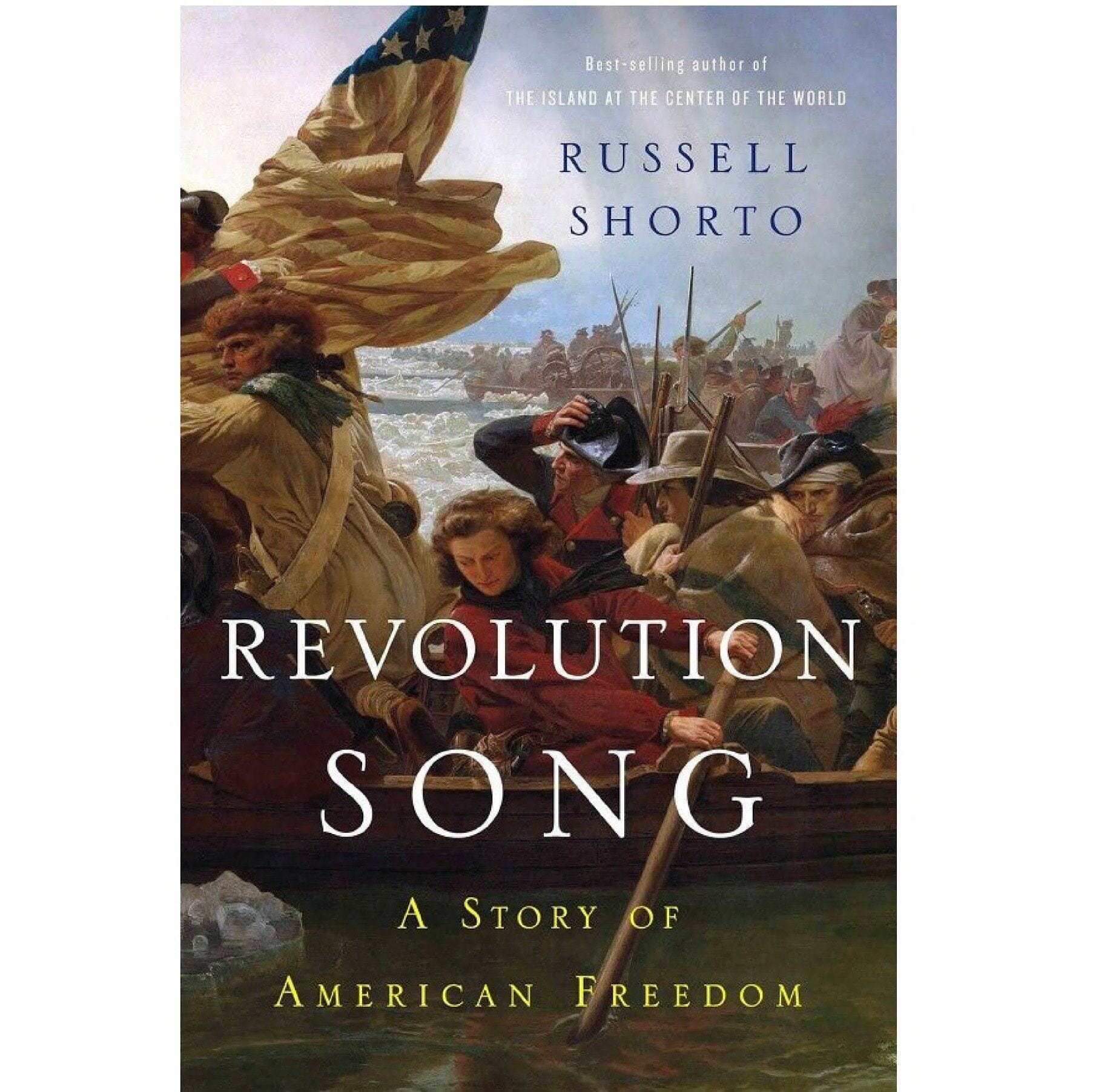
Revolution Song: A Story of American Freedom
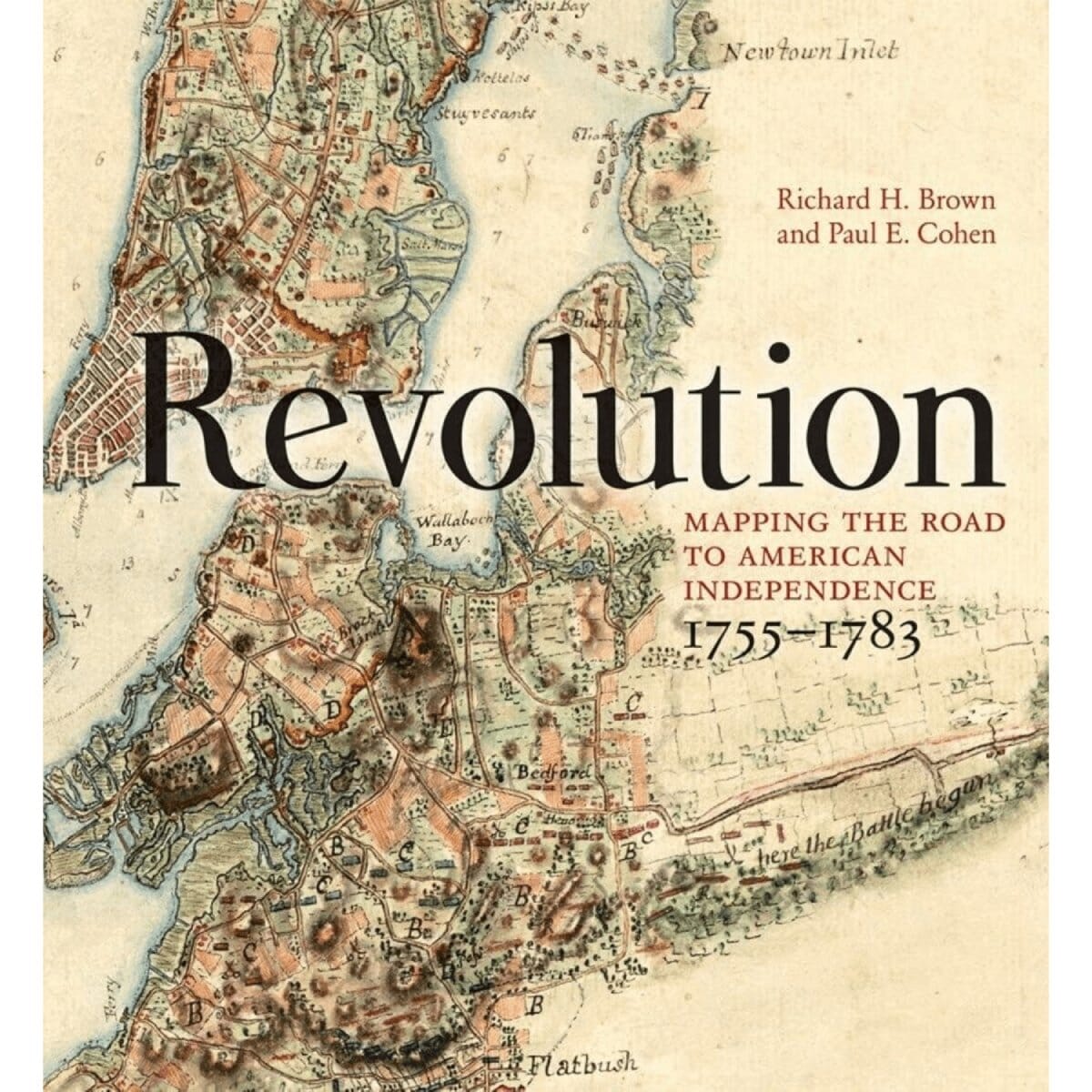
Revolution: Mapping the Road to Independence
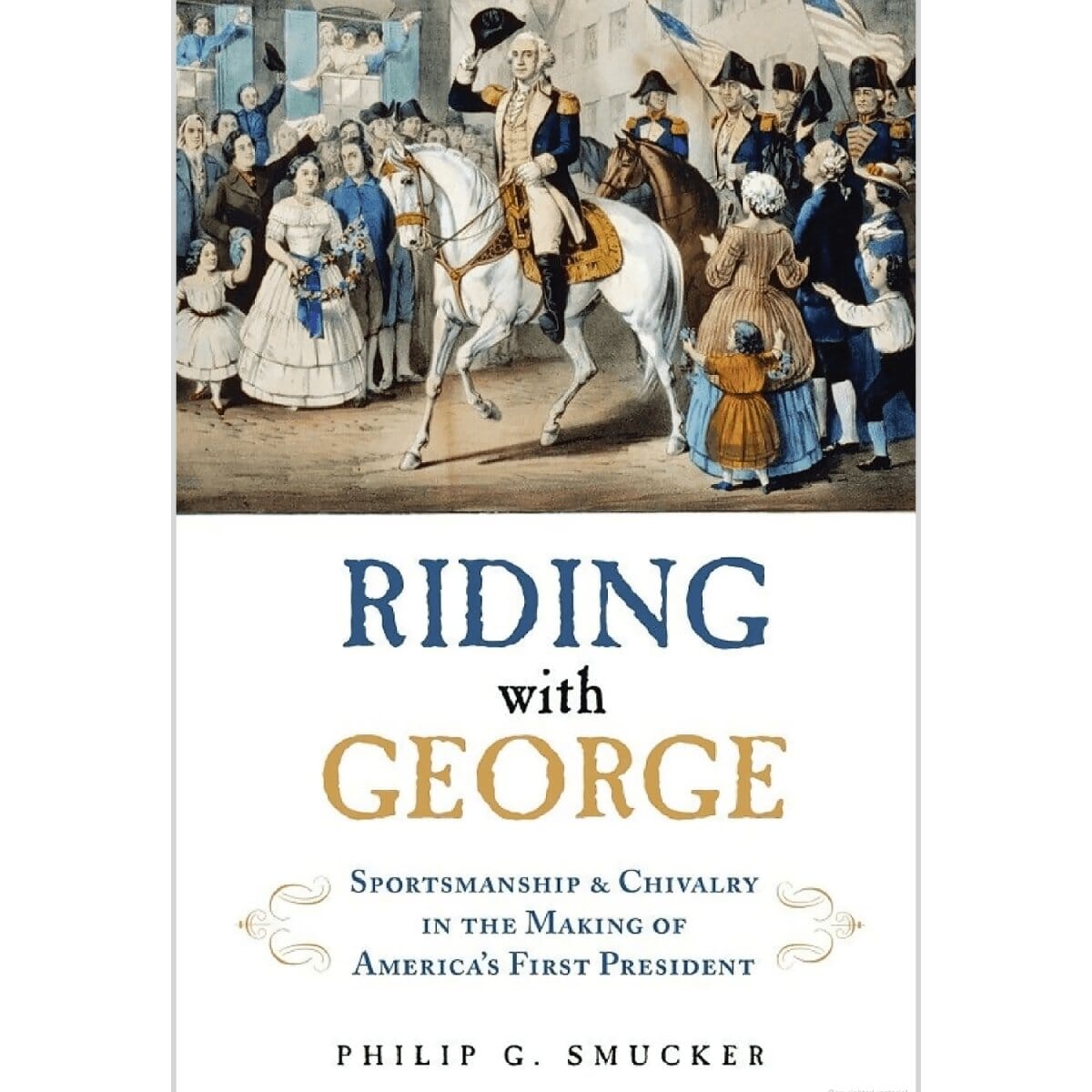
Riding with George
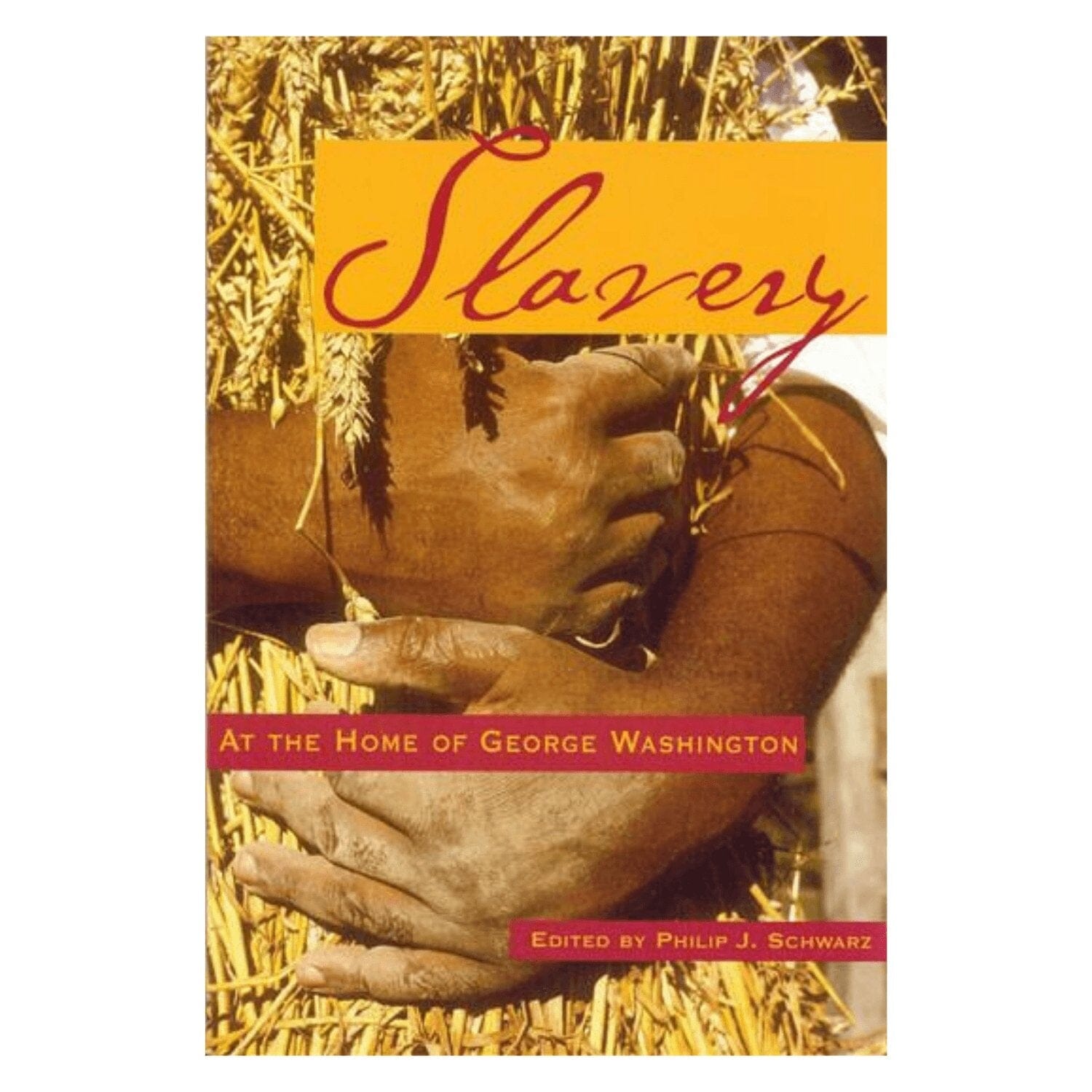
Slavery at the Home of George Washington
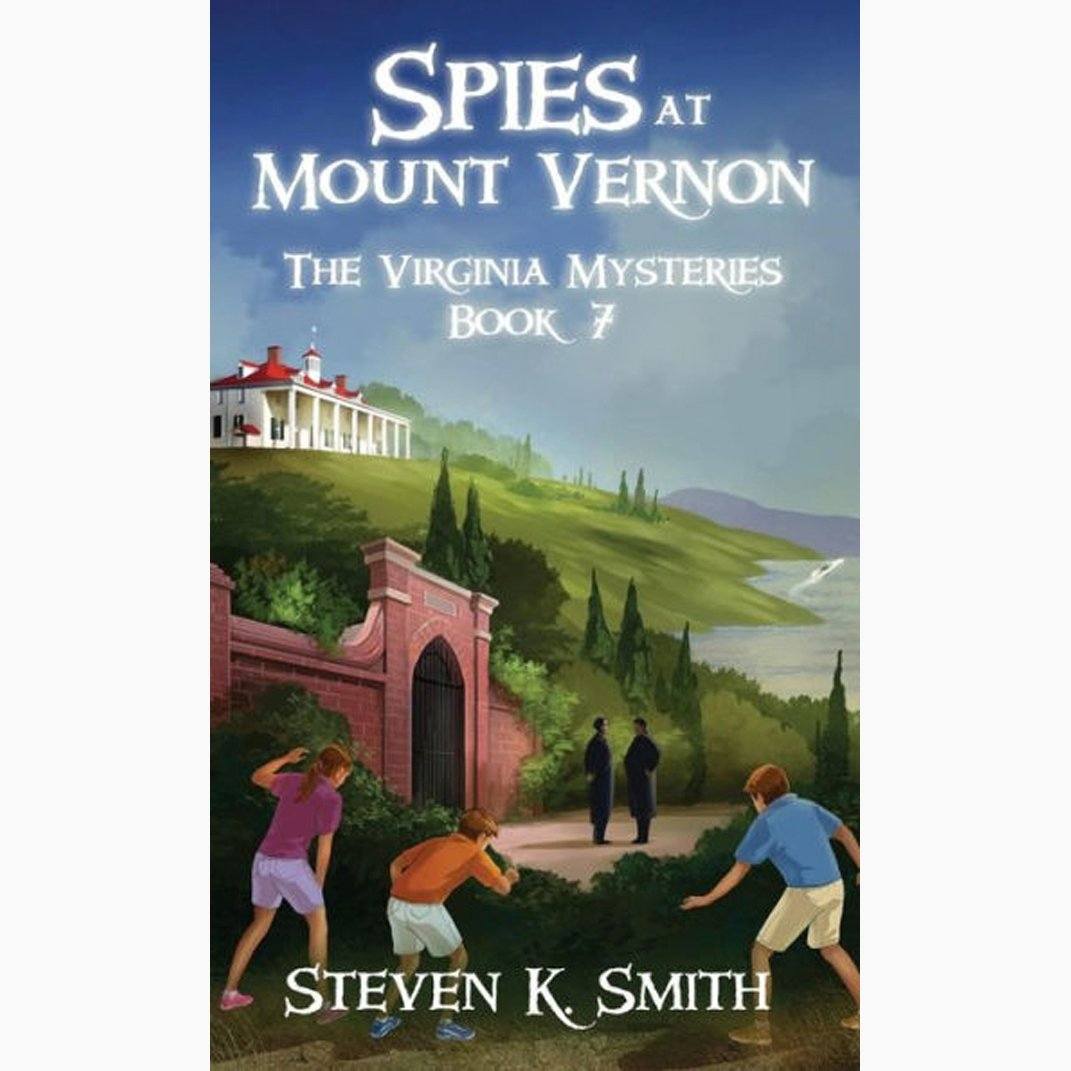
Spies At Mount Vernon
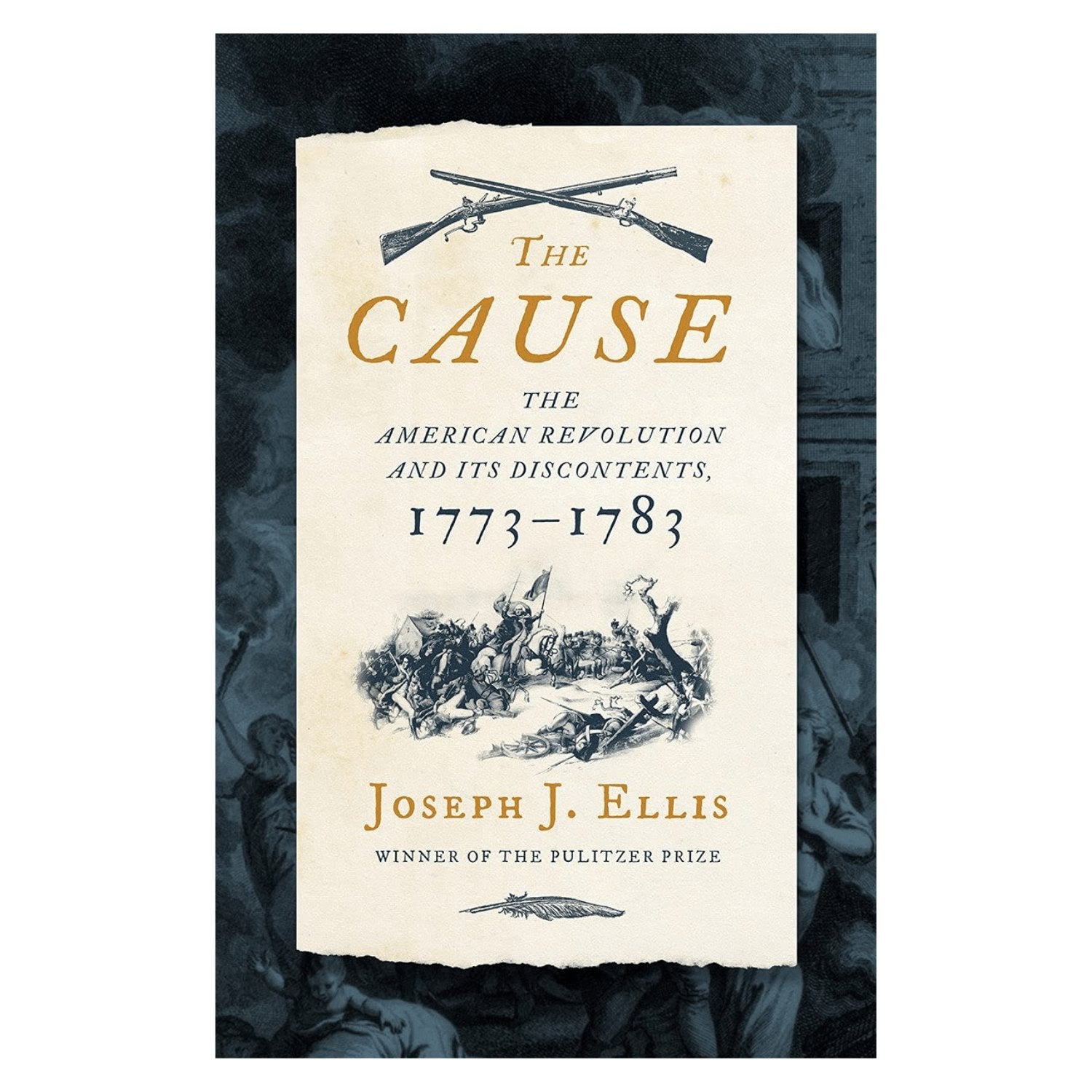
The Cause: The American Revolution and its…
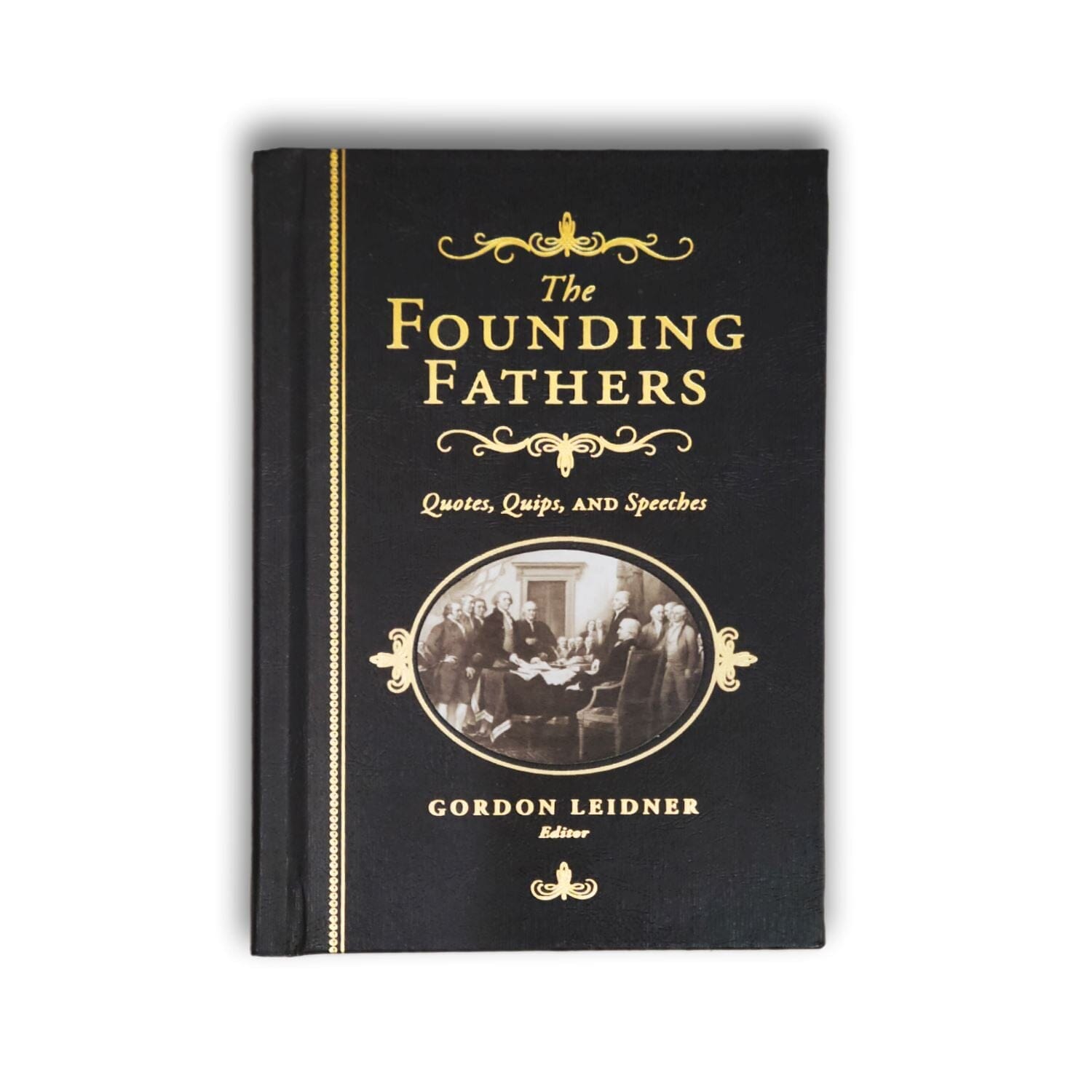
The Founding Fathers Quotes, Quips, and Speeches
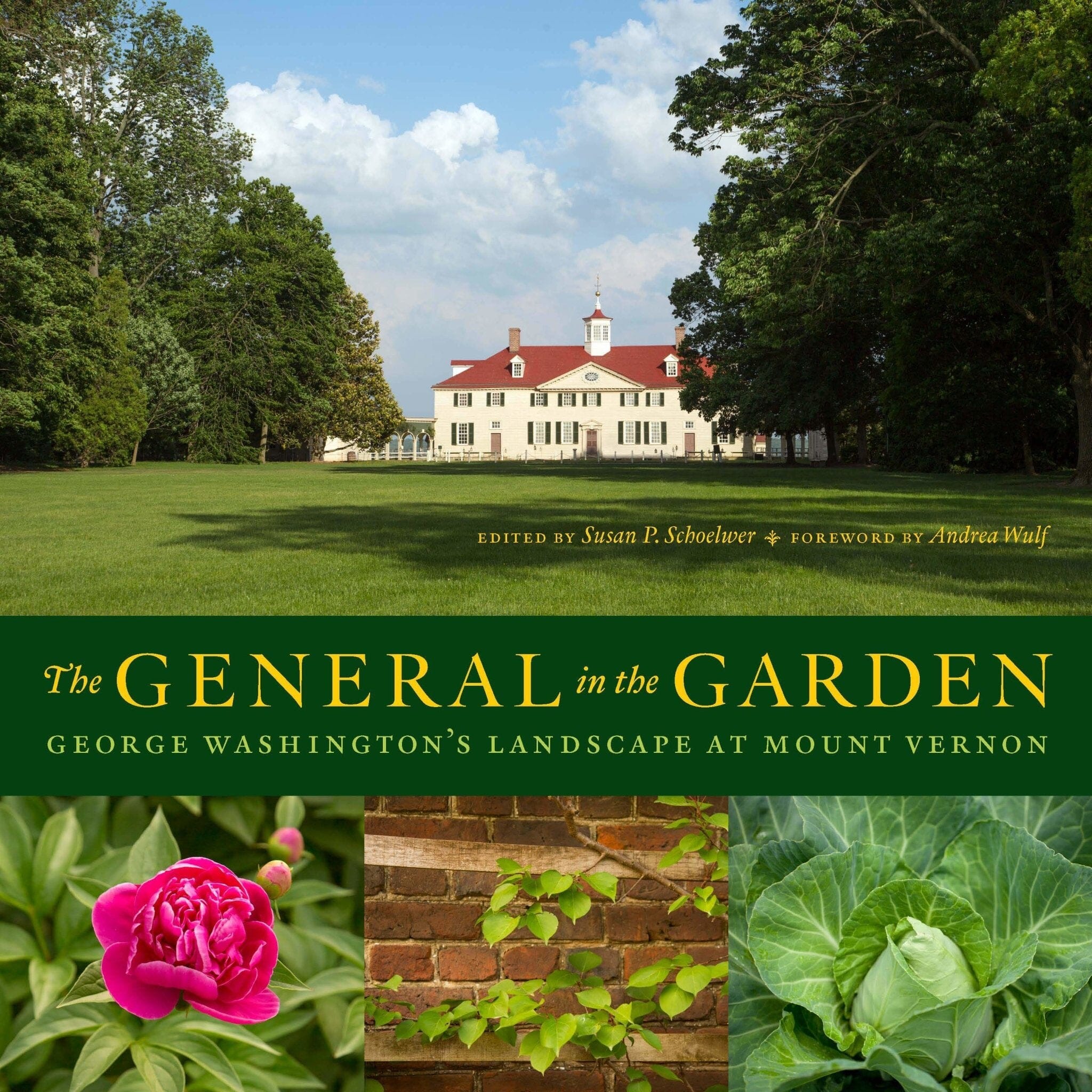

The General in the Garden
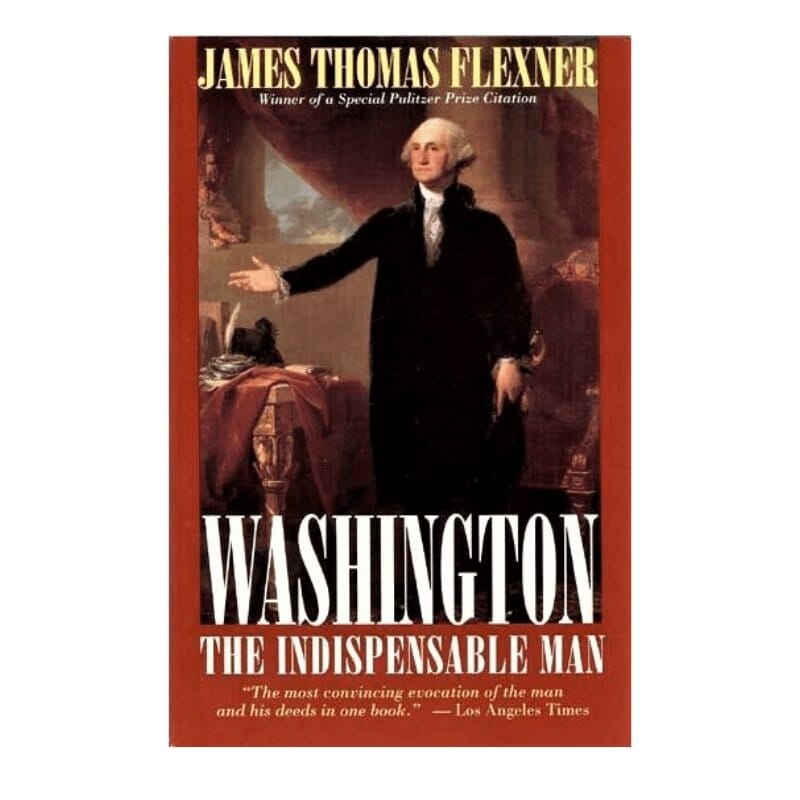
Washington The Indispensable Man
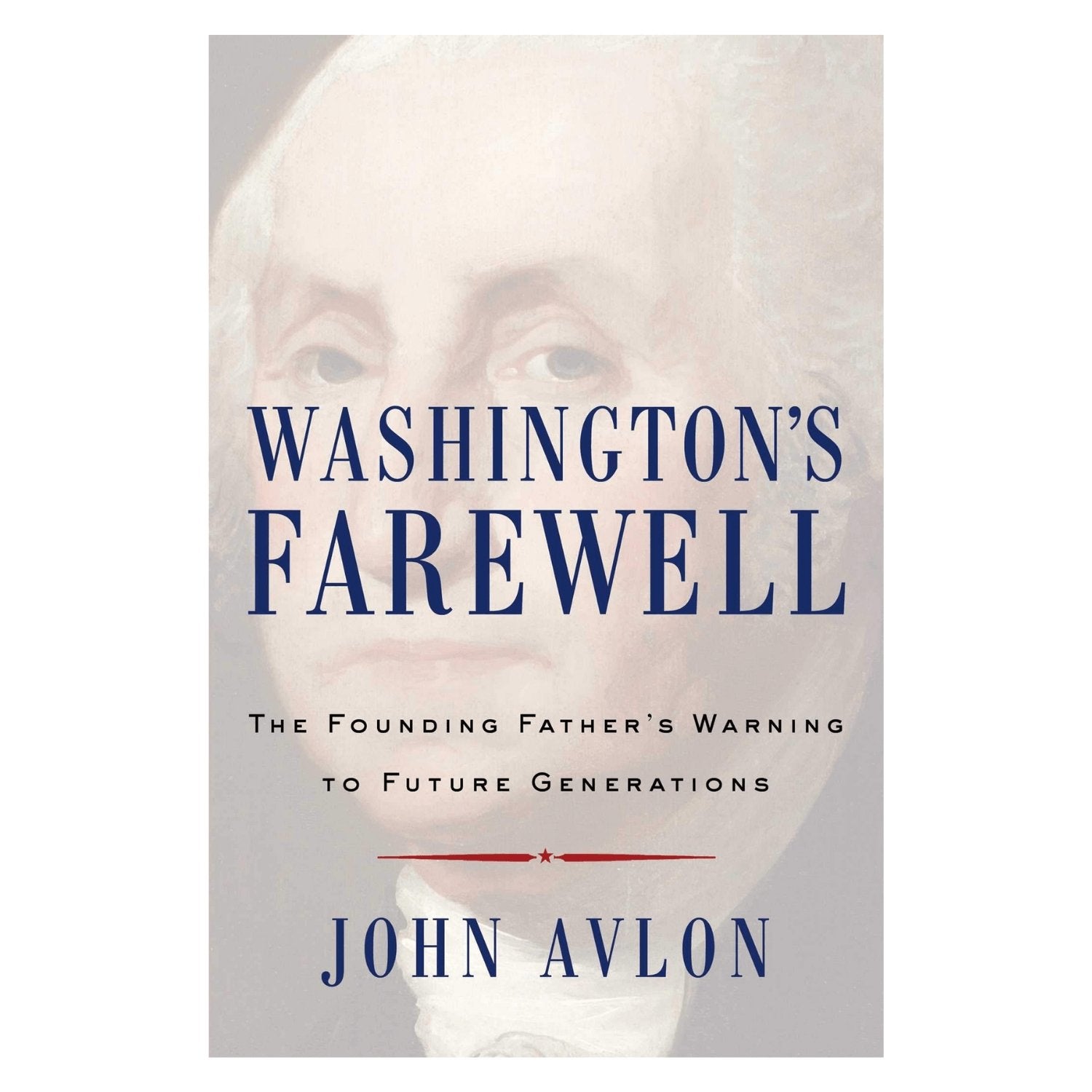
Washington's Farewell Warning : The Founding…
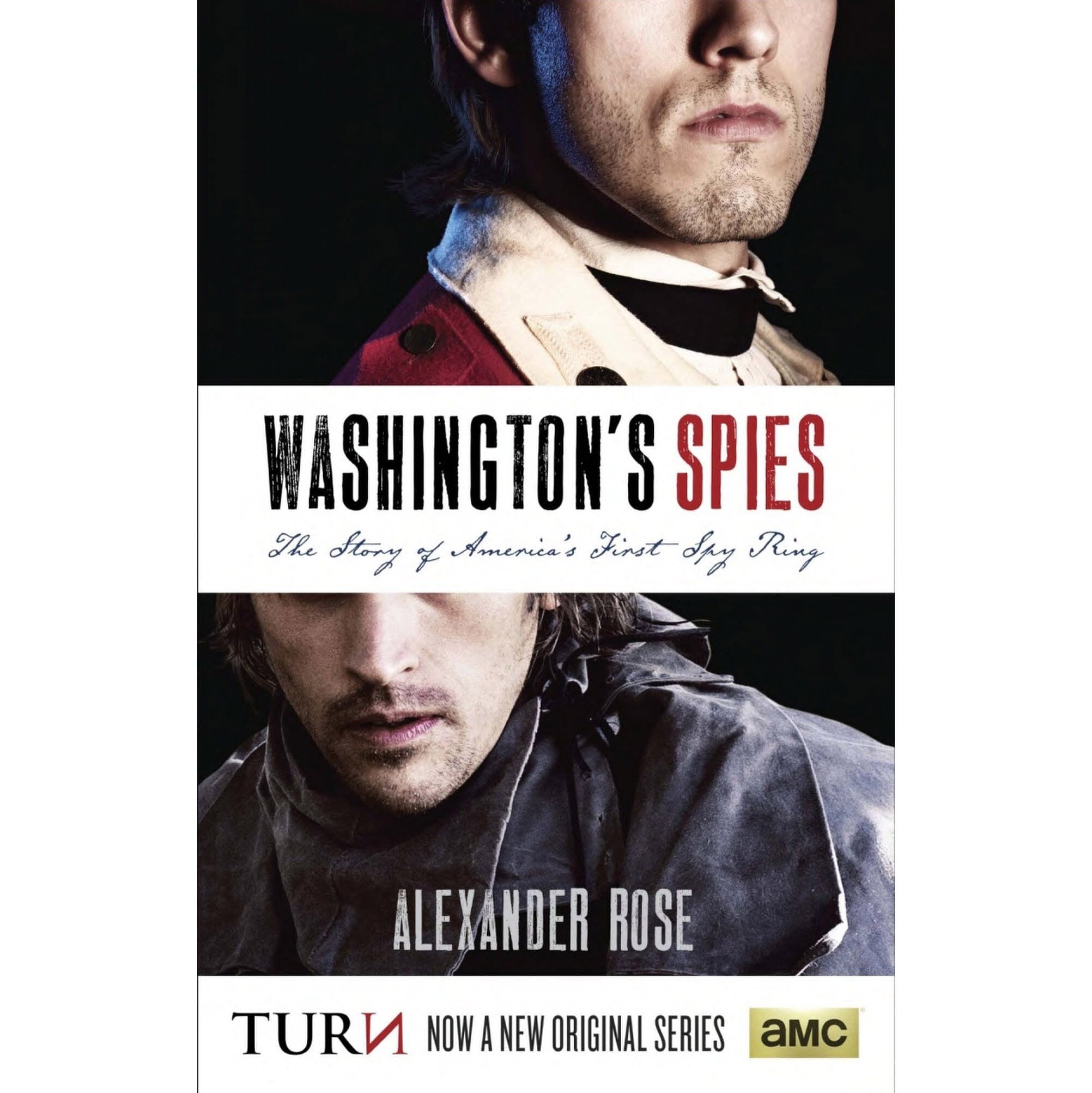
Washington's Spies
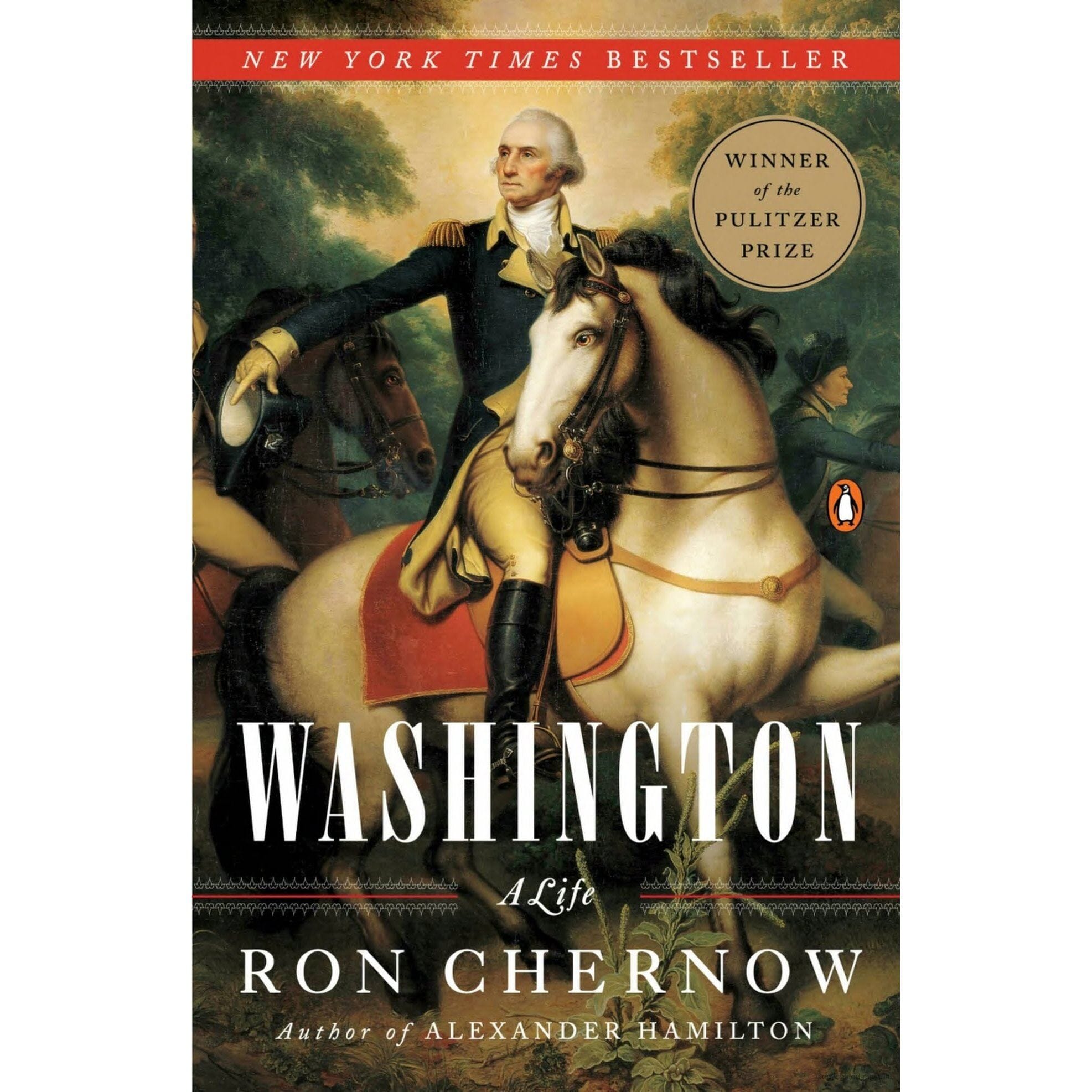
Washington: A Life
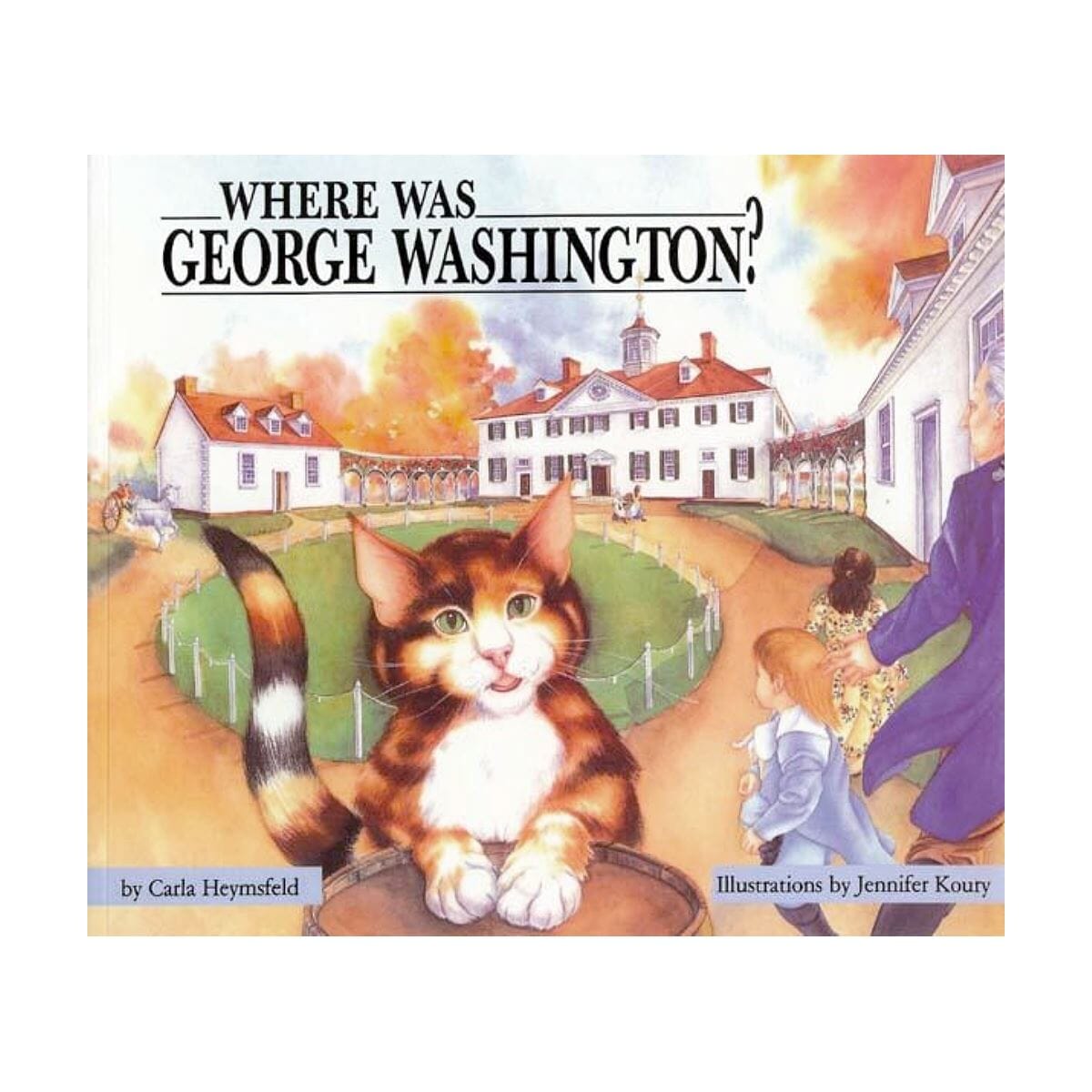
Where Was George Washington?
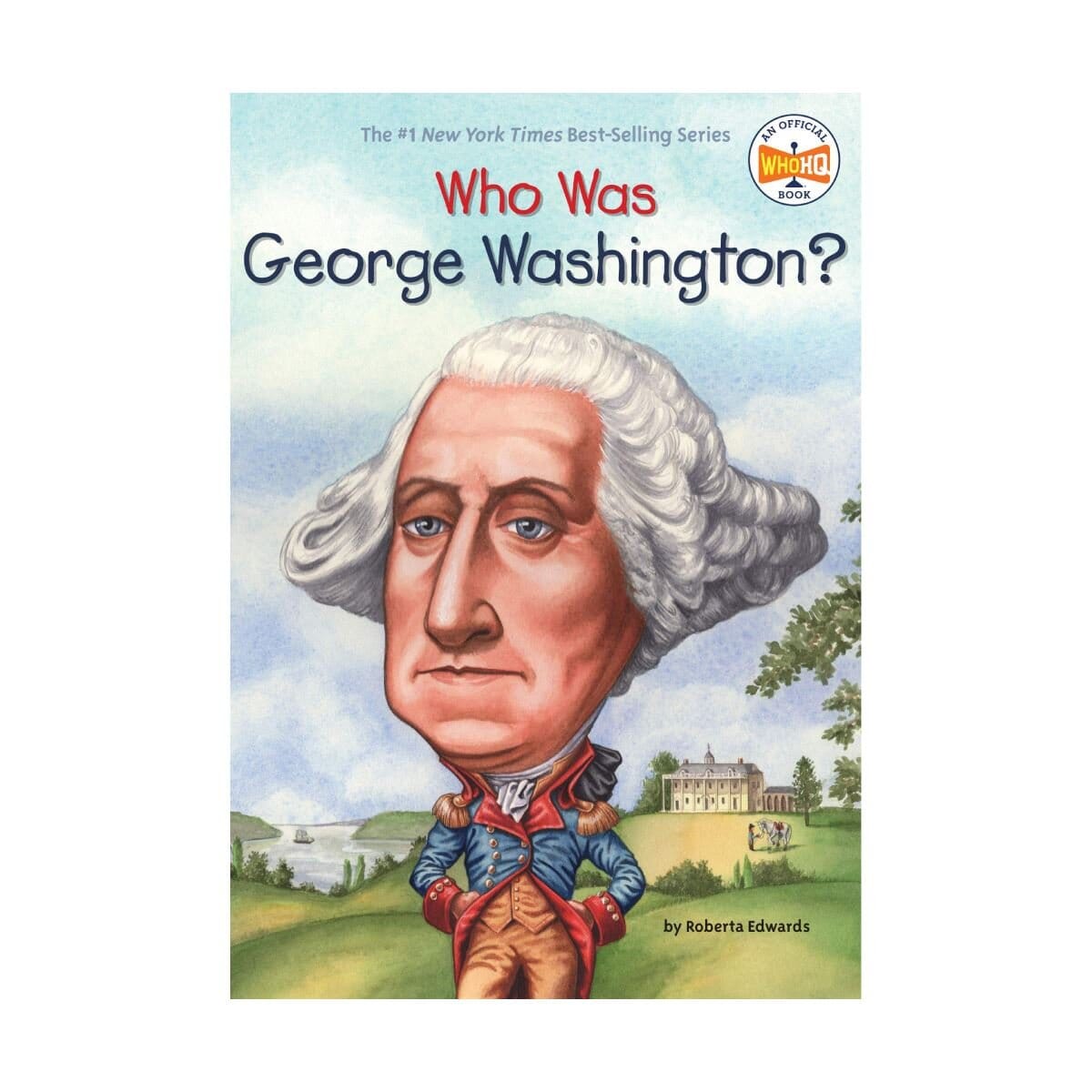
Who Was George Washington

Women in George Washington's World
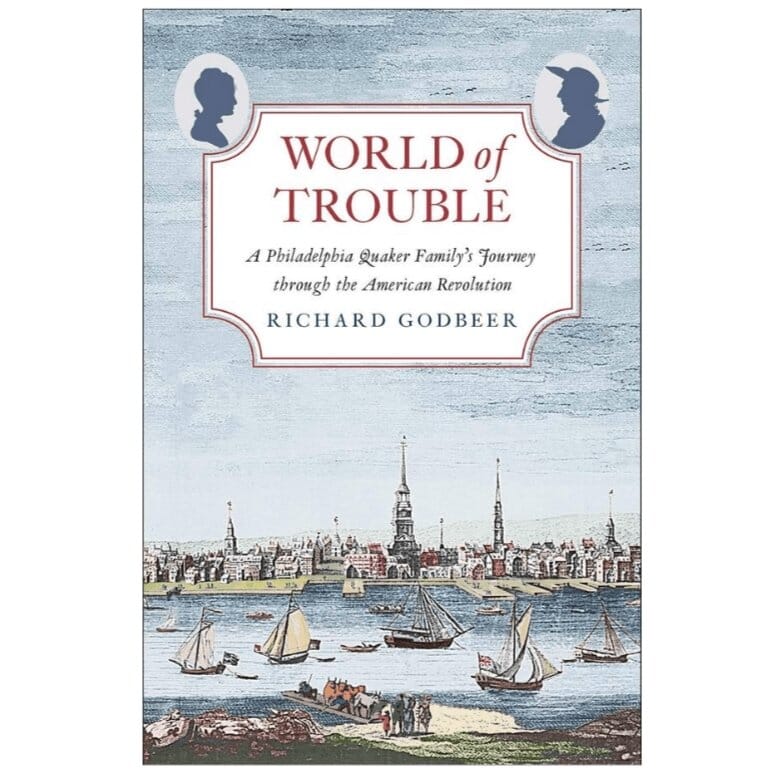
World of Trouble
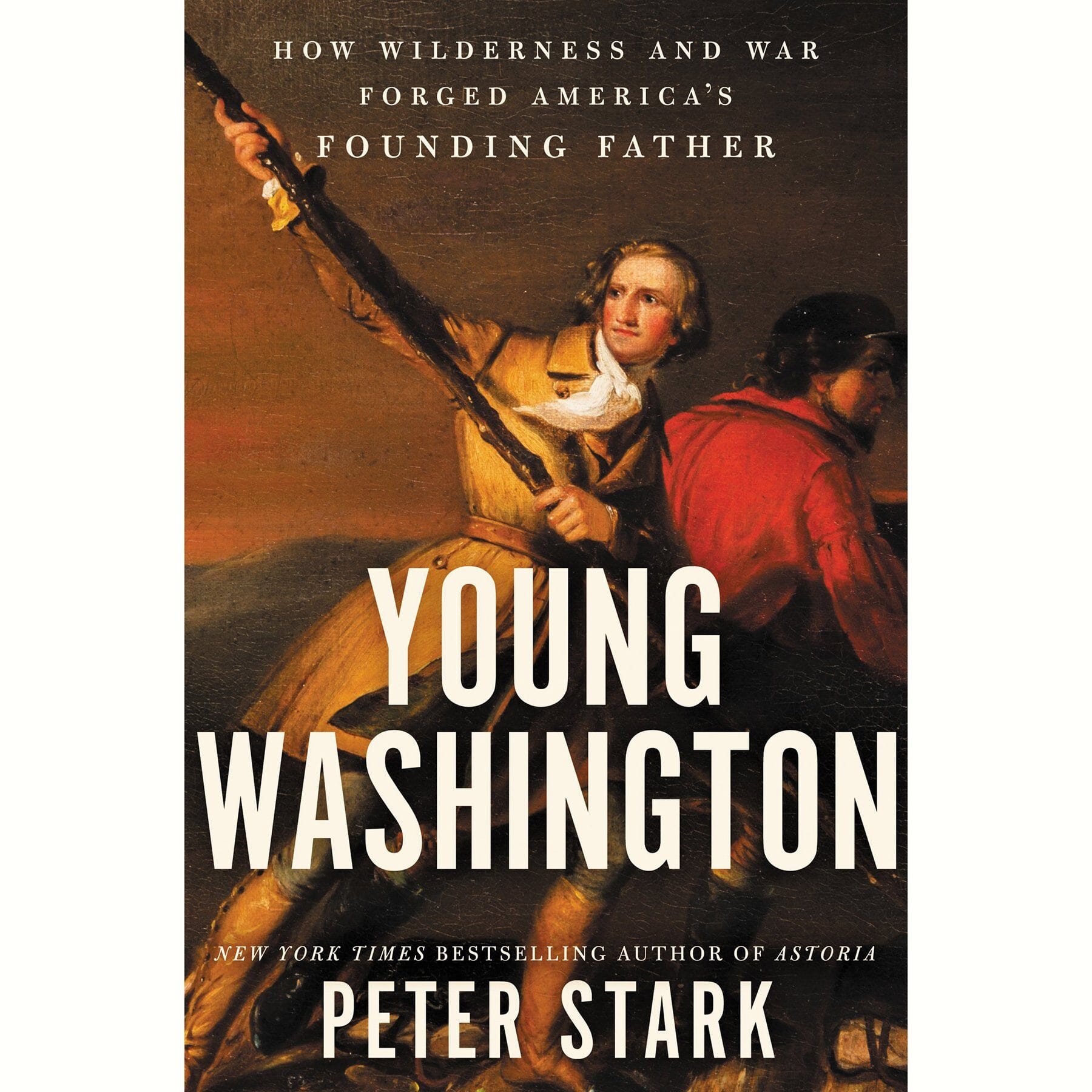
Young Washington
Quick Links
9 a.m. to 4 p.m.

Suggestions
- Death of a Salesman
- Lord of the Flies
- The Great Gatsby
- The Merchant of Venice
- Things Fall Apart
Please wait while we process your payment
Reset Password
Your password reset email should arrive shortly..
If you don't see it, please check your spam folder. Sometimes it can end up there.
Something went wrong
Log in or create account.
- Be between 8-15 characters.
- Contain at least one capital letter.
- Contain at least one number.
- Be different from your email address.
By signing up you agree to our terms and privacy policy .
Don’t have an account? Subscribe now
Create Your Account
Sign up for your FREE 7-day trial
- Ad-free experience
- Note-taking
- Flashcards & Quizzes
- AP® English Test Prep
- Plus much more
Already have an account? Log in
Choose Your Plan
Group Discount
$4.99 /month + tax
$24.99 /year + tax
Save over 50% with a SparkNotes PLUS Annual Plan!
Purchasing SparkNotes PLUS for a group?
Get Annual Plans at a discount when you buy 2 or more!
$24.99 $18.74 / subscription + tax
Subtotal $37.48 + tax
Save 25% on 2-49 accounts
Save 30% on 50-99 accounts
Payment Details
Payment Summary
SparkNotes Plus
Change
You'll be billed after your free trial ends.
7-Day Free Trial
Not Applicable
Renews April 2, 2024 March 26, 2024
Discounts (applied to next billing)
SNPLUSROCKS20 | 20% Discount
This is not a valid promo code.
Discount Code (one code per order)
SparkNotes PLUS Annual Plan - Group Discount
SparkNotes Plus subscription is $4.99/month or $24.99/year as selected above. The free trial period is the first 7 days of your subscription. TO CANCEL YOUR SUBSCRIPTION AND AVOID BEING CHARGED, YOU MUST CANCEL BEFORE THE END OF THE FREE TRIAL PERIOD. You may cancel your subscription on your Subscription and Billing page or contact Customer Support at [email protected] . Your subscription will continue automatically once the free trial period is over. Free trial is available to new customers only.
For the next 7 days, you'll have access to awesome PLUS stuff like AP English test prep, No Fear Shakespeare translations and audio, a note-taking tool, personalized dashboard, & much more!
You’ve successfully purchased a group discount. Your group members can use the joining link below to redeem their group membership. You'll also receive an email with the link.
Members will be prompted to log in or create an account to redeem their group membership.
Thanks for creating a SparkNotes account! Continue to start your free trial.
Your PLUS subscription has expired
- We’d love to have you back! Renew your subscription to regain access to all of our exclusive, ad-free study tools.
- Renew your subscription to regain access to all of our exclusive, ad-free study tools.
- Go ad-free AND get instant access to grade-boosting study tools!
- Start the school year strong with SparkNotes PLUS!
- Start the school year strong with PLUS!
George Washington
- Study Guide
Unlock your FREE SparkNotes PLUS trial!
Unlock your free trial.
- Ad-Free experience
- Easy-to-access study notes
- AP® English test prep
Suggested Essay Topics
When Washington resigned his command of the Continental Army, Jefferson said: "The moderation and virtue of one man probably prevented this Revolution from being closed by a subversion of the liberty it was intended to establish." Yet when Washington became president, Jefferson believed he was too conservative. Did Washington ultimately preserve or limit the spread of liberty in America?
How did Washington's vision of America differ from that of Alexander Hamilton and Thomas Jefferson?
Why do you think there are no political leaders like Washington today? Be sure to support your argument with historical facts.
Of the acts for which Washington is considered a hero–leading the army in the Revolutionary War, resigning his command after the war, leading the nation as president, freeing his slaves upon his death, and so on–which do think is the most important? Why?
Which did Washington value more, stability or democracy? Justify your answer.
Later in life Washington admitted that if the North and South should ever split in two he would join the North. Why do you think he said this? Support your answer with evidence from his life.
Discuss Washington's notion of duty. Is it obsolete?
Popular pages: George Washington
Review quiz further study, take a study break.

QUIZ: Is This a Taylor Swift Lyric or a Quote by Edgar Allan Poe?

The 7 Most Embarrassing Proposals in Literature

The 6 Best and Worst TV Show Adaptations of Books

QUIZ: Which Greek God Are You?
Short Biography: George Washington
George Washington George Washington was born on Pope 's Creek in Westmoreland County, Virginia, on February 22, 1732. He was one of the greatest military leaders in our nation 's history. Not only was he commander of the Continental Army, he was our country 's first president. He was a brilliant and remarkable man. His leadership skills made him an excellent general. Having lost his father at a young age, and having to help support his family, Washington learned the importance of hard work and determination. His determination, his leading the continental Army and being America 's first President were what made George Washington a great part of our nation 's rich history. George Washington was determined to do great
What Were George Washington Major Accomplishments
As one of the founding father, Washington learned valuable skills as a young boy, became a war hero, and set the standard for future leaders of the United States. On February 22, 1732, one of the influential leaders of this nation was born, George Washington. As Washington grew older, he gained useful
His Excellency George Washington Summary
In the book of His Excellency: George Washington by Joseph J. Ellis, the author introduces Washington, the Father of the United States, in a fresh portrait focused on the characters of Washington. This book is an impressive biography of Washington's remarkable dedication to the United States history. According to the author, George Washington is an omnipresent figure as he was growing up, described as the man in the moon who was aloof and silent. This book focuses on Washington's wartime service which became some of his major contributions to the United States, rather than merely telling the true story of Washington, its main thesis is focusing on analyzing his contributions and how his governorship had affected the American history. Washington's life is divided into three areas in this book.
The Rules For The Next Convention Of George Washington
• A president needed to be elected • Many Americans thought that the government was the main threat to their rights • James Madison wrote that the government had to be powerful enough to protect people’s rights, but not so strong that it could control rights of people • By May 25th, the convention was officially underway • George Washington was very admired by most Americans • Delegates decided on the rules for the next convention
What Makes George Washington A Good President
The citizen's adoration for him was endless, and his achievements and history still lives on today in our books and part of our education system. Washington did not start out to be a president, "He believed so strongly in that (running 2 terms only) concept that he refused to run for a third term." (Paragraph 3, Father of Our Nation), before his presidency, he was a general who fought at the front line of most battles. With such incredulous leadership skills, this lead him to becoming the well known Commander in Chief of the American Army. This title stuck with him when he was rewarded the title of presidency.
Thomas Jefferson Dbq
Thomas Jefferson was the third president of the United States. He ran against John Adams twice. The first time, he came in second, making him vice president. He then ran against him in the election of 1800, which had turned into a battle of Federalist and Democratic Republicans. He had defeated Adams due to a flaw in the electrical system.
Essay On George Washington's Presidency
No American today could imagine a country without a president, or without Washington, because if the patriots had not had George who was “…determined…to cross the river & make the attack upon Trenton…” (Washington), the United States of America would not even exist. George Washington was born on February 22, 1732 in Virginia (Knott). Washington never got beyond elementary school, however due to a skill in math, got a job with Lord Fairfax, a powerful businessman (Knott). After inheriting Mount Vernon because of his brother’s death, Washington joined the British Army (Knott).
George Washington's Presidency Dbq
Washington had to closely monitor his actions because everything he did set a precedent for future leaders. In his eight year presidency, George Washington faced a multitude of hardships such as economy, foreign policy, and political parties. To begin, economic
George Washington Research Paper
George Washington Birthplace National Monument The result of the life of George Washington was formulated by his compatriots in the following words, "The first – on the war, the first - in peacetime, the first - in the hearts of his countrymen". George Washington was born on February 22, 1732 in the family, the fourth generation which lived in Virginia. His ascension to the colonial elite was not preordained since childhood and youth were spent in humble circumstances. The first president received a surface schooling and lost his father Augustine, the owner of the tobacco plantations and land surveyor, in the age of eleven.
George Washington's Leadership
George Washington’s leadership was indispensable in successfully launching a new government. George Washington was chosen to be the leader at the Constitutional Convention or the Philadelphia Convention in 1787, because he had gained a great amount of trust and respect after the Revolutionary War from supporters of a national government. In addition, Washington’s support for the constitution was critical, since citizens had an admiration for him. If he did not support the constitution, neither would the citizens. Washington also contributed his comments to the Convention and wrote letters to his political associates.
George Washington Informative Speech
He was born February 22,1732 in Westmoreland county Virginia,(knott,http://millercenter.org/president/biography/washington-life-in-brief). George Washington father died when he was 11 years of age and left him with
George Mcclellan Essay
George McClellan. Born December 3rd, 1826 in Philadelphia Pennsylvania. He is famously known for being a Union leader during the Civil War, but he has had several other accomplishments while serving in the United States Armed Forces. He graduated the Military Academy (West Point) in 1846, and shortly after that, he fought in the Mexican War. Following his service in that war, he began teaching military engineering at West Point.
Examples Of George Washington's Precedents
George Washington used his actions and words to set his precedents and became the 1st president of the United States. Some precedents that he set were creating the first executive order, creating a cabinet and lastly vetoing the laws. He became president considering his great leadership and work ethic. George Washington wanted to make America great again. In order to do that he had to set a plan and go with it.
Summary Of The Greatness Of George Washington By Gordon Wood
George Washington is considered one of the most important figures in American history. In his article, "The Greatness of George Washington," Gordon Wood explores why Washington is still revered today, despite the criticisms he faced during his lifetime. Wood argues that Washington's greatness lies in his ability to embody the ideals of the American Revolution and his commitment to republican virtue. Wood notes that Washington's contemporaries were often critical of him.
George Washington's Failures
George Washington had many roles throughout his life: planter, army general, statesman, and husband. In the end, however, his time as President of the United States proved to be his most challenging role. Although Washington had little desire to govern the new republic and continuously doubted his ability, he also knew that he was the only person the American people trusted enough to act as their leader. During his time as president, George Washington encountered many challenges, including establishing a new system of government, facing enormous financial debt from the War of Independence, and disagreement about how to proceed with regards to foreign policy and domestic conflicts.
How Did George Washington Influence American History
His father was Augustine Washington and his mother was Mary Ball Washington. After George’s father died when he was 11, he inherited ten slaves and helped his mother maintain the plantation that they lived on. He was homeschooled, he had a lower amount of education than any of the other Founding Fathers. Washington finished his school education when he was fifteen and did not go to college. When he was seventeen, he wanted to join the British Navy but his mother disapproved.
More about Short Biography: George Washington
Related topics.
- United States
- President of the United States
- American Revolutionary War
- American Revolution
- Continental Army
- American Civil War
91 George Washington Essay Topic Ideas & Examples
🏆 best george washington topic ideas & essay examples, 🎓 simple & easy george washington essay titles, 📌 most interesting george washington topics to write about, ❓ questions about george washington.
- George Washington and Abraham Lincoln: Similarities and Differences George Washington and Abraham Lincoln appear to be the most prominent personalities in the entire history of the United States. Considering the fact that George Washington and Abraham Lincoln lived in different historical periods, it […]
- George Washington’s Achievements and Farewell Address Washington was a successful leader because he promoted democracy, led the country through the revolutionary war, and achieved most of the goals which he had promised the people. We will write a custom essay specifically for you by our professional experts 808 writers online Learn More
- George Washington: Life and Achievements His role in the French and Indian War was significant, as he was a commander of the Virginia Regiment, raised to oppose the French in the Ohio Valley.
- George Washington’s and John Adams’s Policies George Washington is the first popularly elected President of the United States of America, Commander-in-Chief of the Continental Army, a participant in the War of Independence, and the founder of the American institution of the […]
- “Farewell Address” by George Washington The significant aspect of the president’s speech was the value of unity, loyalty to party over the nation, and the danger of foreign entanglements.
- George Washington’s Leadership Style and Character From an in-depth analysis of his presidency and leadership the three events, it is worth noting that Washington was a visionary leader and a skilful individual whose patriotism, courage and dedication to the people and […]
- Napoleon’s Siege of Toulon and Washington’s Siege of Boston General Jean Francois Carteaux led the first phase of the siege with the assistance of the “Carmagnoles” army troops. On the other hand, General Jean Francois Cornu de La Poype led the Alpine Maritime Army […]
- Washington’s Farewell Speech Analysis With the help of James Madison and Alexander Hamilton, Washington composed a letter in Philadelphia in what later became described as the “Farewell Address”.
- George Washington’s Farewell Address He considered the most important element of the success of the state and society to be the preservation and promotion of peaceful coexistence with all forces.
- Why Washington Warned Against Political Parties Washington warned against the formation of many regional-based political parties because it would jeopardize the unity of purpose of the country.
- Madonna Enthroned and Washington Crossing the Delaware: Art Analysis However, artists during the Renaissance sought a rebirth, and this aspect explains Giotto’s attempt to incorporate elements of humanism in this painting by portraying the Virgin as a queen.
- Colonialism Questions: George Washington and Monroe Declaration He believed that the US was in danger if it would entangle itself in the foreign affairs of other nations particularly those from Europe. The convention of 1800 saw an end to all the treaties […]
- George Washington: The First President of the Great Free Country He was recognized not only as the commander in chief but also as one of the leaders who assisted in crafting the new constitution.
- Americans, Here Me Now: G. Washington’s Farewell He explained the different advantages to each region of the United States and understood that the only way to align a complete nation was for these regions to recognize each others’ contribution to the whole.
- The Death of George Washington He is considered to be one of the most prominent politicians in the history of the United States. The twentieth century was marked with increased attention to the death of George Washington.
- The Heroic Deeds of George Washington This presentation explores the heroic deeds of George Washington. The most admired qualities of George Washington include courage, confidence, and statesmanship.
- George Washington: Leader in the United States In this regard, the founders of the American nation were simply hypocrites who never had the interests of the poor and Africans at heart.
- George Washington and Neo-Classical Imagery George Washington continued to warn the nation of the potential dangers that threaten public unity such as political ties with foreigners and division of states based on geographical discriminations.
- George Washington: Servant Leadership and Communication To him, the Americans were the master in this new country, and they had the power of choosing the person they wanted to serve them as their president.
- The Life of George Washington Truett Due to the strong conviction of the church leadership and its congregation, he was persuaded to become a minister in 1890.
- Post American Revolution Period: Washington Presidency The formation of the National Government during the years of 1789-1815 was associated with many challenging situations, and it was characterized by the opposition of the Federalists and Republicans, among which the important roles were […]
- Washington, Jefferson and Parker’ Role in the US History As one of the founding fathers of the US and the third president of the post independence America, Thomas Jefferson is attributed with several achievements which permanently changed the history of the US in a […]
- General George Washington. Life of the Commander in Chief Ever strategic, Washington was quick to support fellow commanders of the American troops as seen in some of his letters to Major General Greene and other George Washington’s leadership skills came to the fore once […]
- Washington’s Farewell Address: The Importance of Unity to the American People On top of that, Washington underscores the importance of education in development of a nation. Though he is leaving office, Washington wants Americans to know that they are moving in the good direction.
- The Rebirth of America: A Biography of George Washington
- The Early Life and Military Leadership of George Washington
- The Military Career Of George Washington
- An Argument Against George Washington Due to Self Interest
- An Evaluation of the Successes of the George Washington Administration
- The Reasons Why George Washington Was One of the America’s Greatest Leaders
- The Contribution of President George Washington to the Drafting of Articles of the Confederation
- The Role of George Washington During the American Revolution
- George Washington – The Most Influential Founding Father of America
- The Turning Point in the Life of George Washington
- An Analysis of the Policy and Effectiveness of George Washington, an American President
- An Examination of George Washington and His Army
- President George Washington Was a Selfless Leader Who Greatly Influenced the United States
- An Introduction to the Political History and a Comparison of George Washington and John Adams
- George Washington and Brookhiser’s Account in Founding Founder
- An Overview of the Presidency of George Washington in the United States
- An Evaluation of the Foreign Policy Under George Washington
- Analysis Of George Washington ‘s Farewell Address
- A Description of George Washington Carver a Agricultural Scientist
- The Early Life and Events That Shaped George Washington’s Future
- The Views Of The Politician George Washington
- The Story of an Influential Role Model, George Washington
- The Significance and Effects of the Leadership of General George Washington
- Why Was George Washington The Greatest President
- A Review of the American Revolution Under the Leadership of George Washington
- Mason Weems’ Fictional George Washington Text and the Actual Man
- The Legacy Of George Washington Carver
- An Examination of George Washington’s Leadership
- George Washington ‘s Influence On The American Revolution
- An Introduction to the Issue of Slavery by George Washington
- Blood Of Tyrants George Washington And The Forging Of The Presidency
- A Study of George Washington’s Desire to Eliminate Slavery in America
- The Connection Between American Dream And The Great Gatsby George Washington University
- A History of Espionage Under the Leadership of George Washington
- The Common Thing in George Washington, Thomas Edison and Theodore Roosevelt
- An Analysis of George Washington’s Involvement in the Beginning of the American Revolution
- An Analysis of George Washington and His War on Credit
- What Mistakes Did George Washington Make During the Revolutionary War?
- What Leadership Qualities Did George Washington Demonstrate?
- Does George Washington Deserve the Title Father of the United States?
- What Was the Foreign and Domestic Policy Under George Washington?
- What Was George Washington’s Farewell Address to the People of the United States of America?
- Could George Washington Have Abolished Slavery?
- What Are the Years of George Washington’s Presidency?
- How Did George Washington Help Shape Patriotic Identity?
- Why Is George Washington Called the Founding Father of the United States?
- What Is George Washington’s Contribution to the Development of American Statehood?
- What Made George Washington a Good Military Leader?
- What Was George Washington’s Most Important Leadership Quality?
- Where Is George Washington Buried?
- In Which Other Countries Besides the United States Are There Monuments to George Washington?
- What Is George Washington’s Most Famous Quote?
- What Are the Most Important Domestic Achievements of George Washington?
- What Was George Washington’s Presidential Plan?
- What Personal Economic Disadvantages of George Washington Prevented Him From Abolishing Slavery?
- What Is George Washington’s Family Tree?
- George Washington: What Was the Decisive Factor in the American Victory Over the British?
- How 22-Year-Old George Washington Inadvertently Sparked a World War?
- What Was George Washington’s Racial Attitude?
- How Did George Washington’s Understanding of Military Tactics and Geography Help Defeat the British?
- How Should the Events of the French and Indian War Be Used to Reflect the Legacy of George Washington?
- What Events Shaped the Future of George Washington?
- What Were George Washington’s Last Words?
- Did George Washington Have a British Accent?
- What Is George Washington’s Influence on the American Military Tradition?
- How Many Wars Did George Washington Fight In?
- What Was the Character of George Washington?
- Chicago (A-D)
- Chicago (N-B)
IvyPanda. (2024, February 26). 91 George Washington Essay Topic Ideas & Examples. https://ivypanda.com/essays/topic/george-washington-essay-examples/
"91 George Washington Essay Topic Ideas & Examples." IvyPanda , 26 Feb. 2024, ivypanda.com/essays/topic/george-washington-essay-examples/.
IvyPanda . (2024) '91 George Washington Essay Topic Ideas & Examples'. 26 February.
IvyPanda . 2024. "91 George Washington Essay Topic Ideas & Examples." February 26, 2024. https://ivypanda.com/essays/topic/george-washington-essay-examples/.
1. IvyPanda . "91 George Washington Essay Topic Ideas & Examples." February 26, 2024. https://ivypanda.com/essays/topic/george-washington-essay-examples/.
Bibliography
IvyPanda . "91 George Washington Essay Topic Ideas & Examples." February 26, 2024. https://ivypanda.com/essays/topic/george-washington-essay-examples/.
- Benjamin Franklin Titles
- Donald Trump Topics
- Abraham Lincoln Topics
- Ronald Reagan Topics
- Thomas Jefferson Ideas
- Barack Obama Topics
- Andrew Jackson Ideas
- Bill Clinton Topics
- Franklin Roosevelt Questions
- John F. Kennedy Questions
- American Revolution Topics
- Role Model Research Topics
- US History Topics
- Republican Party Paper Topics
- Leadership Qualities Research Ideas
- Dissertation
- PowerPoint Presentation
- Book Report/Review
- Research Proposal
- Math Problems
- Proofreading
- Movie Review
- Cover Letter Writing
- Personal Statement
- Nursing Paper
- Argumentative Essay
- Research Paper
Simple Tips On Writing The George Washington Essay

Table of Contents
So, George Washington University (GWU) can be tough to get in. It’s an elite university, chartered by the U.S. Congress since 1821.
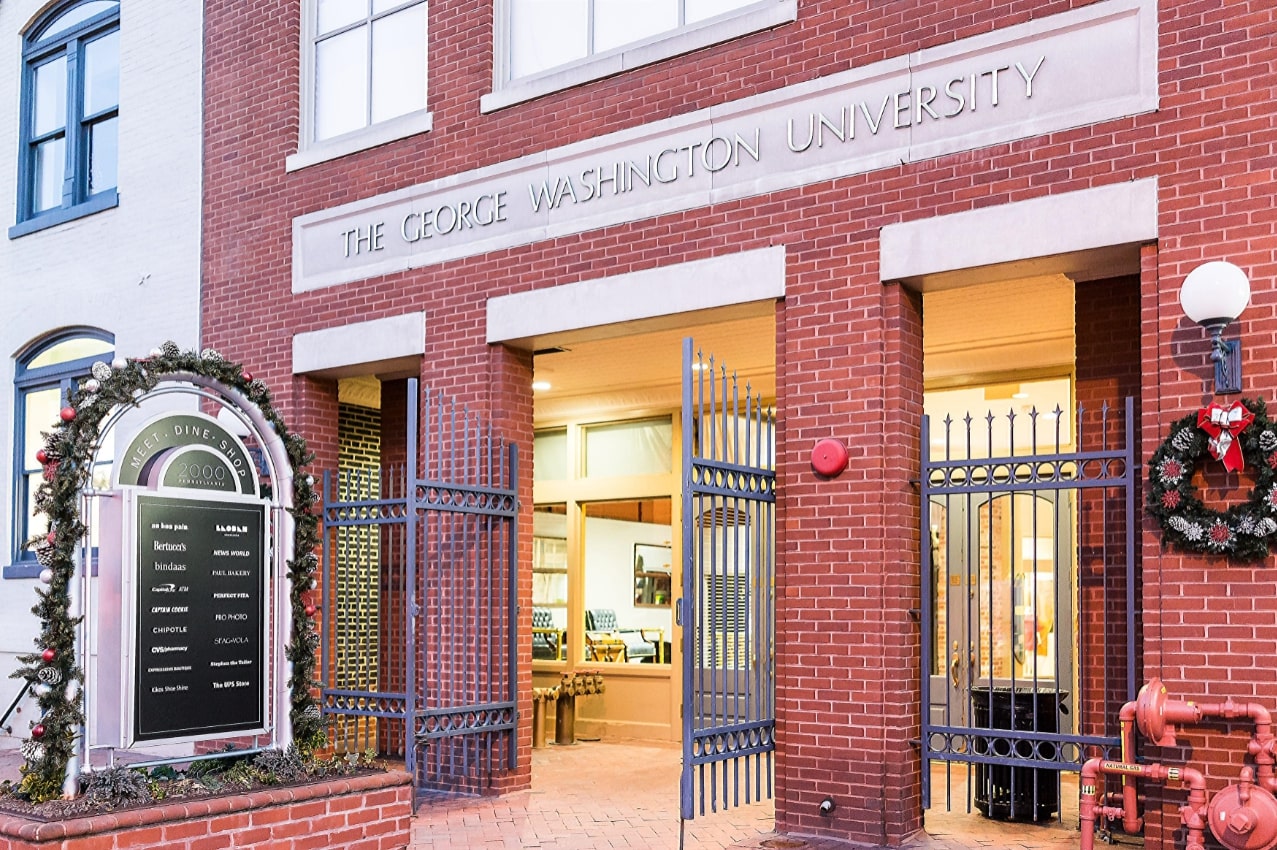
GWU accepts only those who are curious, talented, and brave. Those who are sure they can make a difference and who are ready to change the world from the freshman year. The perfect George Washington essay shows that you can analyze, plan, and perform realistic solutions for complicated situations.
Students worldwide know and love GWU for its campuses and programs. The best are government, international affairs, public policy, and journalism. There is also an Honor program, which differs because of:
- The small classes . You’ll study in a group with up to 19 other students.
- You’ll get access to the Honors residential community .
- Off-campus activities are available.
- Exclusive Honors courses .
…and many more.
To apply for the Honors program and achieve all those privileges, you need to write an admission essay .
George Washington essay: what’s it all about?
To get into GWU, you’ll need to write a proper, well-formed essay in the special, George Washington writing style. Usually, it contains 250 to 500 words, depending on the prompt. This is the most crucial part of your application.
Since 2015 an essay has more impact on the final result, than all other tests. That’s because, in GWU, they want to see independent, initiative learners with leadership qualities.
Your essay is a chance to prove an admissions committee you are the one worth the place in this prestigious university.
Base your work on your story, your unique life experience that would demonstrate your best qualities. It’s a chance to show yourself in a positive light.
There is a variety of prompts to choose from, so you’ll have the possibility to select a topic you like and are good at. You should show that you are a mature, independent person, positive-thinker.
To apply for the Honors program , you need to write another essay, on a different topic.
We’ll cover those topics a bit later in our short overview.
Shortest advise on how to write GWU essay
To impress the admission committee, you need to combine the excellent test scores and an outstanding essay that will prove you’re worth the place in GWU.
…Well, how can you write that essay and show your best in merely 250 words?
Here are some tips:
- Be bold and clear . Don’t get into a trap of the abstract terms and vague telling.
- Make a story out of your life experience . To cover up the prompt, choose an important story from your life and tell it like you would expose it to your friend.
- Show yourself in a positive light . Try to be a mature, adult person in the eyes of the admission committee.
- Start small . Don’t try to rewrite the World History or solve a global problem in your essay. Better show how you understand the importance of small, realistic changes.
- Make your essay structured . The main idea has to be traced through all your text.
Remember: you don’t need to be a world-known hero to impress the admission committee.
What actually matters is your ability to persuade people, make small changes, maintain a sustainable friendship, or go through a hard time with a head held high.
George Washington essay prompts and how to deal with them
The essay prompts of GWU are oriented on your skills of independent and creative thinking.
There are three kinds of George Washington essay prompts:
- Those for all students are named the necessary prompts . Their main goal is seeing strong leadership qualities and analytical skills in the future student’s minds.
- Prompts for the Honors Program . These are made to make the admission committee understand the real student’s concern about getting into GWU Honors. It’s essential to have a clear and convincing motivation of attending the Honors, other than the program’s prestige.
- If you want to apply to the School of Media and Public Affairs , you need to be familiar with the best examples of the news media style. An interview with yourself is a perfect way to show your experience.
So each prompt shows your abilities and motivation from different sides.
You better think of your strongest traits and choose the prompt that highlights them accurately.
The use of George Washington University essay examples
Essays needed to get into GWU usually look like standard essays, around 250-500 words long. In the first paragraph, you describe the situation that happened to you or the historical moment, that has led you to the choice of this topic.
Don’t get caught in defining the problems of history. Better briefly tell why it matters to you personally. Spend the rest of your essay describing some actions you’re going to take to change the situation.
…Important!
While writing an essay to the School of Public Affairs , don’t ask any questions in your text. They take too much space.
Focus on the answers.
Here are a couple of George Washington University essay examples for your inspiration.
George Washington leadership essay
Prompt 2 belongs to the kind of leadership essays. Its goal is to examine your ability to think globally but practically, provide rational solutions to existing problems, and engage others in your activities.
When writing this essay, it would be great to include a narrative about the situation when you engaged others into a meaningful dialogue, that mattered. The best outcome, of course, would be a massive change of something in the result.
You can also take a long-term friendship as a basis for a George Washington leadership essay. Tell about the way you and your friend changed because of this friendship and your ability to maintain healthy relationships.
Don’t panic if you didn’t happen to participate in political debates or elsewhere.
Remember, that even a casual dialogue, where you’ve faced the complete opposite point of view and discussed it, – counts.
Don’t make up a story about how you persuaded this person to accept your point of view with just one dialogue.
Changes take time, and GWU admission committee understands it. Let’s see an example of the essay well-done.
George Washington short essay
There is no option to submit a shorter essay. But for those who don’t like to write a whole lot of words, two necessary prompts need to be written in up to 250 words.
Also, if you’d love to apply the School of Media and Public Affairs , you need to submit an interview with yourself written in the style of the top media worldwide like the New York Times.
To submit an excellent George Washington short essay, you need to keep things short, not fall into the details or the history of questions you describe.
Be brief and bold, don’t hedge. Let’s see some examples of the essays well written.
On balance…
There’s a whole bunch of work you need to do before applying to the elite society of GWU. But these efforts will pay off very short.
Studying at George Washington University will make you a part of an exclusive circle of world leaders.
Here’re our very last and best short tips for you:
- Don’t lie in your essay, create a unique work, do not steal or copy anything from the others.
- Tell about your life experience or what matters to you personally .
- Don’t try to change the world or solve global problems in a single 250-words essay.
- Stand your ground .
Forget about the fear of failure! Our trained professionals can craft any kind of essay for you, just order it. Right here. Hit the button.

11 simple steps to help you write a research paper on climate change
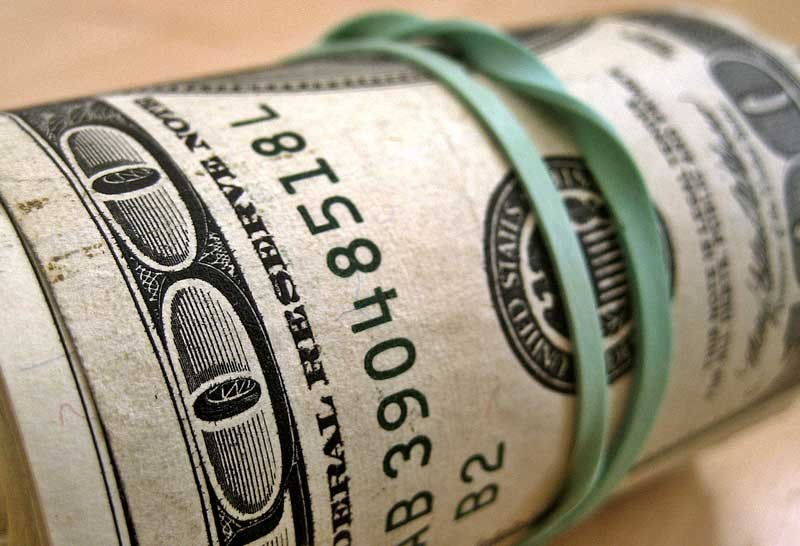
Keep Skipping Morning Classes? Here Are Great Ideas for Morning Self-Motivation
George Washington: Hero Tales from American History

The brilliant historian of the English people [*] has written of Washington, that "no nobler figure ever stood in the fore-front of a nation's life." In any book which undertakes to tell, no matter how slightly, the story of some of the heroic deeds of American history, that noble figure must always stand in the fore-front. But to sketch the life of Washington even in the barest outline is to write the history of the events which made the United States independent and gave birth to the American nation. Even to give alist of what he did, to name his battles and recount his acts as president, would be beyond the limit and the scope of this book. Yet it is always possible to recall the man and to consider what he was and what he meant for us and for mankind He is worthy the study and the remembrance of all men, and to Americans he is at once a great glory of their past and an inspiration and an assurance of their future.
* John Richard Green.
To understand Washington at all we must first strip off all the myths which have gathered about him. We must cast aside into the dust-heaps all the wretched inventions of the cherry-tree variety, which were fastened upon him nearly seventy years after his birth. We must look at him as he looked at life and the facts about him, without any illusion or deception, and no man in history can better stand such a scrutiny.
Born of a distinguished family in the days when the American colonies were still ruled by an aristocracy, Washington started with all that good birth and tradition could give. Beyond this, however, he had little. His family was poor, his mother was left early a widow, and he was forced after a very limited education to go out into the world to fight for himself He had strong within him the adventurous spirit of his race. He became a surveyor, and in the pursuit of this profession plunged into the wilderness, where he soon grew to be an expert hunter and backwoodsman. Even as a boy the gravity of his character and his mental and physical vigor commended him to those about him, and responsibility and military command were put in his hands at an age when most young men are just leaving college. As the times grew threatening on the frontier, he was sent on a perilous mission to the Indians, in which, after passing through many hardships and dangers, he achieved success. When the troubles came with France it was by the soldiers under his command that the first shots were fired in the war which was to determine whether the North American continent should be French or English. In his earliest expedition he was defeated by the enemy. Later he was with Braddock, and it was he who tried, to rally the broken English army on the stricken field near Fort Duquesne. On that day of surprise and slaughter he displayed not only cool courage but the reckless daring which was one of his chief characteristics. He so exposed himself that bullets passed through his coat and hat, and the Indians and the French who tried to bring him down thought he bore a charmed life. He afterwards served with distinction all through the French war, and when peace came he went back to the estate which he had inherited from his brother, the most admired man in Virginia.
At that time he married, and during the ensuing years he lived the life of a Virginia planter, successful in his private affairs and serving the public effectively but quietly as a member of the House of Burgesses. When the troubles with the mother country began to thicken he was slow to take extreme ground, but he never wavered in his belief that all attempts to oppress the colonies should be resisted, and when he once took up his position there was no shadow of turning. He was one of Virginia's delegates to the first Continental Congress, and, although he said but little, he was regarded by all the representatives from the other colonies as the strongest man among them. There was something about him even then which commanded the respect and the confidence of every one who came in contact with him.
It was from New England, far removed from his own State, that the demand came for his appointment as commander-in-chief of the American army. Silently he accepted the duty, and, leaving Philadelphia, took command of the army at Cambridge. There is no need to trace him through the events that followed. From the time when he drew his sword under the famous elm tree, he was the embodiment of the American Revolution, and without him that revolution would have failed almost at the start. How he carried it to victory through defeat and trial and every possible obstacle is known to all men.
When it was all over he found himself facing a new situation. He was the idol of the country and of his soldiers. The army was unpaid, and the veteran troops, with arms in their hands, were eager to have him take control of the disordered country as Cromwell had done in England a little more than a century before. With the army at his back, and supported by the great forces which, in every community, desire order before everything else, and are ready to assent to any arrangement which will bring peace and quiet, nothing would have been easier than for Washington to have made himself the ruler of the new nation. But that was not his conception of duty, and he not only refused to have anything to do with such a movement himself, but he repressed, by his dominant personal influence, all such intentions on the part of the army. On the 23d of December, 1783, he met the Congress at Annapolis, and there resigned his commission. What he then said is one of the two most memorable speeches ever made in the United States, and is also memorable for its meaning and spirit among all speeches ever made by men. He spoke as follows:
"Mr. President:—The great events on which my resignation depended having at length taken place, I have now the honor of offering my sincere congratulations to Congress, and of presenting myself before them, to surrender into their hands the trust committed to me and to claim the indulgence of retiring from the service of my country.
Happy in the confirmation of our independence and sovereignity and pleased with the opportunity afforded the United States of becoming a respectable nation, I resign with satisfaction the appointment I accepted with diffidence; a diffidence in my abilities to accomplish so arduous a task, which, however, was superseded by a confidence in the rectitude of our cause, the support of the supreme power of the Union, and the patronage of Heaven.
The successful termination of the war has verified the most sanguine expectations, and my gratitude for the interposition of Providence and the assistance I have received from my countrymen increases with every review of the momentous contest.
While I repeat my obligations to the Army in general, I should do injustice to my own feelings not to acknowledge, in this place, the peculiar services and distinguished merits of the Gentlemen who have been attached to my person during the war. It was impossible that the choice of confidential officers to compose my family should have been more fortunate. Permit me, sir, to recommend in particular those who have continued in service to the present moment as worthy of the favorable notice and patronage of Congress.
I consider it an indispensable duty to close this last solemn act of my official life by commending the interests of our dearest country to the protection of Almighty God, and those who have the superintendence of them to His holy keeping.
Having now finished the work assigned me, I retire from the great theatre of action, and, bidding an affectionate farewell to this august body, under whose orders I have so long acted, I here offer my commission and take my leave of all the employments of public life."
The great master of English fiction, writing of this scene at Annapolis, says: "Which was the most splendid spectacle ever witnessed—the opening feast of Prince George in London, or the resignation of Washington? Which is the noble character for after ages to admire—yon fribble dancing in lace and spangles, or yonder hero who sheathes his sword after a life of spotless honor, a purity unreproached, a courage indomitable and a consummate victory?"
Washington did not refuse the dictatorship, or, rather, the opportunity to take control of the country, because he feared heavy responsibility, but solely because, as a high-minded and patriotic man, he did not believe in meeting the situation in that way. He was, moreover, entirely devoid of personal ambition, and had no vulgar longing for personal power. After resigning his commission he returned quietly to Mount Vernon, but he did not hold himself aloof from public affairs. On the contrary, he watched their course with the utmost anxiety. He saw the feeble Confederation breaking to pieces, and he soon realized that that form of government was an utter failure. In a time when no American statesman except Hamilton had yet freed himself from the local feelings of the colonial days, Washington was thoroughly national in all his views. Out of the thirteen jarring colonies he meant that a nation should come, and he saw—what no one else saw—the destiny of the country to the westward. He wished a nation founded which should cross the Alleghanies, and, holding the mouths of the Mississippi, take possession of all that vast and then unknown region. For these reasons he stood at the head of the national movement, and to him all men turned who desired a better union and sought to bring order out of chaos. With him Hamilton and Madison consulted in the preliminary stages which were to lead to the formation of a new system. It was his vast personal influence which made that movement a success, and when the convention to form a constitution met at Philadelphia, he presided over its deliberations, and it was his commanding will which, more than anything else, brought a constitution through difficulties and conflicting interests which more than once made any result seem well-nigh hopeless. When the Constitution formed at Philadelphia had been ratified by the States, all men turned to Washington to stand at the head of the new government. As he had borne the burden of the Revolution, so he now took up the task of bringing the government of the Constitution into existence. For eight years he served as president. He came into office with a paper constitution, the heir of a bankrupt, broken-down confederation. He left the United States, when he went out of office, an effective and vigorous government. When he was inaugurated, we had nothing but the clauses of the Constitution as agreed to by the Convention. When he laid down the presidency, we had an organized government, an established revenue, a funded debt, a high credit, an efficient system of banking, a strong judiciary, and an army. We had a vigorous and well-defined foreign policy; we had recovered the western posts, which, in the hands of the British, had fettered our march to the west; and we had proved our power to maintain order at home, to repress insurrection, to collect the national taxes, and to enforce the laws made by Congress. Thus Washington had shown that rare combination of the leader who could first destroy by revolution, and who, having led his country through a great civil war, was then able to build up a new and lasting fabric upon the ruins of a system which had been overthrown. At the close of his official service he returned again to Mount Vernon, and, after a few years of quiet retirement, died just as the century in which he had played so great a part was closing.
Washington stands among the greatest men of human history, and those in the same rank with him are very few. Whether measured by what he did, or what he was, or by the effect of his work upon the history of mankind, in every aspect he is entitled to the place he holds among the greatest of his race. Few men in all time have such a record of achievement. Still fewer can show at the end of a career so crowded with high deeds and memorable victories a life so free from spot, a character so unselfish and so pure, a fame so void of doubtful points demanding either defense or explanation. Eulogy of such a life is needless, but it is always important to recall and to freshly remember just what manner of man he was. In the first place he was physically a striking figure. He was very tall, powerfully made, with a strong, handsome face. He was remarkably muscular and powerful. As a boy he was a leader in all outdoor sports. No one could fling the bar further than he, and no one could ride more difficult horses. As a young man he became a woodsman and hunter. Day after day he could tramp through the wilderness with his gun and his surveyor's chain, and then sleep at night beneath the stars. He feared no exposure or fatigue, and outdid the hardiest backwoodsman in following a winter trail and swimming icy streams. This habit of vigorous bodily exercise he carried through life. Whenever he was at Mount Vernon he gave a large part of his time to fox-hunting, riding after his hounds through the most difficult country. His physical power and endurance counted for much in his success when he commanded his army, and when the heavy anxieties of general and president weighed upon his mind and heart.
He was an educated, but not a learned man. He read well and remembered what he read, but his life was, from the beginning, a life of action, and the world of men was his school. He was not a military genius like Hannibal, or Caesar, or Napoleon, of which the world has had only three or four examples. But he was a great soldier of the type which the English race has produced, like Marlborough and Cromwell, Wellington, Grant, and Lee. He was patient under defeat, capable of large combinations, a stubborn and often reckless fighter, a winner of battles, but much more, a conclusive winner in a long war of varying fortunes. He was, in addition, what very few great soldiers or commanders have ever been, a great constitutional statesman, able to lead a people along the paths of free government without undertaking himself to play the part of the strong man, the usurper, or the savior of society.
He was a very silent man. Of no man of equal importance in the world's history have we so few sayings of a personal kind. He was ready enough to talk or to write about the public duties which he had in hand, but he hardly ever talked of himself. Yet there can be no greater error than to suppose Washington cold and unfeeling, because of his silence and reserve. He was by nature a man of strong desires and stormy passions. Now and again he would break out, even as late as the presidency, into a gust of anger that would sweep everything before it. He was always reckless of personal danger, and had a fierce fighting spirit which nothing could check when it was once unchained.
But as a rule these fiery impulses and strong passions were under the absolute control of an iron will, and they never clouded his judgment or warped his keen sense of justice.
But if he was not of a cold nature, still less was he hard or unfeeling. His pity always went out to the poor, the oppressed, or the unhappy, and he was all that was kind and gentle to those immediately about him.
We have to look carefully into his life to learn all these things, for the world saw only a silent, reserved man, of courteous and serious manner, who seemed to stand alone and apart, and who impressed every one who came near him with a sense of awe and reverence.
One quality he had which was, perhaps, more characteristic of the man and his greatness than any other. This was his perfect veracity of mind. He was, of course, the soul of truth and honor, but he was even more than that. He never deceived himself He always looked facts squarely in the face and dealt with them as such, dreaming no dreams, cherishing no delusions, asking no impossibilities,—just to others as to himself, and thus winning alike in war and in peace.
He gave dignity as well as victory to his country and his cause. He was, in truth, a "character for after ages to admire."
You may also enjoy George Washington: A Child's Biography , featured in our collection, American Biographies for Kids . Visit American History to find out about other important people and how their writings helped shape the country.
Priceless Ponderings
Teaching Resources
Simple George Washington Activities for Teaching About America’s First President

Are you trying to get your students as excited about George Washington as he was about leading his troops during the Revolutionary War? Us too! Teaching kids about history can be tricky, so we’ve got some creative ideas that are sure to engage and inspire a love of learning in all your little ones. From fun facts, activities, and hands-on projects that bring these lessons to life -we guarantee it’s easier than crossing the Delaware (just don’t let them know that!). Read on for our top tips on teaching easy George Washington activities in new and exciting ways.
Easy George Washington Activities: Make a Timeline

One of the best ways for students to learn about George Washington is by making a timeline of his life. Timelines help give students a better understanding of the different events that happened in Washington’s life and when they happened.
Students can make a timeline of George Washington’s life in a few different ways. One way is to use a piece of paper and draw a line down the middle, with the years on one side and the events on the other. Students can then fill in the different events that happened in Washington’s life.
Another way for students to make a timeline is to use a computer or phone. There are many different apps and websites that allow students to create timelines. These tools can be helpful because they often include images and videos, which can help students learn more about the events that happened.
Read Biographies

Reading biographies is another excellent way for kids to learn about historical figures. By reading about the life of George Washington, kids can learn about his childhood, military career, and time as president. They can also learn about his life’s important moments and accomplishments.
Biographies can also teach kids about different cultures and time periods in which the person lived. For example, by reading about George Washington, kids can learn about colonial America and the Revolutionary War. This can help them better understand American history and our country’s founding.
Reading biographies can also help kids develop empathy for others. By learning about the challenges and struggles that other people have faced, kids can better understand how to empathize with others. This is an important skill that will help them throughout their lives.
Watch Videos
Watching videos is another fun way to learn about George Washington. There are a number of different videos that can be used, depending on the age and interests of the students. For younger students, there are videos that focus on his childhood and how he became a general in the Revolutionary War. For older students, some videos discuss his role as the first president of the United States.
After watching a video or two about George Washington, have students complete a worksheet or write a short essay about what they learned. This will help them retain the information and understand why George Washington is such an important historical figure.
Play “Who Wants to be President?” or “Washington Monument.”
One way to teach easy George Washington activities is by playing games. Games are a fun and engaging way to learn; they can help students remember important facts about George Washington.
One game that kids can play to learn about George Washington is “Who Wants to be President?” In this game, students take turns pretending to be George Washington and answering questions about his life. This game is an excellent way for students to learn about the different aspects of George Washington’s life, such as his roles in the American Revolution and his time as president.
Another game that kids can play to learn about George Washington: is “Washington Monument.” In this game, students compete to build the tallest monument to George Washington. This game helps students learn about the importance of George Washington in American history and teaches them about his accomplishments.
Use Engaging Worksheets

When teaching about George Washington, it can be helpful to use worksheets as a supplemental resource. This can help keep students engaged and on track while providing additional information about the topic. Many different worksheets are available online that cover facts about George Washington.
One great way to use worksheets is to have students complete them in a social studies station. This helps reinforce the material that kids covered in class and helps students learn more about George Washington on their own. Additionally, many worksheets include puzzles or activities that can help students learn in a fun and interactive way.
Another great way to use worksheets is to have students complete them in class. This can give teachers an opportunity to check for understanding and provide additional instruction if needed. Additionally, using worksheets in class can help keep students engaged and on track.
Save Time: Easy George Washington Activities

To help students better understand who George Washington was and what he did, consider using a combination of timelines, biographies, videos, games, and worksheets. By using a variety of activities, students will be able to engage with the material in different ways and learn about George Washington. To save yourself some time creating these materials, check out my George Washington worksheet bundle that has everything you need to get started.
Easy George Washington activities Includes:
- lesson plans
- vocabulary words
- anchor chart ideas
- an interactive notebook activity or corresponding worksheet
- A nonfiction reading passage
- additional worksheets perfect for independent learning
- an end of the unit quiz to assess their understanding of the topic
Teaching your students about George Washington is easy when all the work is done for you !
Check Out More Social Studies Activities Here:
ALL ABOUT PRESIDENTS: 8 EXCITING WAYS TO TEACH 2ND GRADERS
HANDS-ON ACTIVITIES FOR TEACHING US SYMBOLS
FUN WAYS TO TEACH USA HOLIDAYS AND CELEBRATIONS TO KIDS
Latest on Pinterest

Latest on Facebook
6 months ago

Share on Facebook Share on Twitter Share on Linked In Share by Email
Latest on Instagram

Short Essay On George Washington

Show More George Washington was born February 22, 1732 in Westmoreland county, Virginia. While Georges father was alive he lived with his family on Ferry Farm near Fredericksburg. Augustine, Georges father died in 1743 leaving the family with 10,000 acres and 50 slaves. He helped his mother maintain the family farm. There are few details on Georges early childhood learning, although many people that come from wealth their children would be taught by tutors, or went to private schools. when Washington was a teenager he showed great love for mathematics, he became a successful surveyor. He was so successful in surveying he earned himself enough money to buy his own land. In 1751, his half brother Lawrence and him went to Barbados (his only trip out of …show more content… When Washington took over the United States was very small with approximately 11 states and about only 4 million people. Washington showed much respect, fairness, and integrity he knew that the way he acted would have impact on how the next presidents should act. When other countries were fighting he always showed neutrality. John Jay signed his own presidential cabinet, and also signed to have the first national bank set up, Washington was the one who nominated John as the first Chief Justice. Washington finally retired in 1796, after two term he served and declining a third he was done! As he left he said to its in our nations best interest to stay out of foreign powers, and to maintain the highest standards. Every year on Washington's birthday they read the address. When George was done being president he moved back home, serving four decades publically took a toll on him, but he still managed to put his plantation back to the way it was before if not better than before. He caught a bad cold in December of 1799, by checking his plantations. Washington died December 16th at 67 years old, his cold turned into a really bad throat infection and that’s what eventually killed him. He was buried at Mount Vernon, which is a very well known and historic land mark. He was a very well known
Related Documents
Essay on george washington's presidency dbq.
George Washington’s last wish as president of the United States was for the political system to not be tainted by political parties; however, the Federalists and democratic republicans quickly destroyed any hope of this. Both sides had contrasting political views and steadfastly held their position. The leader of the democratic Republican Party, Thomas Jefferson, was a major advocate of states’ rights and fought venomously against Federalist policies such as the national bank. Yet, when he became president of the United States, his views started to change. Before his presidency, Jefferson was an ardent supporter of states’ rights and restricted government; however, once he became president, he began to use the government’s power for his benefit.…
George Washington: A Successful President
In conclusion, George Washington was a successful president because of the Cabinet, becoming commander in chief, and the Whiskey Rebellion. He established many crucial presidential precedents. He also helped shape the office’s future role and…
George Washington: A True American Patriot
George Washington was a highly favored and blessed man. A man of integrity, a man of valor, and an emboldened man who people loved. George Washington was a man of repute who was a monumental figure in founding our country. One of a kind and infamous in the eyes of our country. George Washington has placed his mark on history.…
George Washington: Colonial Beach In Westmoreland County, Virginia
George Washington The first offspring of Augustine Washington and his second wife, Mary Ball Washington, George Washington was conceived on their Pope's Creek Estate close present-day Colonial Beach in Westmoreland County, Virginia. Some of Washington's precursors were from Sulgrave, England; his awesome granddad, John Washington, had emigrated to Virginia in 1657. In late 1753 Washington was requested by Dinwiddie to convey a letter requesting that the French clear the Ohio Valley; Washington kept a journal amid his endeavor which was printed by William Hunter on Dinwiddie's request and which made Washington's name unmistakable in Virginia. Together the two brought up her two youngsters from her past marriage, John Parke Custis and Martha Parke Custis; later the Washingtons raised two of Mrs. Washington's…
How Is George Washington Honorable
After the American won the war against Britain under Washington's leadership in March, 1782, George Washington became the delegate for Virginia. George then came up with the idea of, as the people at oswego.edu put it,“a mixed or balanced government,” which consisted of three equal branches which made the government affairs equally decided through the people's voted opinions. George then gave the newly remodeled federal system charge of powers adequate for managing the common affairs of the Union, giving the state's control over a multitude of things, like state-confined property and business, schools, family relations, non federal crimes, and lesser offenses. George was then unanimously elected the first president and was inaugurated in New York City on April 30, 1789. As president, George established and developed the executive departments, so the law would be fairly executed, the federalist program, so that taxes and finances would be taken care of fairly, and the judicial system, so thus the federal court system was established.…
George W. Carver: African-American Scientist
George was born into slavery and his birth was said to be around 1861 near Diamond Grove, Missouri. He was owned by the Carver family and was the child of Mary and Giles Carver. George had also gave himself the middle name washington after the first president because he thought of him as a hero who began a nation upon liberty. In a raid led by alabama raiders George and his mother were kidnapped. George was able to be brought back to the Carver plantation in Missouri, but his mother was not found.…
George Washington's Contribution To The First Continental Congress
George Washington- George Washington was a leader of the Continental Army in the American Revolution, and was the first to become U.S. president, but before that he was just a simple man. He was raised by mother widow and 5 other siblings. When he was older he was appointed adjutant with a rank of major in the Virginia militia.…
George Washington's Role In The Revolutionary War
They won freedom and independence. February 4 , 1789 On February 4 , 1789 George Washington became the first U.S. president. He was voted unanimously (Unanimously means that everyone wanted him to be the president of U.S.A). After his term was over for the 4 years everyone still wanted him to be the president, so he had a second term as president.…
Influence Of George Washington
George Washington: Early Influences That Made Him A Good Revolutionary War Leader: General George Washington was born on February 22, 1732 in Westmoreland County, Virginia. He played a masterful role in the victory of the Continental Army during the Revolutionary War. Events in his earlier life, along with his lack of traditional education enhanced his leadership skills, and strengthened his determination, which ultimately led to victory (Bio.com). His great grandfather, John Washington, moved from England to Virginia.…
George Washington: The Most Influential President
There have been a number of great and influential presidents that have run the United States of America. In my opinion, the most important President from the time period of George Washington (1789-1798) through Franklin Pierce (1853-1857) was George Washington himself. As the first President of the country, George Washington was the pioneer for all the presidents who followed him. His resume also set a standard for those who succeeded him; he had military experience before becoming president, serving as an army general and Commander-in-Chief of the Continental Army during the American Revolutionary War. Washington used these strong leadership qualities to form the United States Constitution and set the tone of democracy and morality that the United States would continue to follow long after his term of presidency ended.…
George Washington's Farewell Address Research Paper
First a little about George Washington’s background. George was born in 1732 in Virginia. One of his favorite things to do was to survey land. He found much excitement from doing this on his home state’s land as a child. His math skills helped him incredibly while doing this.…
George Washington: The First President
George Washington was the first president. Under his administration was the beginning of the construction of government. The constitution was created along with cabinets, and the Bill of Rights. This was the beginning of the democratic government system. The War of 1812 was actually a draw but became known as the second war of independence.…
George Washington Farewell Address Summary
George Washington can be considered one of the earliest American personalities and celebrities. His victory and success in defeating the British as commander as well as his impact during the various early congressional meetings led to him become the first president of the newly created union. From there, Washington as the legend began to grow. Many expected him to continue leading the United States until his death. However, this was not the case.…
The Presidency Of George Washington Summary
Book Review The book “The Presidency of George Washington” by Forest McDonald mostly concentrates on presidential organizations. It talks about how the presidency of George Washington was one of the most significant events in the history of the United States of America. Also, it discusses social factions, national opinionated politics, war debt, and the regulation of the state and federal governments. McDonald, proclaims that, the office of president may have not existed today if not for Washington.…
A Brief Biography Of George Washington Carver
George Washington Carver was born in 1860 in Diamond,Missouri. During his childhood he went to school and had to walk 10 miles. He graduated from Iowa state university. While Carver get’s deeper into his education he became the inventor of peanuts and sweet potatoes. His reputation is largely based on his promotion of alternate crops to cotton,such as peanuts and sweet potatoes.…
Related Topics
- United States
- George Washington
- Edgar Allan Poe
- Virginia Eliza Clemm Poe
- Thomas Jefferson
- President of the United States
Ready To Get Started?
- Create Flashcards
- Mobile apps
- Cookie Settings

Short Essay On George Washington Carver
George Washington Carver, one of the best scientists of his time. He helped shape ourlives by inventing many things, mostly involving peanuts and sweet potatoes. Without him, ourlives would be much different than they are now. He invented many things with peanuts andother crops, he helped farmers by teaching them crop rotation, and he was successful in his life.Carver was one of the best for his time because of his many inventions. He mostlyworked with peanuts, but he also used sweet potatoes and pecans. With the peanut, he inventedthings like rubber, oil, dyes, and many other things, including peanut butter. Some of his otherinventions include linoleum and plastic. Carver was an amazing scientist and inventor, and waspossibly the best of his time for his many inventions.Carver …show more content…
However, he wouldn’t be as successful if he wasn’t as kind as he was. If someoneisn’t kind, chances are they’ll be thought as a disrespectful figure. However, Carver was majorlysuccessful, and was kind to both his students and nature itself. Even when he was a kid, heshowed major growth as a future botanist, as he would help sick plants. This earned him thenickname “The Plant Doctor.” Without his kindness to both his students and nature, he wouldn’thave been as successful as he was.Carver was an amazing scientist and inventor, possibly the best of his time. He inventedmany things, mostly with the peanut. He also taught farmers crop rotation, and he was majorlysuccessful. Carver started early with his career by helping friends and family with their sickcrops, earning him the nickname “The Plant Doctor.” Carver invented many things, taught croprotation, and was majorly successful in life overall. If Carver hadn’t done what he’d done, wewouldn’t be as advanced as we
Essay about Ulysses S. Grant
General Ulysses S. Grant's brilliant siege of Vicksburg had a significant impact on the surrender of the Confederacy. This Vicksburg campaign was significant due to the fact that it basically gave the Union total control of the Mississippi River. This meant the isolation of the West and basically a clear waterway for supplies to reach the Deep South. Once this waterway was open arms, food, and soldiers could be provided for the Union soldiers in the South and open a devastating wound in the heart of the Confederacy. Once Vicksburg had been taken the West would basically be isolated and under the Unions control; in addition Grant could focus on the heart of the South. Once Vicksburg was captured, and Grant advanced
Ulysses S. Grant Essay
Ulysses S. Grant lived an interesting life. He gave so much to this country. His life was
Art George Washington Essay
Gilbert Stuart’s portrait of George Washington is called the “Lansdowne” painted in the 1800, it is located in the American Wing; room Anthony W. and Lulu C. Wang Galleries of Eighteen–century American Art. It is an oil canvas painting displayed upright against the wall near the corridor, dimension are 48 x 37 in. This painting was lent to the museum by Mr. and Mrs. Michael Stienhardt in 2008. Alongside the George Washington portrait there are other portraits by Gilbert Stuart’s, such as “Matilda Stoughton de Jaudenes” and “Jaudenes y Nebot.” From a curator’s point of view, I felt like the artwork around the “George Washington” portrait was ideal because they all represented people in politics. The painting “Matilda Stoughton de Jaudenes”
Essay on George Washington Carver
George Washington Carver was born into slavery January of 1860 on the Moses Carver plantation in Diamond Grove, Missouri. He spent the first year of his life, the brutal days of border war, between Missouri and neighboring Kansas. George was a very sickly child with a whooping cough, which later lead to his speech impediment, and he was tiny and puny. George's father, James Carver, died in a wood hauling accident when he was bringing wood to his master's house one day. George was sick a great deal during his early years. In 1861, when George was one year old, raiders kidnapped him and his mother with horses from their home in Missouri. Moses Carver, Mary's master, heard that a bushwhacker named Bentley knew Mary's whereabouts along with
George Washington Carver Research Paper
Once in awhile, you may eat Peanut butter and jelly or use almond lotion on your skin. But do you know the history of it? George Washington Carver had filled a big gap in your everyday life using crops and other renewable resources. It took hard work and dedication to achieve goals like making building materials out of peanuts. Still today he is remembered and thought as a hard core thinker. The Ib learner profile trait for George is Washington carver was a born into slavery in 1861. He was kidnapped before 1 but his mother had made a successful escape taking young Carver with her. George Washington was a hard worker growing up, trying to make money anyway possible for his only-mother and brother to survive. He was known to have the green thumb in his childhood, because he could help and cure just about any plant that had trouble or that was on it’s last stem.
Ap Us History Chapter 4 Apush
George Washington Carver boosted southern economy by discovering new uses for the peanut, sweet potato, and soybean.
James Madison - Original Writing Essay
I was very interested in finding the history of James Madison. The reason Why I choose James Madison Because I went to visited his college when I was in high school but I got married and move to the tidewater a rea and decide to go to Saintleo.So if you would be a little patient with me you will learn a lot about James Madison. So we are going to look at where he was born and some history about his achievement and some history about his family. I hope you are ready to take a ride with me through the history on James Madison.
Thematic Essay on George Washington
election. John Adams was elected vice president. Washington took the oath of office as the first
Ulysses S. Grant On April 27, 1822 a boy was born to Jesse Root Grant and Hannah Simpson Grant in the small town of Point Pleasant, Ohio. They named their son Hiram Ulysses Grant. In 1823 the family moved to a town nearby called Georgetown, Ohio, where Ulysses’ father owned a tannery and some farmland. Grant had two brothers and three sisters born in Georgetown.
George Washington Carver's Impact On America
George Washington Carver, one of the many geniuses in the field of agriculture, had a huge impact on America. Carver discovered many uses for peanuts and other common crops. His discoveries benefitted the soil and helped sustain the farmers in the South. Carver became an important figure during the age of industry. George W. Carver was a famous chemist who used his agricultural discoveries and inventions to contribute to education in the South.
The Life Of James Madison Essay
In my paper I will state and explain the least known aspects of James Madison. James Madison contributed to some of the most simple and complex events that have not been recognized. For his job well done, I am willing to make those aspects known.
The Great Grand Father Of George Washington
George Washington was one of the most skilled, and maybe the best person that could have held the title of founder of the United States of American. He had the capabilities of representing his people on the Continental Congress, the intelligence to flip his misfortunes to his victories on many battles against the British and on his personal life, the generosity of believing in people that were ignored or discriminated by society and more remarkably, the bravery needed to act against the laws and even risk his own life on several occasions for the liberty of his people, among many other aspects that makes him one of the most studied historical characters and sources of inspiration.
Antebellum Period Essay
Meanwhile, in the south, Free blacks were still at risk and lived under the shadow of slavery.Free blacks were at risk of being captured and sold as a slave to wealthy plantation owners. Their
Essay on A Small, Good Thing, by Raymond Carver
- 1 Works Cited
The short story, "A Small, Good Thing" by Raymond Carver tells of two American parents dealing with their son's hospitalization and death as the result of a hit-and-run car accident. The insensitive actions of their local baker add to their anger and confusion, yet by the end of the story, leave them with a sense of optimism and strength. With such content, Carver runs the risk of coming across as sentimental; however, this is not the case, and the anguish of the parents and their shock at the situation is expressed with dignity and understatement. It is a story with a broad appeal: the simple prose makes it accessible to a wide audience, while the complex themes and issues make it appealing to the educated reader. Written in Carver's
The Patriot President, By William M. Thayer
In his biography of America's founding father and first president, George Washington: The Patriot President, author William M. Thayer describes the heroic acts of leadership that Washington displayed while fighting in the American Revolution and during his two terms as President. Using a personal style that appeals to young readers, Thayer provides many glimpses into the private life of George Washington that give a better impression of the man behind one of history's most legendary figures. By tracing the path of Washington's incredible life, from his childhood farm on Mount Vernon to his participation in the French and Indian War of 1754, the author successfully recreates the key events in Washington's development. The book is filled with tales of Washington's bravery on the battlefield, his natural ability to lead men during both war and peace, and his fierce sense of patriotism in the face of British aggression. After reading George Washington: The Patriot President the lesson that greatness is earned through hard work and determination is made clear.
Related Topics
- Agriculture
- Genetically modified organism
- Genetically modified food
- Genetic engineering

IMAGES
VIDEO
COMMENTS
George Washington was born to Mary Ball and Augustine Washington on February 22, 1732. As the third son of a middling planter, George probably should have been relegated to a footnote in a history book. Instead, he became one of the greatest figures in American history. A series of personal losses changed the course of George's life.
February 22, 2023. George Washington was the first President of United States of America. He is also known as one of the Founding Fathers of United States. He has his face imprinted on the Mount Rushmore. George Washington is often called "Father of The Nation" in America. George Washington was born to a wealthy family in Colonial Virginia ...
George Washington (born February 22 [February 11, Old Style], 1732, Westmoreland county, Virginia [U.S.]—died December 14, 1799, Mount Vernon, Virginia, U.S.) American general and commander in chief of the colonial armies in the American Revolution (1775-83) and subsequently first president of the United States (1789-97).. Washington's father, Augustine Washington, had gone to school ...
George Washington (1732-99) was commander in chief of the Continental Army during the American Revolutionary War (1775-83) and served two terms as the first U.S. president, from 1789 to 1797.
A good George Washington essay topic should be thought-provoking, well-researched, and engaging for the reader. When selecting a topic, think about what aspects of George Washington's life, leadership, and legacy you find most compelling. Consider the historical context, his impact on the nation, and his role as a founding father. ...
George Washington is the perfect example of the person whose contribution to the history of America is hard to overestimate, as scholars note that "Washington was critical for "making" America" (Fagal 552). The purpose of this paper is to discuss the life of George Washington, his political views, and the way his work affected society.
George Washington led the American colonists to victory in the American Revolution. After the war he helped produce the U.S. Constitution. Finally, he served for eight years as the first president of the United States . Washington is often called the Father of His Country.
There is much to honor in Washington's legacy. He was the only person who could have held the office in 1789. He was the most famous American, the only one with enough of a national platform to represent the entire country and overwhelmingly trusted by the populous. Americans knew they could trust him to wield immense power because he had ...
Feb. 22, 1732 George Washington is born in a modest house at Popes Creek, Westmoreland County, Virginia. His father, Augustine, is a plantation owner who dies when George is 11. June 15, 1775 ...
The approximately 65,000 items in the George Washington Papers revolve around Washington's careers as surveyor, plantation owner, military commander in the service of and in revolt against the British government, and practical politician. Washington's correspondence, account books, and military papers are the preeminent sources for military ...
The son of a landowner and planter, George Washington was born on February 22, 1732, in the British-ruled colony of Virginia. His father died when he was 11, and his older brother, Lawrence, helped raise him. Washington was educated in basic subjects including reading, writing, and mathematics, but he didn't attend college.
Articles and Essays. Timeline A chronology of key events in the life and career of George Washington, 1731/32-1799. Provenance The story of the route the George Washington Papers travelled to arrive in the Library's collections, from Dorothy S. Eaton's introduction to Index to the George Washington Papers, 1964.
1. Washington was mostly self-educated. Washington portrayed as a young, self-motivated surveyor. (MVLA) When George Washington's father died in 1743, there was little money left to support the formal education of 11-year-old George. Washington's formal schooling ended by the time he was 15, but his pursuit of knowledge continued throughout ...
Suggested Essay Topics. When Washington resigned his command of the Continental Army, Jefferson said: "The moderation and virtue of one man probably prevented this Revolution from being closed by a subversion of the liberty it was intended to establish." Yet when Washington became president, Jefferson believed he was too conservative.
458 Words2 Pages. George Washington George Washington was born on Pope 's Creek in Westmoreland County, Virginia, on February 22, 1732. He was one of the greatest military leaders in our nation 's history. Not only was he commander of the Continental Army, he was our country 's first president. He was a brilliant and remarkable man.
The papers of army officer and first U.S. president George Washington (1732-1799) held in the Manuscript Division of the Library of Congress constitute the largest collection of original Washington papers in the world. They consist of approximately 77,000 items accumulated by Washington between 1745 and 1799, including correspondence, diaries, and financial and military records.
91 George Washington Topic Ideas to Write about & Essay Samples | IvyPanda®. > Free Essays > Topics. Date of Birth. February 22, 1732. Famous of. American political leader, military general, statesman, and Founding Father of the U.S., who served as the first president of the U.S. from 1789 to 1797. Spouse. Martha Dandridge (m. 1759) Children.
The Impact and Legacy of George Washington. According to (Calloway, 2018), George Washington was the firstborn of Mr. Augustine and his mother, Mary Ball Washington, who lived in Virginia County in America. He had six siblings, and he was brought up in a very adverse background since his dad left him at a significantly younger age, eleven years ...
To get into GWU, you'll need to write a proper, well-formed essay in the special, George Washington writing style. Usually, it contains 250 to 500 words, depending on the prompt. This is the most crucial part of your application. Since 2015 an essay has more impact on the final result, than all other tests.
This biography of George Washington was excerpted from Hero Tales from American History, co-authored by Theodore Roosevelt and Henry Cabot Lodge in 1895. _____ Hor. I saw him once; he was a goodly king. Ham. He was a man, take him for all in all I shall not look upon his like again. —Hamlet
After watching a video or two about George Washington, have students complete a worksheet or write a short essay about what they learned. This will help them retain the information and understand why George Washington is such an important historical figure. ... When teaching about George Washington, it can be helpful to use worksheets as a ...
Short Essay On George Washington. George Washington was born February 22, 1732 in Westmoreland county, Virginia. While Georges father was alive he lived with his family on Ferry Farm near Fredericksburg. Augustine, Georges father died in 1743 leaving the family with 10,000 acres and 50 slaves. He helped his mother maintain the family farm.
George Washington Carver was born into slavery January of 1860 on the Moses Carver plantation in Diamond Grove, Missouri. He spent the first year of his life, the brutal days of border war, between Missouri and neighboring Kansas. George was a very sickly child with a whooping cough, which later lead to his speech impediment, and he was tiny ...